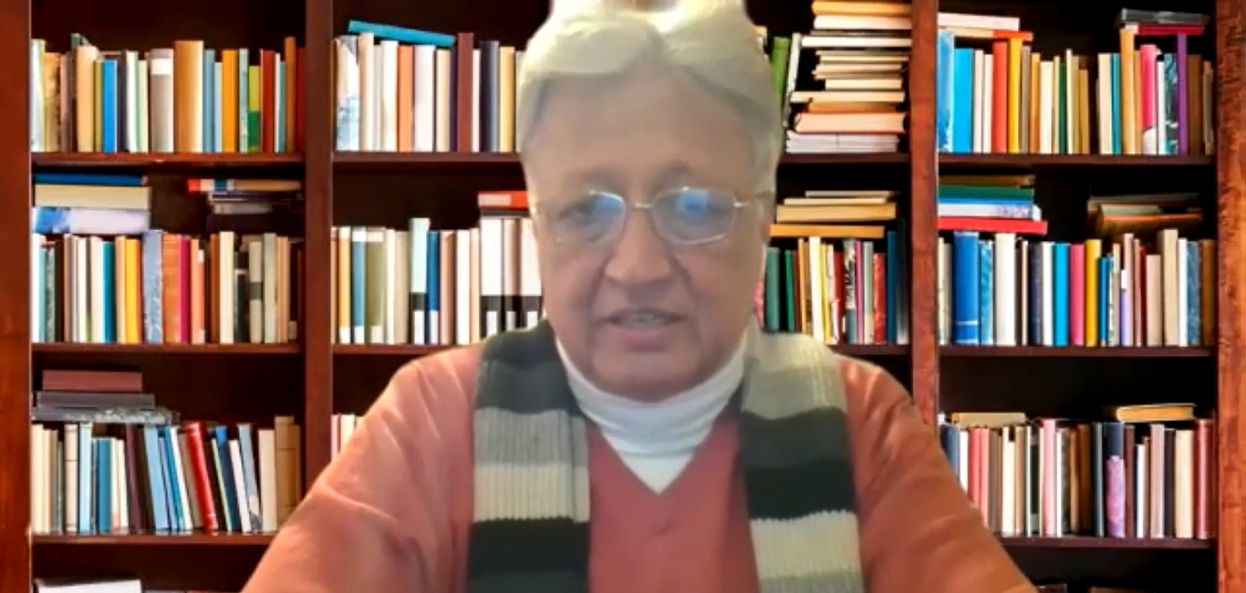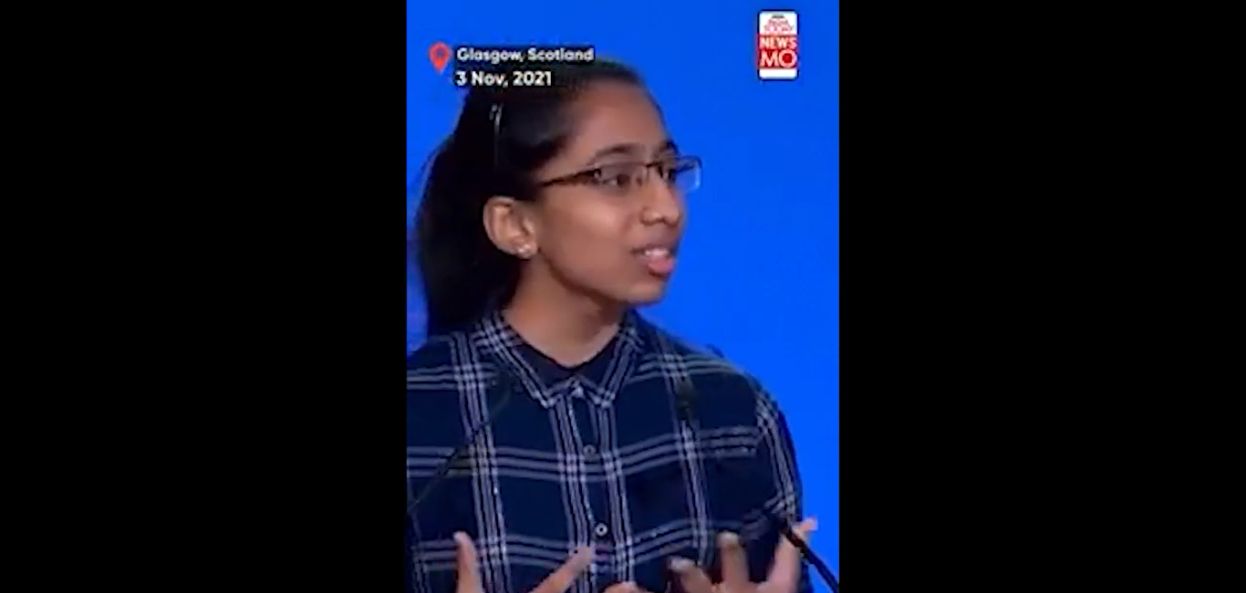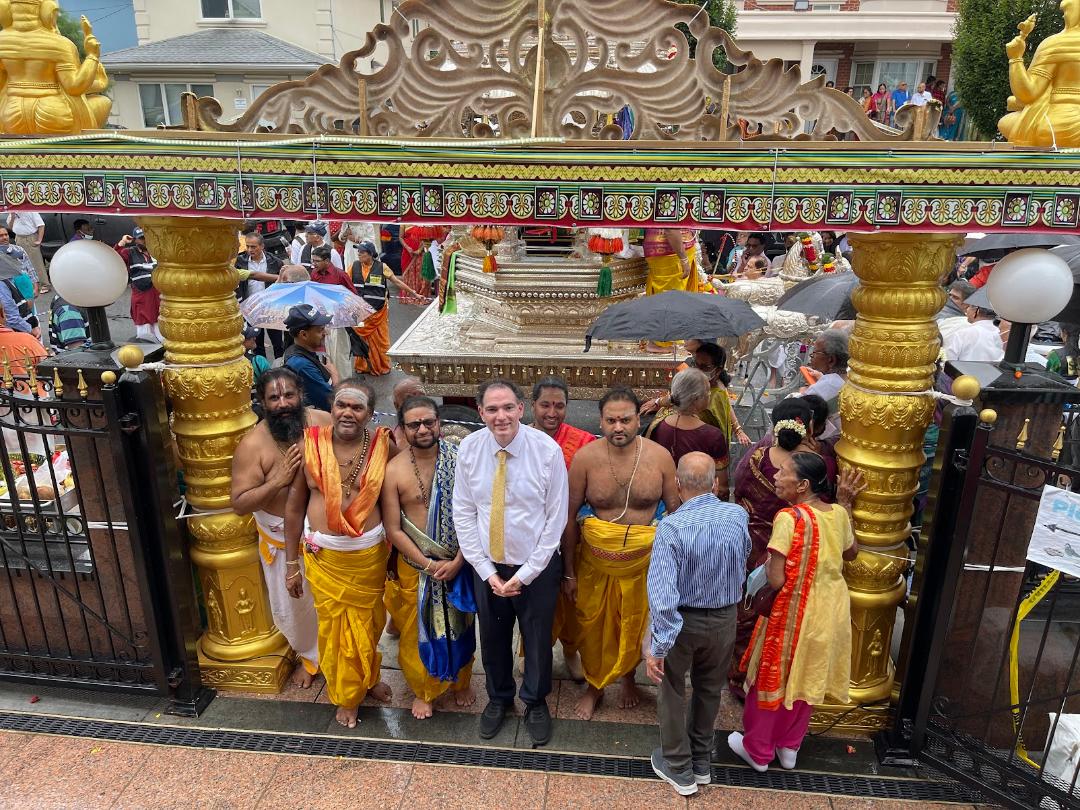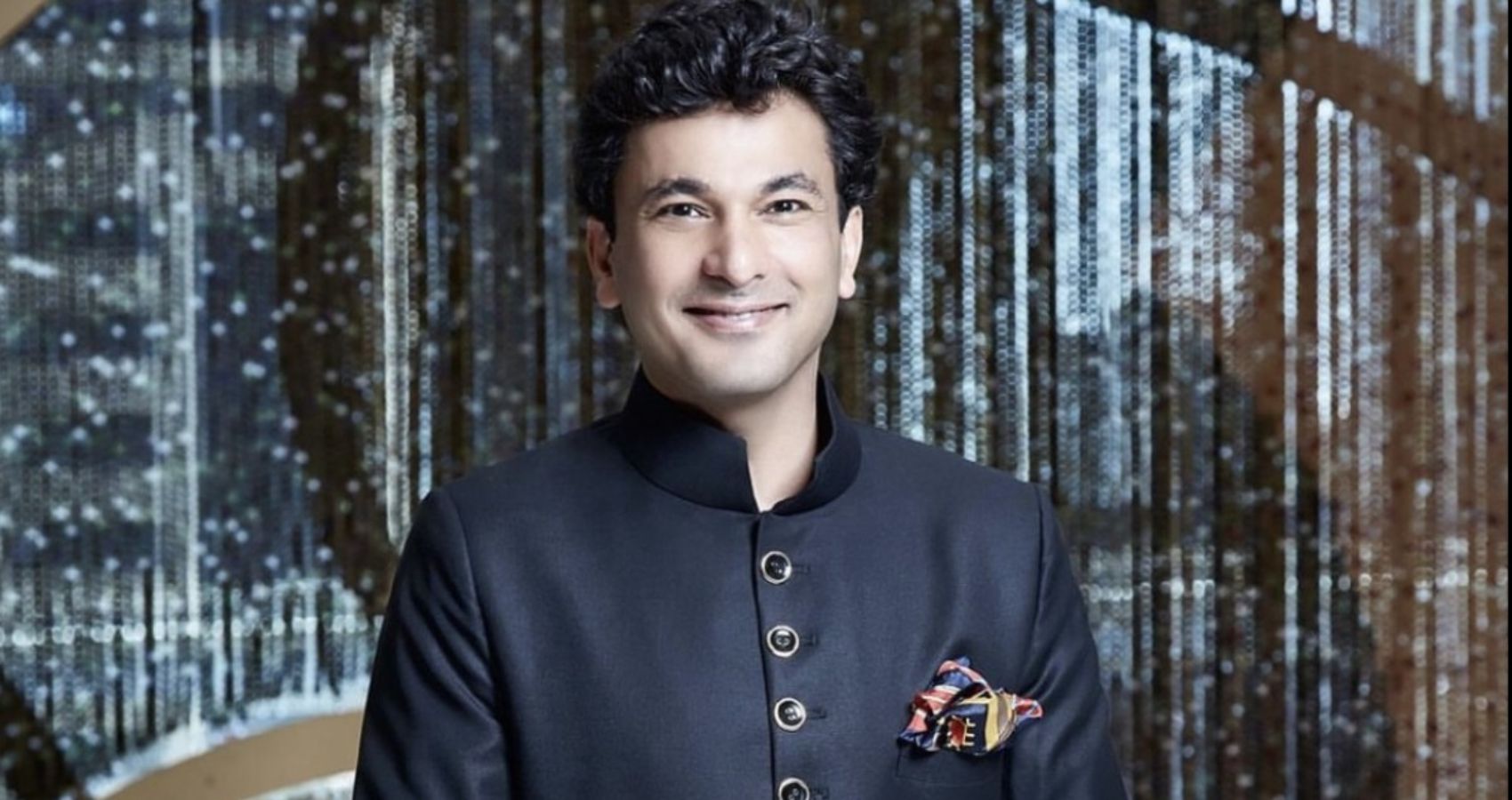In 2018, the global median level of government restrictions on religion – that is, laws, policies and actions by officials that impinge on religious beliefs and practices – continued to climb, reaching an all-time high since Pew Research Center began tracking these trends in 2007.
The year-over-year increase from 2017 to 2018 was relatively modest, but it contributed to a substantial rise in government restrictions on religion over more than a decade. In 2007, the first year of the study, the global median score on the Government Restrictions Index (a 10-point scale based on 20 indicators) was 1.8. After some fluctuation in the early years, the median score has risen steadily since 2011 and now stands at 2.9 for 2018, the most recent full year for which data is available.
The increase in government restrictions reflects a wide variety of events around the world, including a rise from 2017 to 2018 in the number of governments using force – such as detentions and physical abuse – to coerce religious groups.
The total number of countries with “high” or “very high” levels of government restrictions has been mounting as well. Most recently, that number climbed from 52 countries (26% of the 198 countries and territories included in the study) in 2017 to 56 countries (28%) in 2018. The latest figures are close to the 2012 peak in the top two tiers of the Government Restrictions Index.
As of 2018, most of the 56 countries with high or very high levels of government restrictions on religion are in the Asia-Pacific region (25 countries, or half of all countries in that region) or the Middle East-North Africa region (18 countries, or 90% of all countries in the region).
Rising government restrictions in the Asia-Pacific region
Out of the five regions examined in the study, the Middle East and North Africa continued to have the highest median level of government restrictions in 2018 (6.2 out of 10). However, Asia and the Pacific had the largest increase in its median government restrictions score, rising from 3.8 in 2017 to 4.4 in 2018, partly because a greater number of governments in the region used force against religious groups, including property damage, detention, displacement, abuse and killings.
In total, 31 out of 50 countries (62%) in Asia and the Pacific experienced government use of force related to religion, up from 26 countries (52%) in 2017. The increase was concentrated in the category of “low levels” of government use of force (between one and nine incidents during the year). In 2018, 10 Asia-Pacific countries fell into this category, up from five the previous year..
In Armenia, for example, a prominent member of the Baha’i faith was detained on religious grounds, according to members of the community.1 And in the Philippines, three United Methodist Church missionaries were forced to leave the country or faced issues with visa renewals after they were involved in investigating human rights violations on a fact-finding mission.
But the region also saw several instances of widespread use of government force against religious groups. In Burma (Myanmar), large-scale displacement of religious minorities continued. During the course of the year, more than 14,500 Rohingya Muslims were reported by Human Rights Watch to have fled to neighboring Bangladesh to escape abuses, and at least 4,500 Rohingya were stuck in a border area known as “no-man’s land,” where they were harassed by Burmese officials trying to get them to cross to Bangladesh.3 In addition, fighting between the Burmese military and armed ethnic organizations in the states of Kachin and Shan led to the displacement of other religious minorities, mostly Christians.
Meanwhile, in Uzbekistan, it is estimated that at least 1,500 Muslim religious prisoners remained in prison on charges of religious extremism or membership in banned groups. Some countries in the Asia-Pacific region saw all-time highs in their overall government restrictions scores. This includes China, which continued to have the highest score on the Government Restrictions Index (GRI) out of all 198 countries and territories in the study. China has been near the top of the list of most restrictive governments in each year since the inception of the study, and in 2018 it reached a new peak in its score (9.3 out of 10).
The Chinese government restricts religion in a variety of ways, including banning entire religious groups (such as the Falun Gong movement and several Christian groups), prohibiting certain religious practices, raiding places of worship and detaining and torturing individuals.6 In 2018, the government continued a detention campaign against Uighurs, ethnic Kazakhs and other Muslims in Xinjiang province, holding at least 800,000 (and possibly up to 2 million) in detention facilities “designed to erase religious and ethnic identities,” according to the U.S. State Department.
Tajikistan also stands out with a GRI score of 7.9, an all-time high for that country. In 2018, the Tajik government amended its religion law, increasing control over religious education domestically and over those who travel abroad for religious education. The amendment also requires religious groups to report their activities to authorities and requires state approval for appointing imams. Throughout the year, the Tajik government continued to deny minority religious groups, such as Jehovah’s Witnesses, official recognition. In January, Jehovah’s Witnesses reported that more than a dozen members were interrogated by police and pressured to renounce their faith.
While these are examples of countries with “very high” government restrictions on religion in Asia and the Pacific, there also are several notable countries in the “high” category that experienced an increase in their scores. India, for example, reached a new peak in its GRI score in 2018, scoring 5.9 out of 10 on the index, while Thailand also experienced an all-time high (5.4).
In India, anti-conversion laws affected minority religious groups. For example, in the state of Uttar Pradesh in September, police charged 271 Christians with attempting to convert people by drugging them and “spreading lies about Hinduism.” Furthermore, throughout the year, politicians made comments targeting religious minorities. In December, the Shiv Sena Party, which holds seats in parliament, published an editorial calling for measures such as mandatory family planning for Muslims to limit their population growth. And law enforcement officials were involved in cases against religious minorities: In Jammu and Kashmir, four police personnel, among others, were arrested in connection with the kidnapping, rape and killing of an 8-year-old girl from a nomadic Muslim family, reportedly to push her community out of the area.
In Thailand, as part of broader immigration raids in 2018, the government arrested hundreds of immigrants who allegedly did not have legal status, including religious minorities from other countries who were seeking asylum or refugee status. Among the detainees were Christians and Ahmadi Muslims from Pakistan as well as Christian Montagnards from Vietnam. During the year, Thai authorities also detained six leading Buddhist monks, a move that the government said was an effort to curb corruption but that some observers called a politically motivated attempt to assert control over temples. Government restrictions on religion in other regions
While Asia and the Pacific had the largest increases in their Government Restrictions Index scores, the Middle East and North Africa still had the highest median level of government restrictions, with a score of 6.2 on the GRI – up from 6.0 in 2017, more than double the global median (2.9), and at its highest point since the aftermath of the Arab Spring in 2012.
As in Asia, the rise in GRI scores in the Middle East and North Africa was partly due to more governments using force against religious groups. All but one country in the region had reports of government use of force related to religion in 2018, although many were at the lowest level (between one and nine incidents). In Jordan, for example, a media personality and an editor employed at his website were detained and charged with “sectarian incitement and causing religious strife” for posting on Facebook a cartoon of a Turkish chef sprinkling salt at Jesus’ Last Supper.
But government force against religious groups was much more widespread in some countries in the region. In Saudi Arabia, for instance, more than 300 Shiite Muslims remained in prison in the country’s Eastern Province, where the government has arrested more than 1,000 Shiites since 2011 in connection with protests for greater rights.
Aside from Asia-Pacific and the Middle East-North Africa, sub-Saharan Africa was the only other region to experience an increase in its median level of government restrictions in 2018 (from 2.6 to 2.7), reaching a new high following a steady rise in recent years. While government use of force against religious groups decreased in the region, both harassment of religious groups and physical violence against minority groups went up.
More than eight-in-ten countries in the sub-Saharan region (40 out of 48) experienced some form of government harassment of religious groups, and 14 countries (29%) had reports of governments using physical coercion against religious minorities. In Mozambique, for example, the government arbitrarily detained men, women and children who appeared to be Muslim in response to violent attacks on civilians and security forces by an insurgent group. According to media and local organizations, the government response to the attacks was “heavy-handed.”13
Europe experienced a small decline in its median level of government restrictions, falling from 2.9 in 2017 to 2.8 in 2018, although government use of force increased slightly (see Chapter 3 for details). The median level of government restrictions in the Americas, meanwhile, remained stable between 2017 and 2018, as the region continued to experience the lowest levels of government restrictions compared with all other regions. Social hostilities involving religion declined slightly in 2018.
This is the 11th annual report in this continuing study, which looks not only at government restrictions on religion but also at social hostilities involving religion – that is, acts of religion-related hostility by private individuals, organizations or groups in society.
The new analysis finds that globally, social hostilities declined slightly in 2018 after hitting an all-time high the prior year. The median score on the Social Hostilities Index (a 10-point scale based on 13 measures of social hostilities involving religion) fell from 2.1 in 2017 to 2.0 in 2018. This small decline was partly due to fewer reports of incidents in which some religious groups (usually of a majority faith in a particular country) attempted to prevent other religious groups (usually of minority faiths) from operating. There also were fewer reports of individuals being assaulted or displaced from their homes for religious expression that goes against the majority faith in a country.
The number of countries with “high” or “very high” levels of social hostilities involving religion also declined slightly from 56 (28% of all 198 countries and territories in the study) to 53 (27%). This includes 16 European countries (36% of all countries in Europe), 14 in the Asia-Pacific region (28% of all Asia-Pacific countries) and 11 in the Middle East and North Africa (55% of MENA countries).
Taken together, in 2018, 40% of the world’s countries (80 countries overall) had “high” or “very high” levels of overall restrictions on religion — reflecting either government actions or hostile acts by private individuals, organizations or social groups – down slightly from 42% (83 countries) in 2017. This remains close to the 11-year peak that was reached in 2012, when 43% (85 countries) had high or very high levels of overall restrictions. By this combined measure, as of 2018, all 20 countries in the Middle East-North Africa region have high overall restrictions on religion, as do more than half of Asia-Pacific countries (27 countries, or 54% of the region) and more than a third of countries in Europe (17 countries, 38%).
In this report, for the first time, Pew Research Center combined its data on government restrictions and social hostilities involving religion with a classification of regime types, based on the Democracy Index compiled by the Economist Intelligence Unit.14 Researchers did this to discern whether there is a link between different models of government and levels of restrictions on religion – in other words, whether restrictions on religion tend to be more or less common in countries with full or partial democracies than in those with authoritarian regimes.
The analysis finds a strong association between authoritarianism and government restrictions on religion. While there are many exceptions to this pattern, authoritarian regimes are much more common among the countries with very high government restrictions on religion – roughly two-thirds of these countries (65%) are classified as authoritarian. Among countries with low government restrictions on religion, meanwhile, just 7% are authoritarian.
There is less of a clear pattern when it comes to social hostilities involving religion. There are no countries classified by the Economist Intelligence Unit as full democracies that have very high levels of social hostilities involving religion (just as there are no full democracies with very high levels of government restrictions involving religion). At the same time, there are many authoritarian countries with low levels of social hostilities involving religion, suggesting that in some cases, a government may restrict religion through laws and actions by state authorities while limiting religious hostilities among its citizens.
When looking at countries with very high government restrictions on religion, Pew Research Center found that of the 26 countries in this category whose regimes were scored by the EIU on its Democracy Index in 2018, 17 (65%) were classified as authoritarian, three were hybrid regimes (12%) and three were flawed democracies (12%). There were no countries with very high government restrictions that were full democracies.16 The three countries with very high government restrictions that were classified as flawed democracies – Malaysia, Indonesia and Singapore – all are regionally clustered in Southeast Asia.
Of the 30 countries with high government restrictions on religion, there were 12 authoritarian states (40%), 11 hybrid regimes (37%) and six flawed democracies (20%), according to the EIU Democracy Index. One full democracy, Denmark, also was in this category. In 2018, Denmark fell into the high government restrictions category for the first time, with its score driven partly by a ban on face coverings, which included Islamic burqas and niqabs, that went into effect that year.
At the other end of the spectrum, among the 74 countries with low government restrictions, just five were classified as authoritarian (7%), 13 were hybrid regimes (18%), 27 were flawed democracies (36%) and seven were full democracies (9%). The countries with low government restrictions on religion that were also classified as authoritarian by the Democracy Index are all in sub-Saharan Africa: Gabon, Guinea-Bissau, Republic of the Congo, Swaziland and Togo. There was no Democracy Index classification of regime type for 22 countries with low government restrictions.
In terms of social hostilities involving religion, the picture is more mixed – which makes sense given that social hostilities look at actions by private individuals or social groups and do not directly originate from government actions.
Among the 10 countries with very high levels of social hostilities, there were four authoritarian states, three hybrid regimes and three flawed democracies – India, Israel and Sri Lanka. Again, like countries with very high government restrictions, there were no full democracies with very high levels of social hostilities.
Among the 43 countries with high levels of social hostilities, nine were classified as authoritarian (21%), 14 were hybrid regimes (33%), 13 were flawed democracies (30%) and five were full democracies (12%).
The five countries categorized as full democracies with high levels of social hostilities are all in Europe – Denmark, Germany, the Netherlands, Switzerland and the United Kingdom – and all had reports of anti-Muslim and anti-Semitic incidents. In Switzerland, for instance, Muslim groups reported growing anti-Muslim sentiments due to negative coverage by the media and hostile discourse on Islam by right-leaning political parties. During the year, for instance, a journalist who had initiated a local ban on face coverings handed out a “Swiss Stop Islam Award” of about $2,000 USD to three recipients.
Among the 81 countries with low levels of social hostilities in 2018, there were 24 with no data on regime types (mostly small island nations the Democracy Index does not cover). Those with data are most commonly classified as flawed democracies (26 countries, or 32% of the 81 countries with low social hostilities).
But, strikingly, 17 countries (21%) with low social hostilities involving religion were classified as authoritarian – including countries like Eritrea and Kazakhstan, which have very high government restrictions on religion. In addition, several other authoritarian states with very high government restrictions on religion – such as China, Iran and Uzbekistan – have only moderate levels of social hostilities involving religion. In these cases, high levels of government control over religion may lead to fewer hostilities by nongovernment actors.

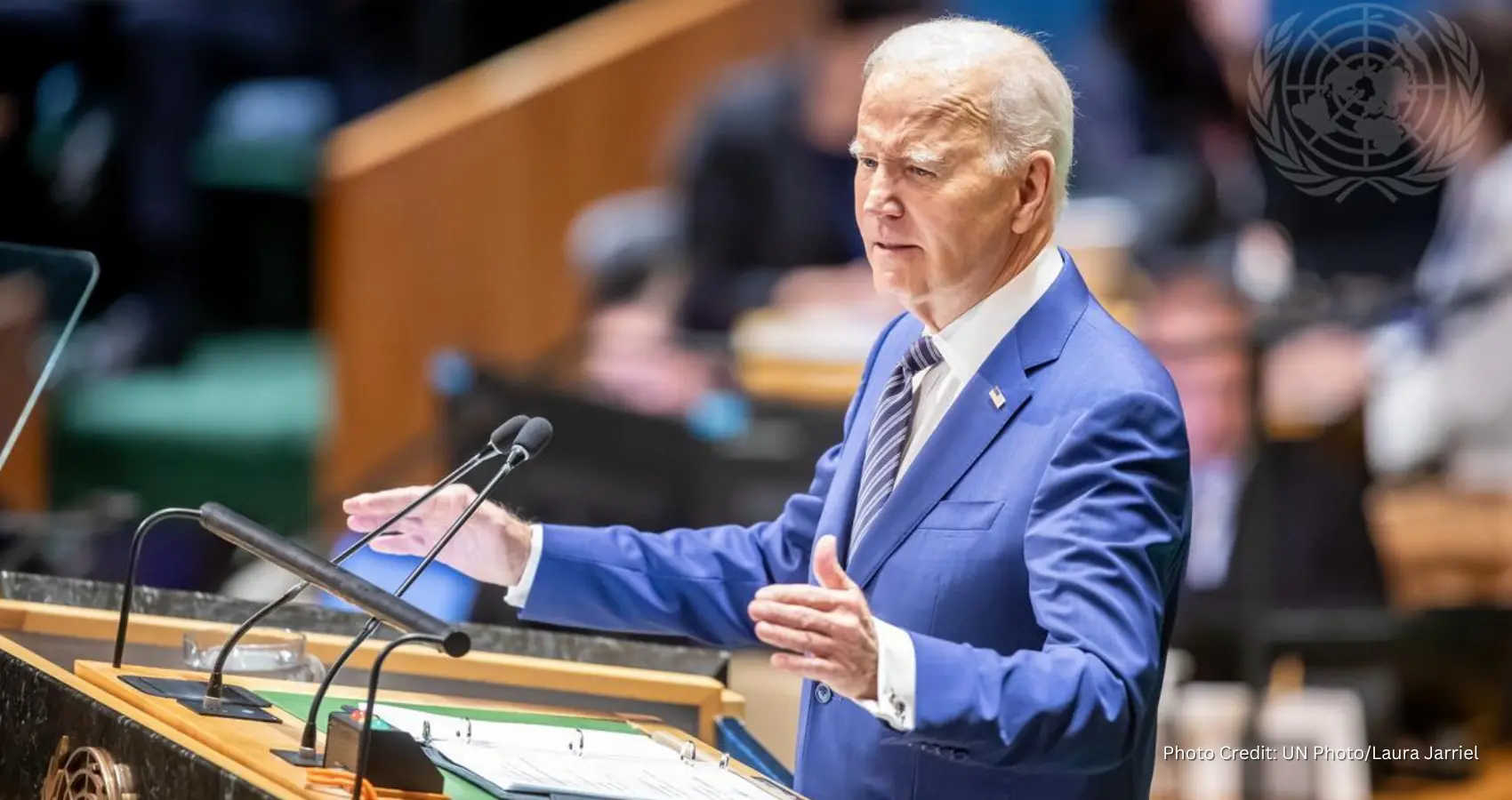
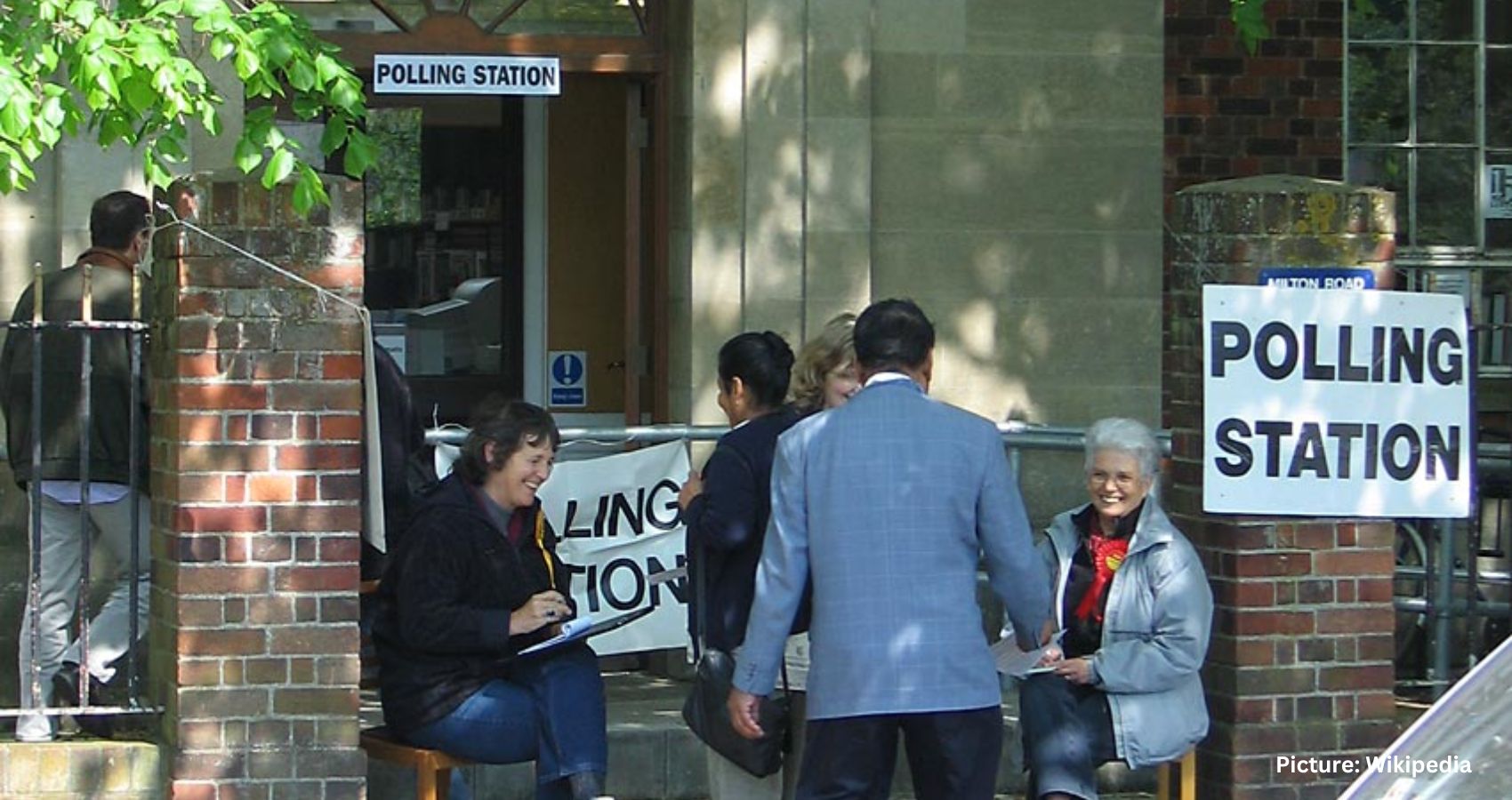
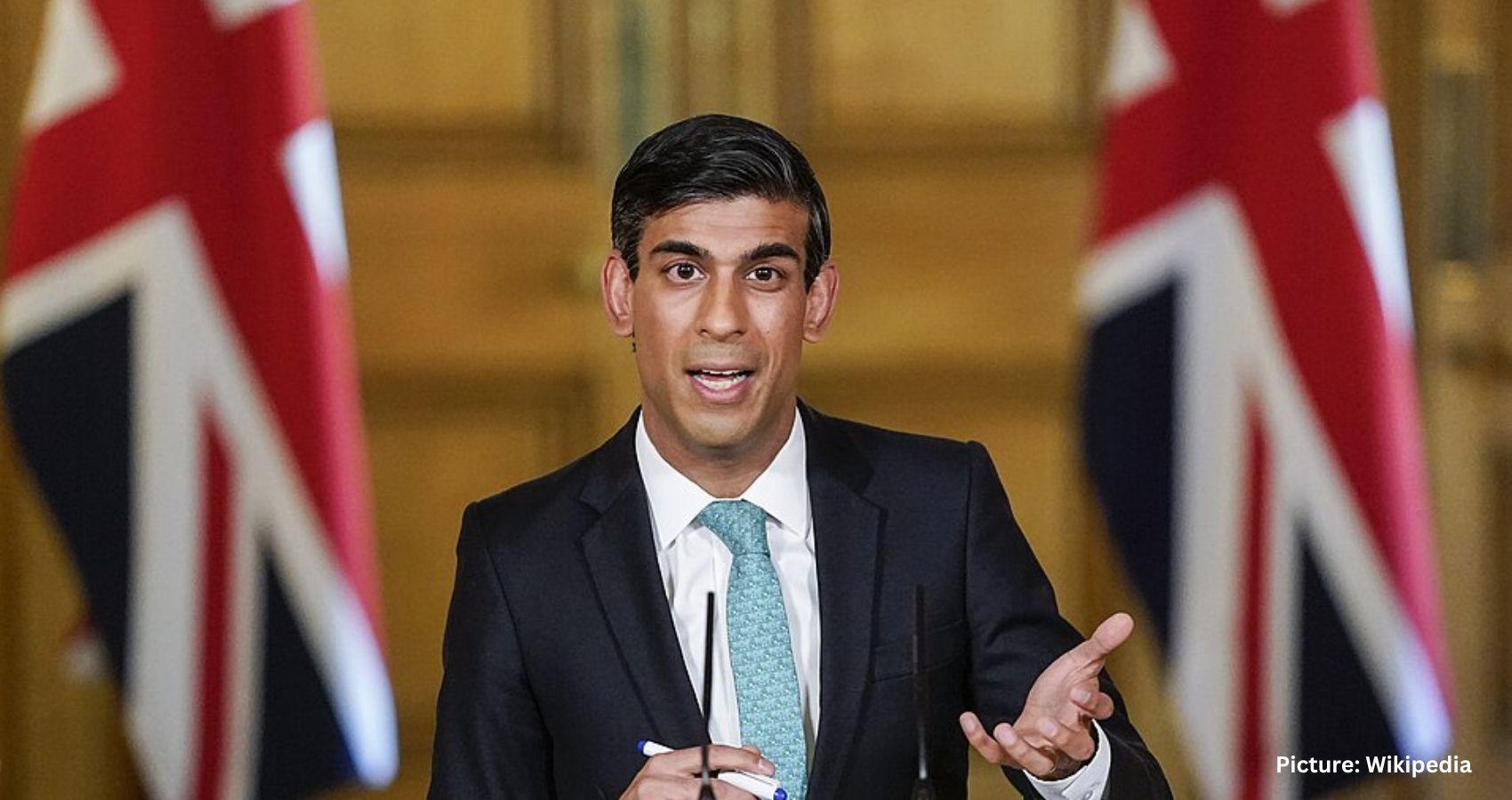
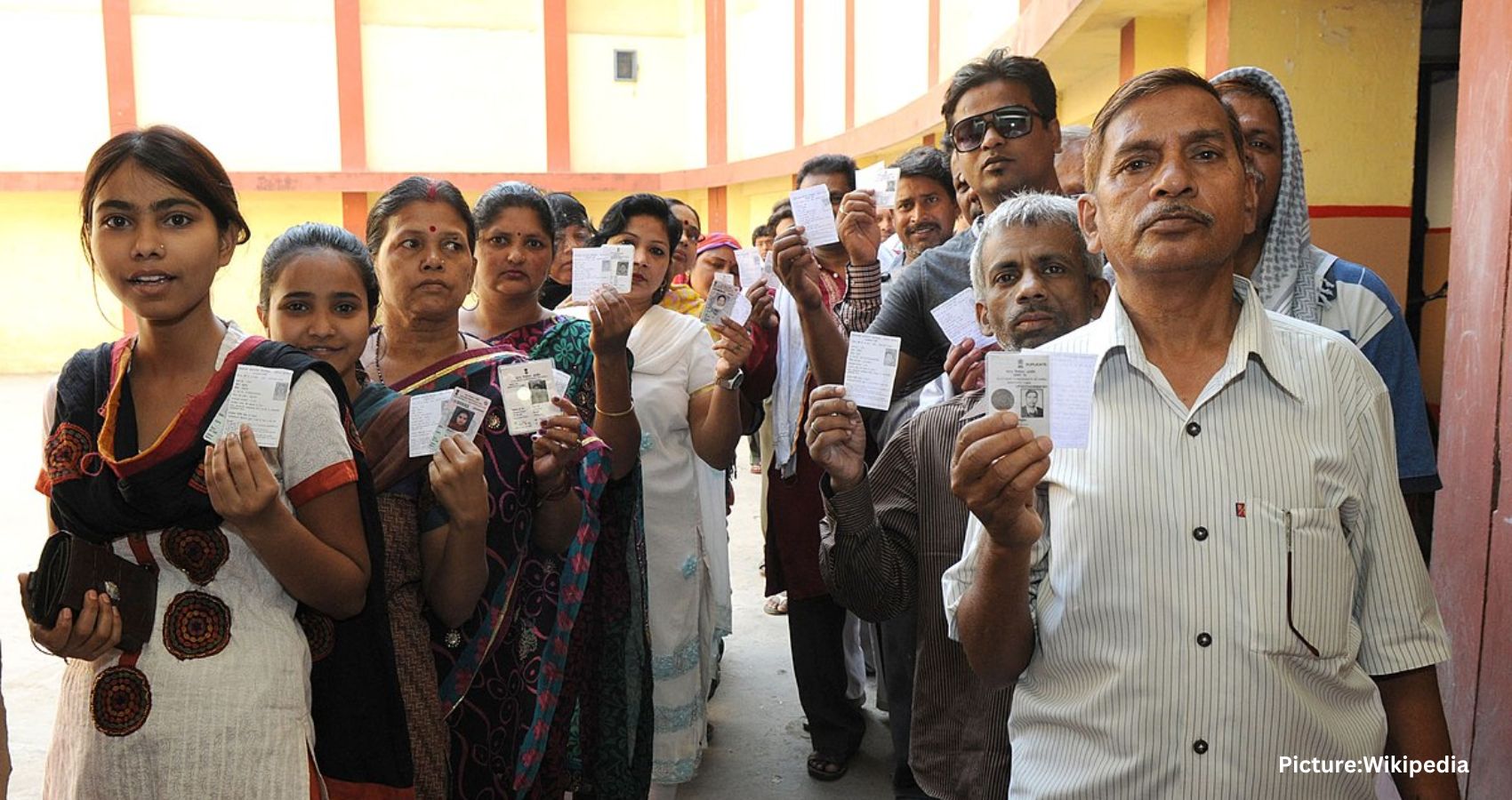

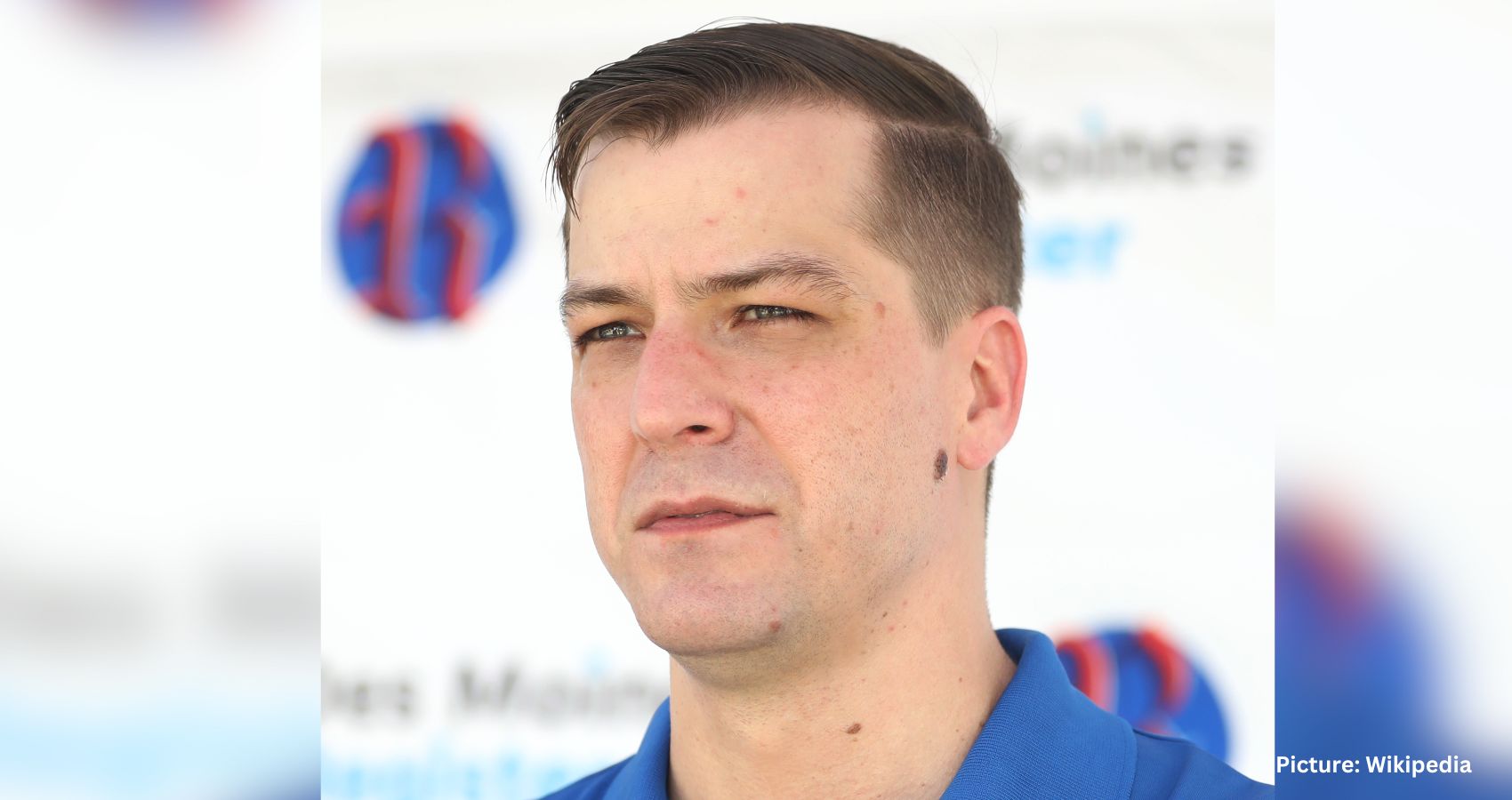
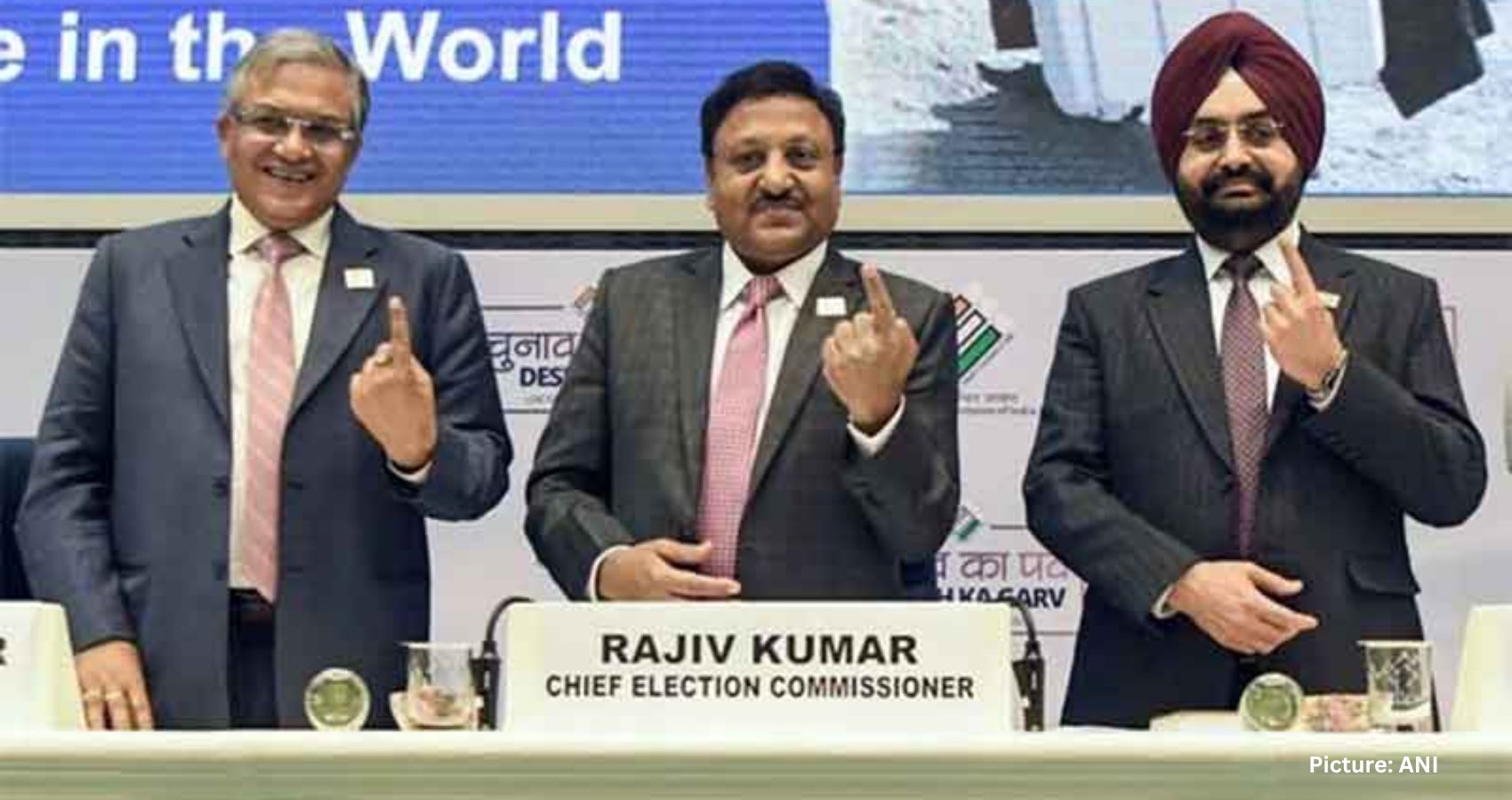
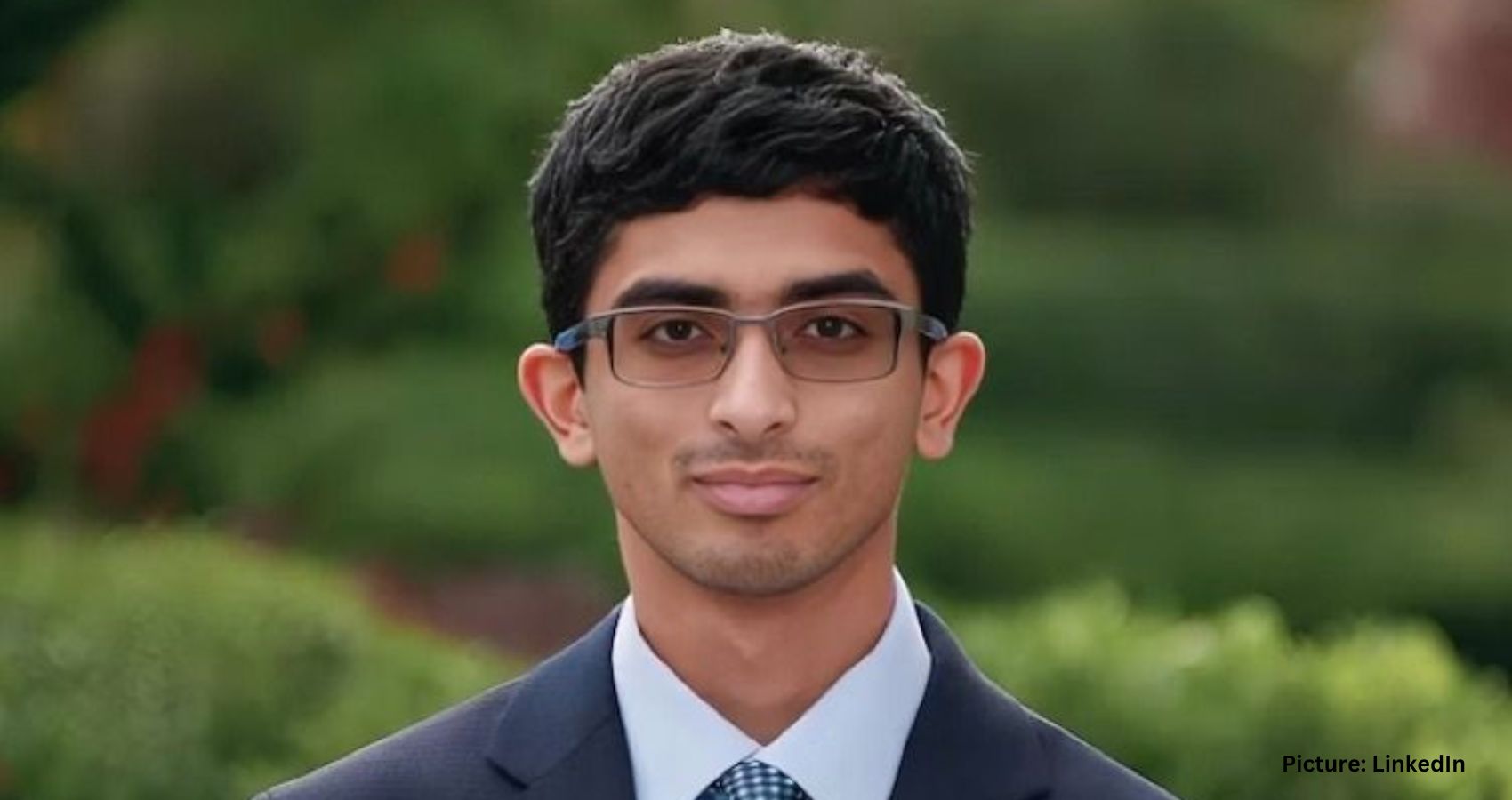
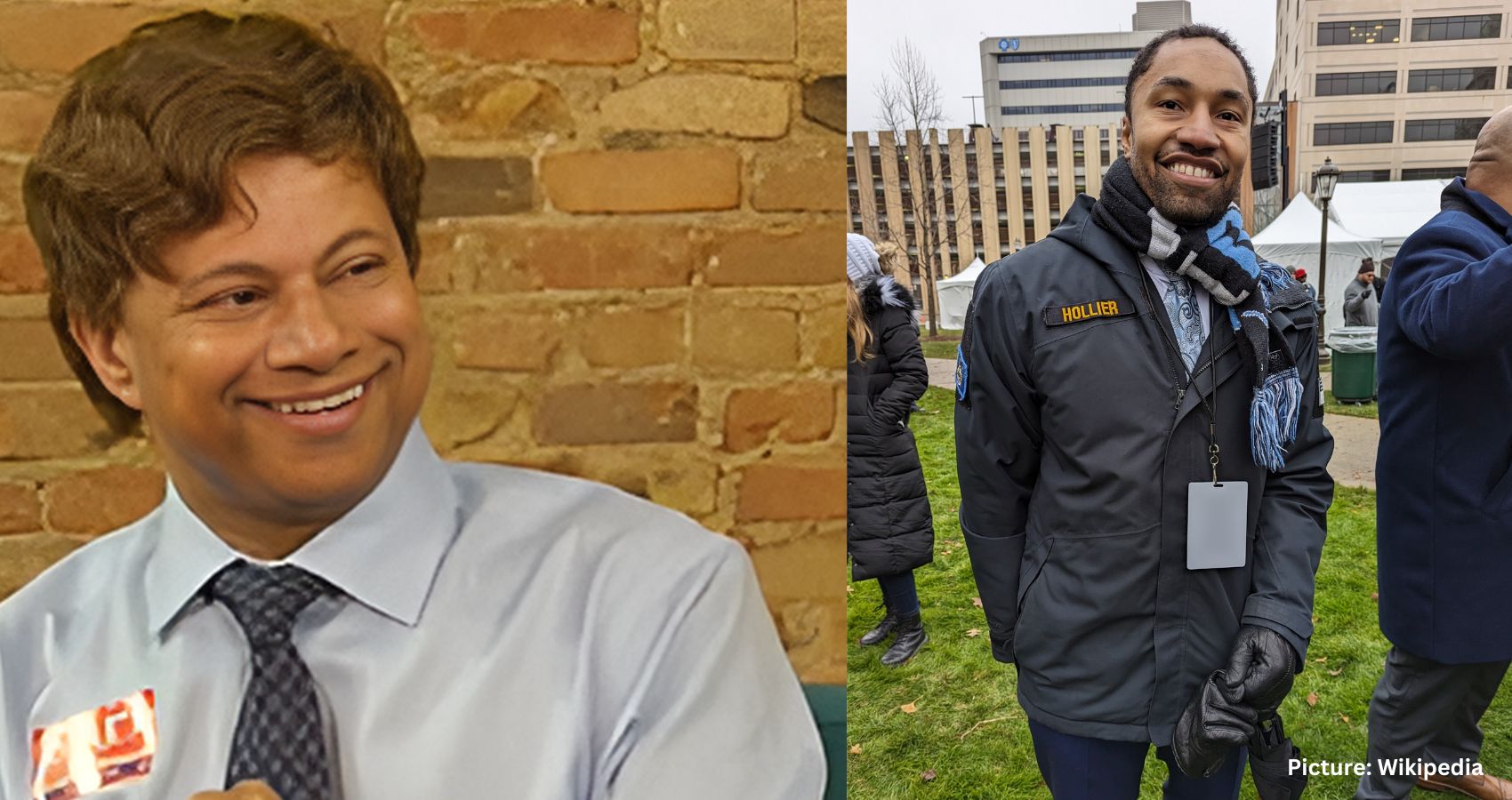
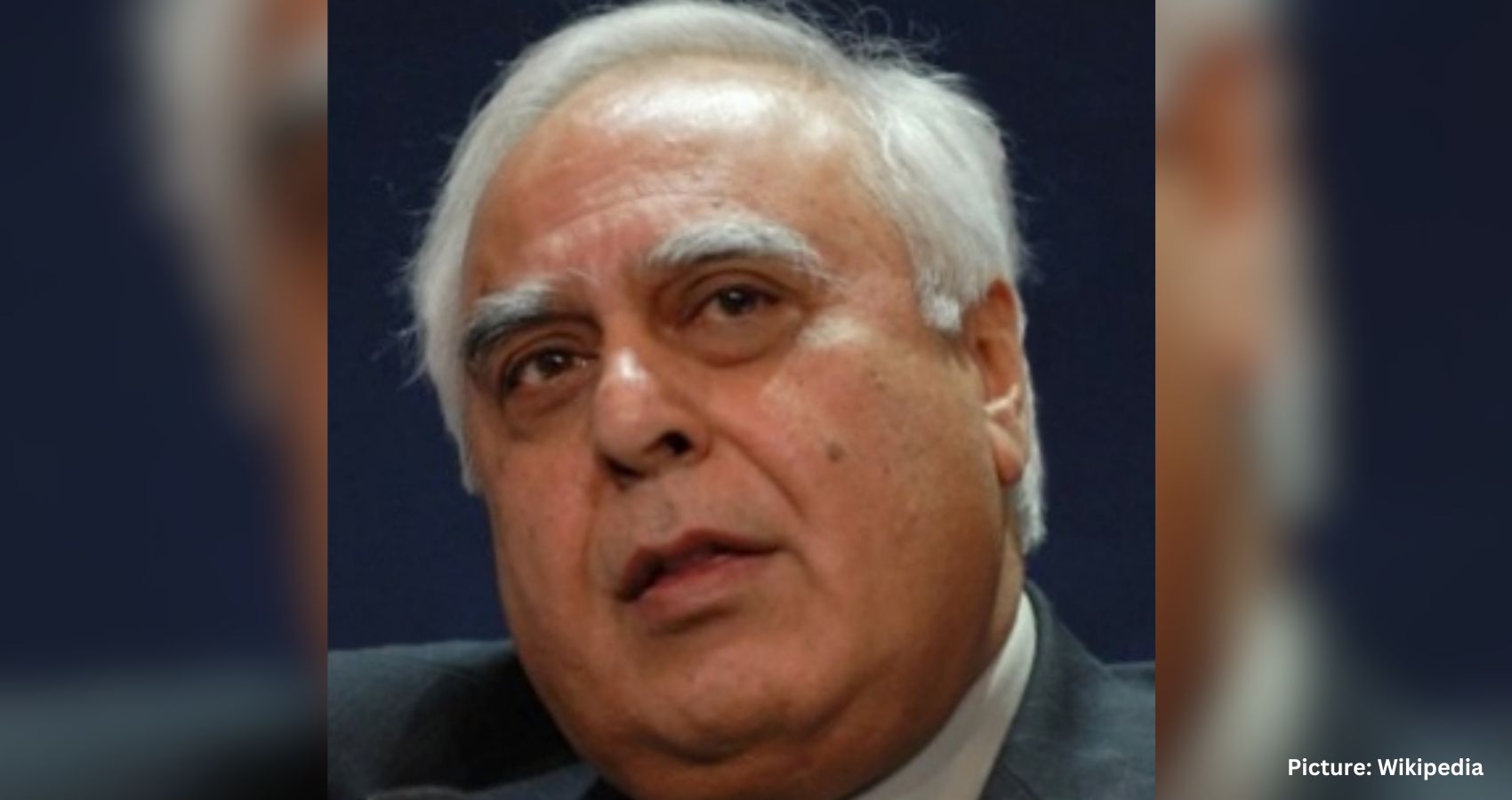

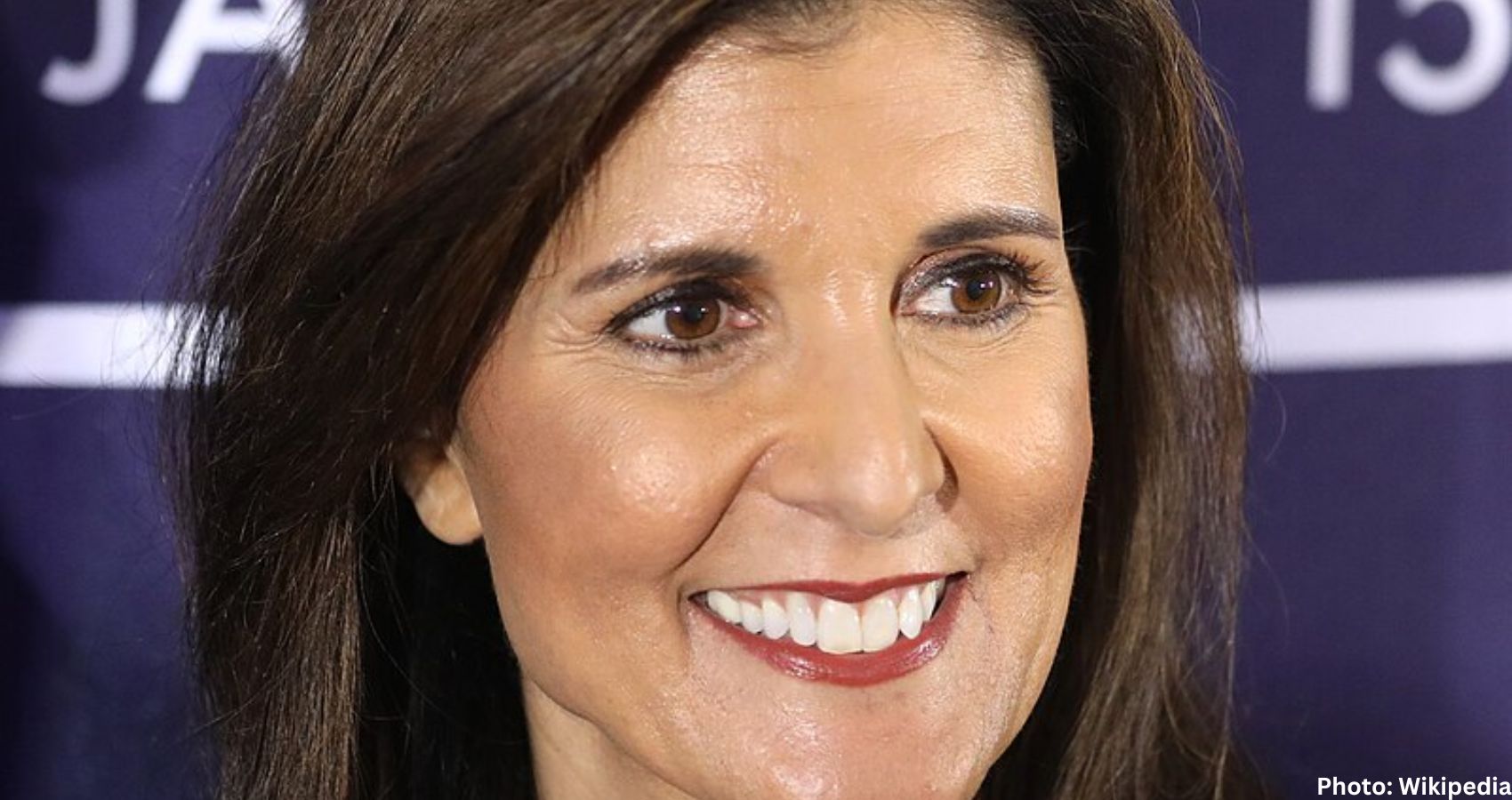
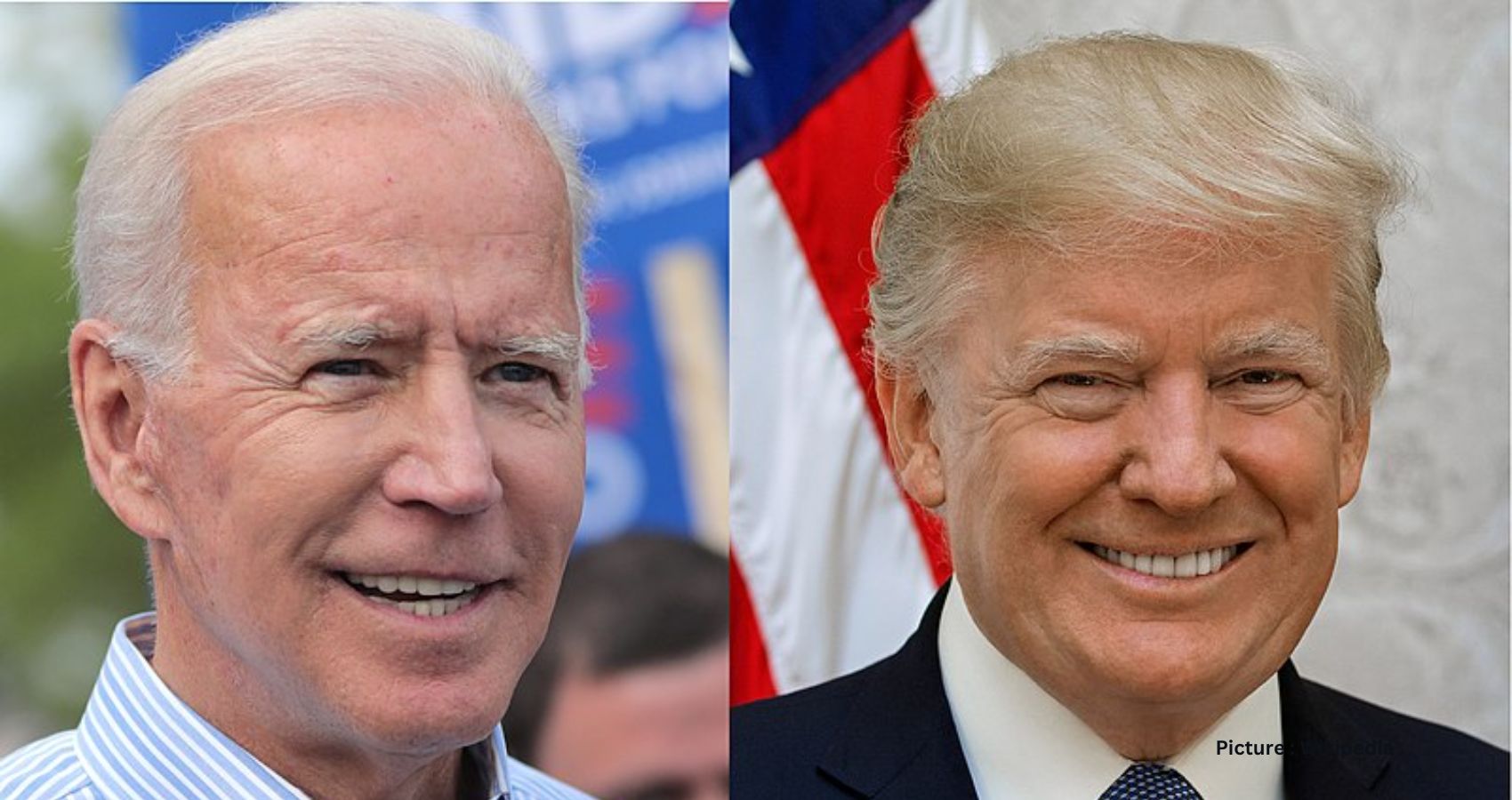
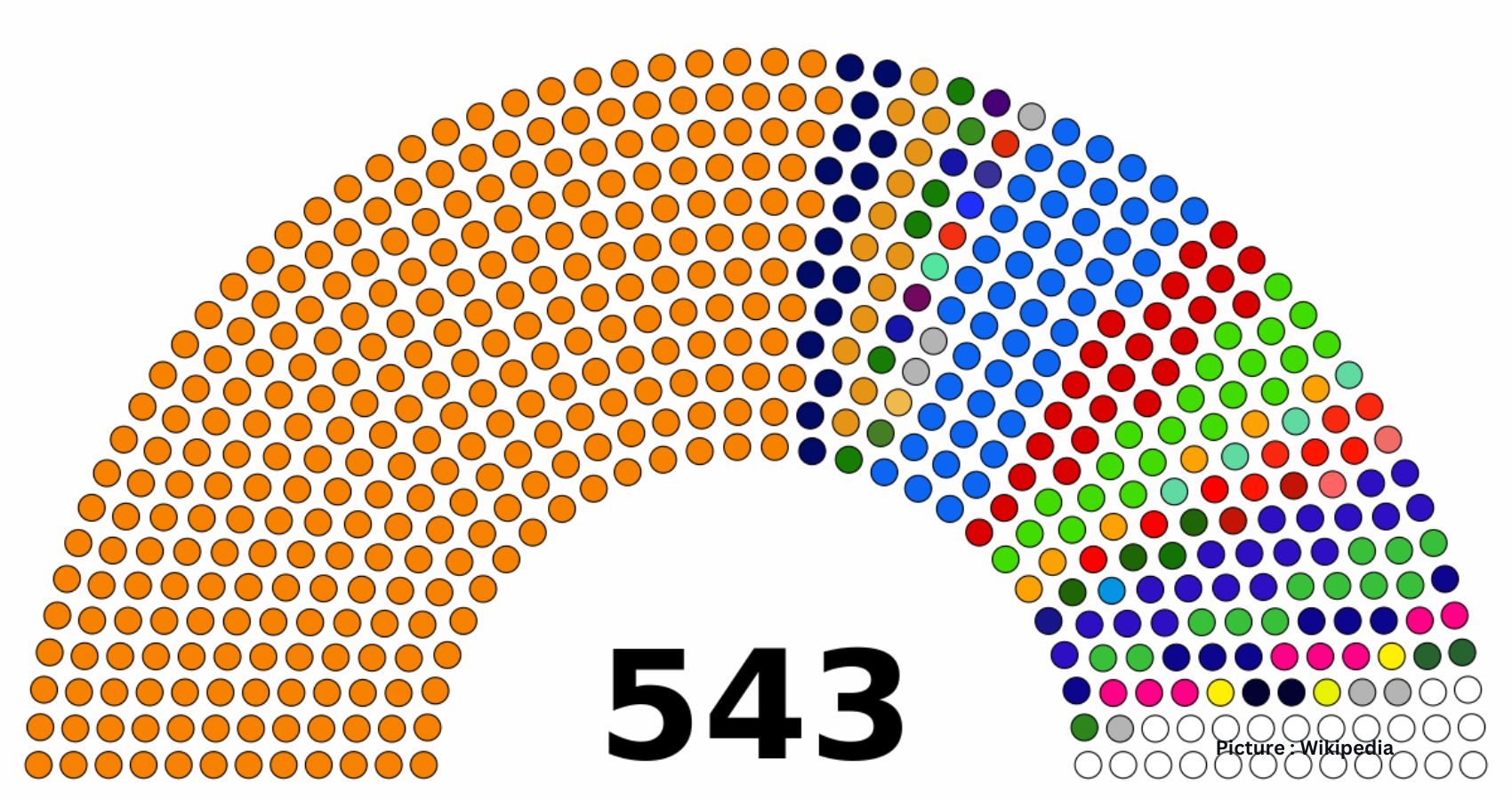
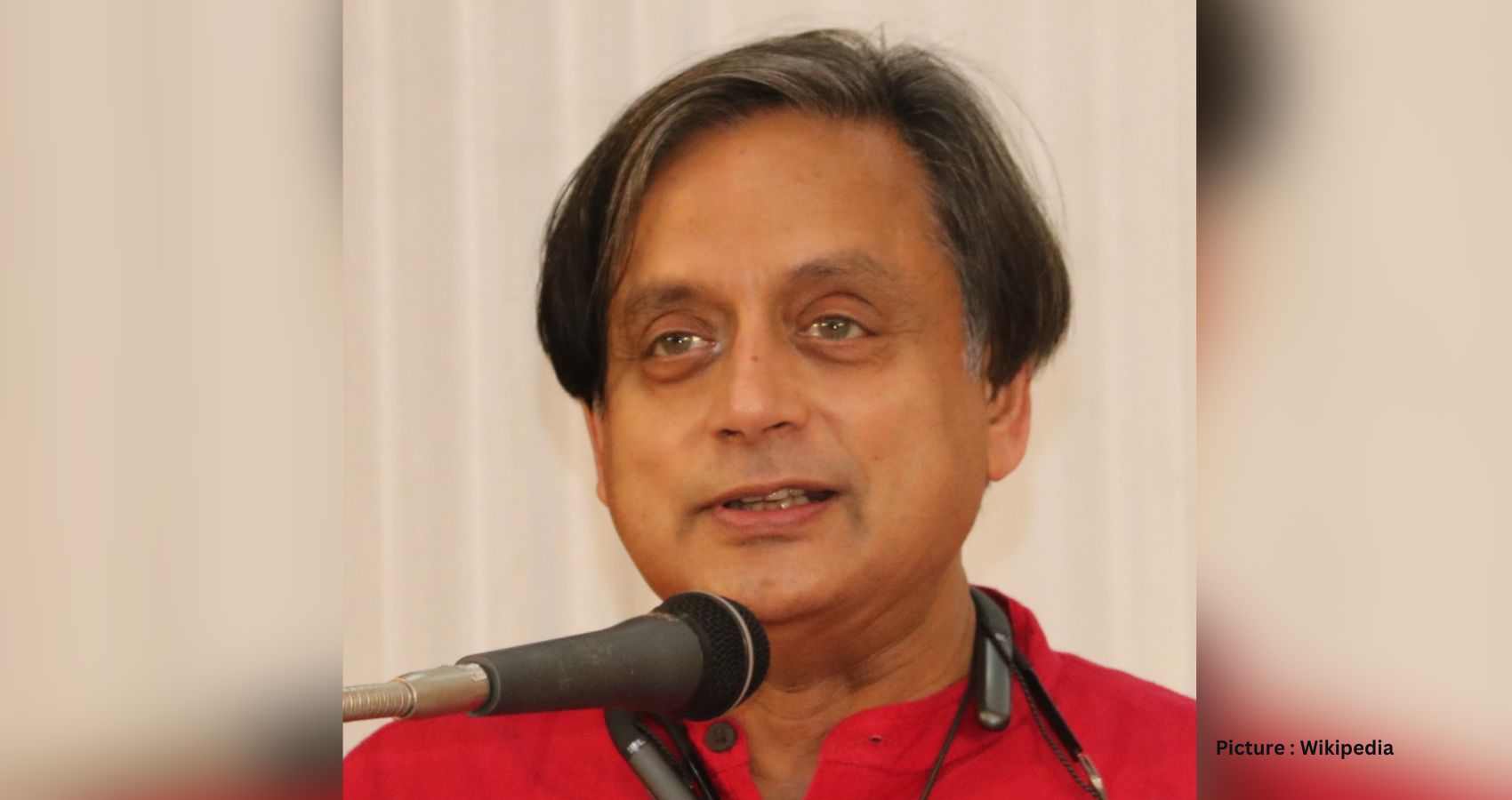
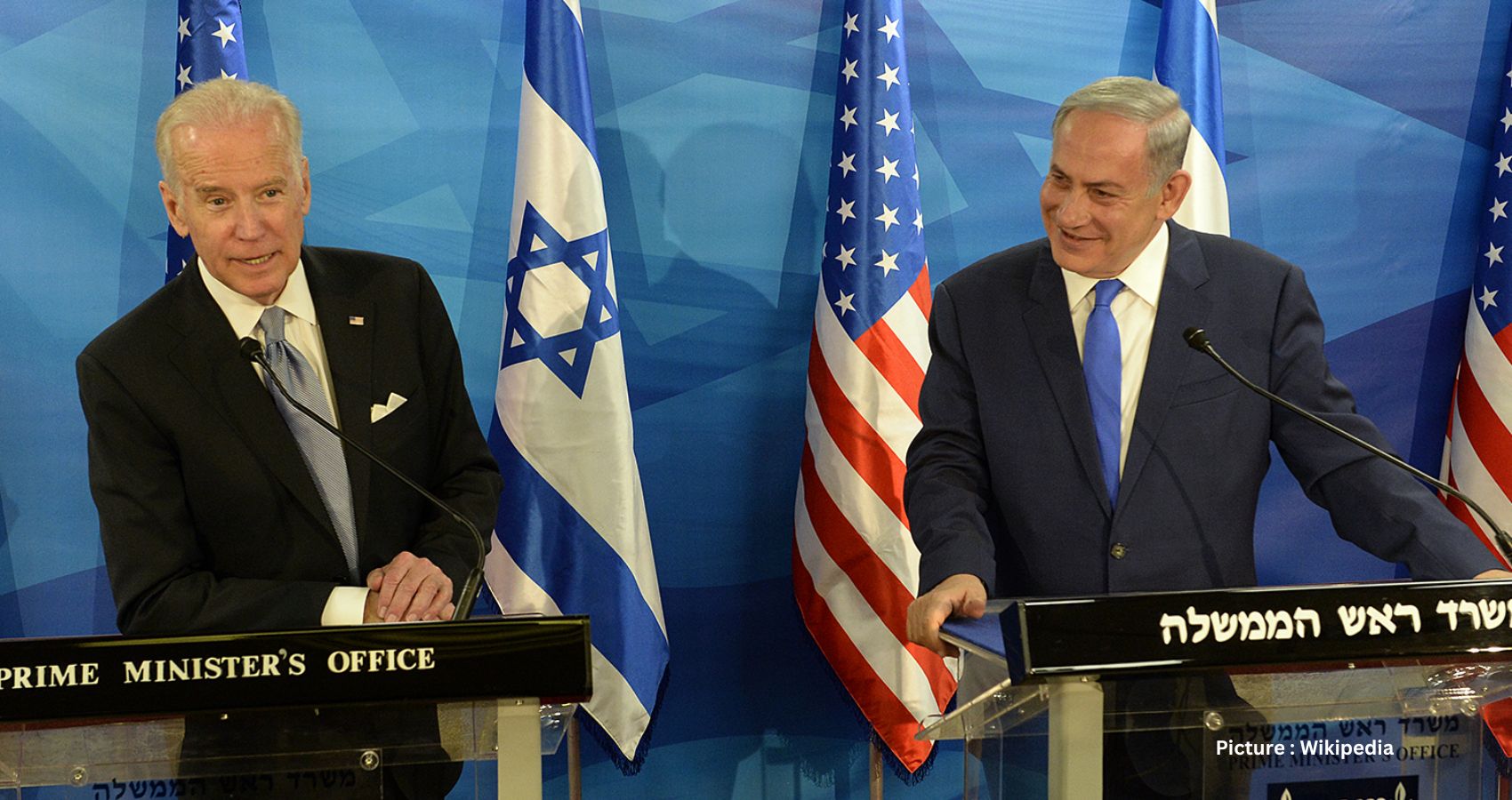

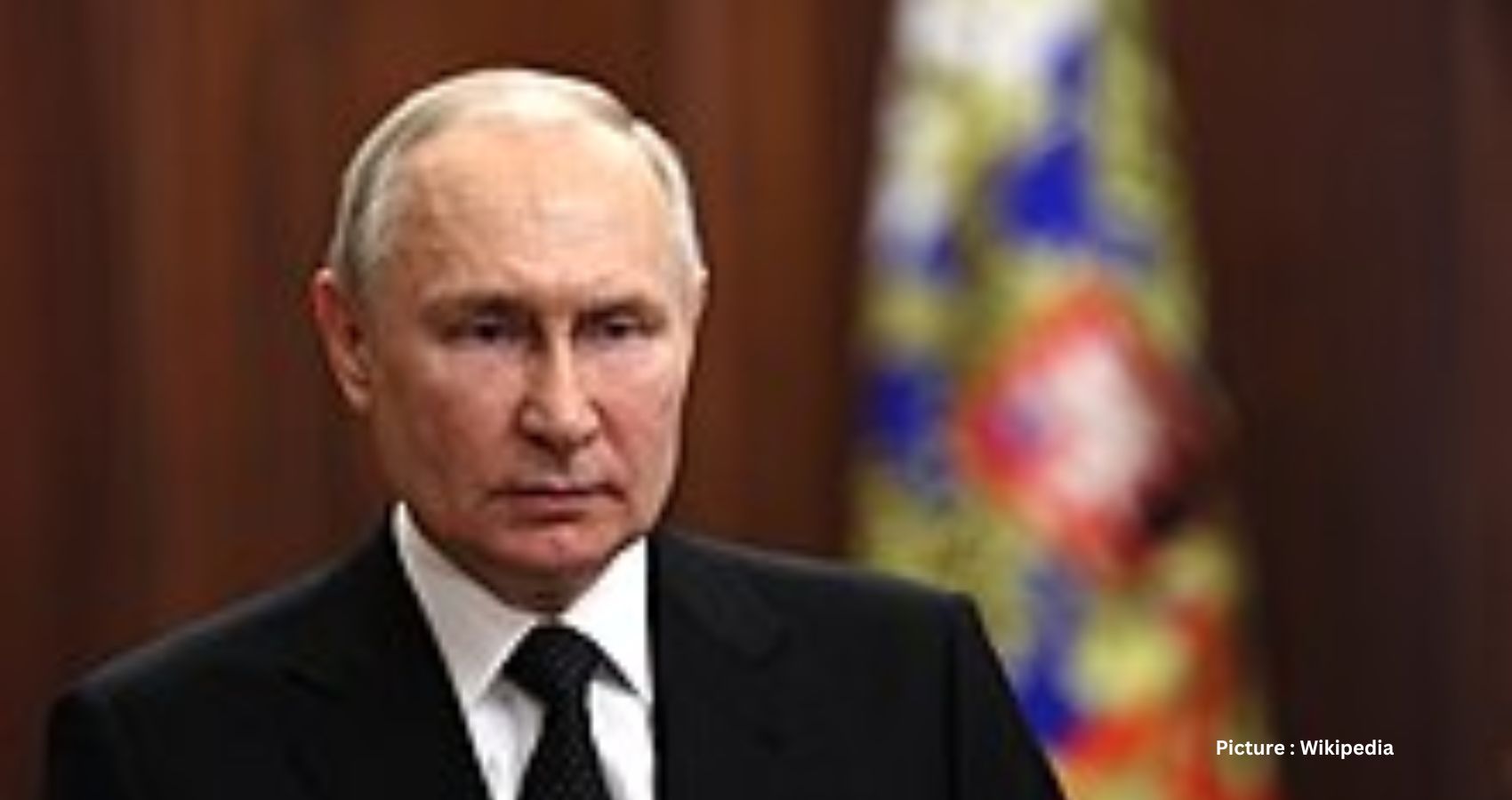
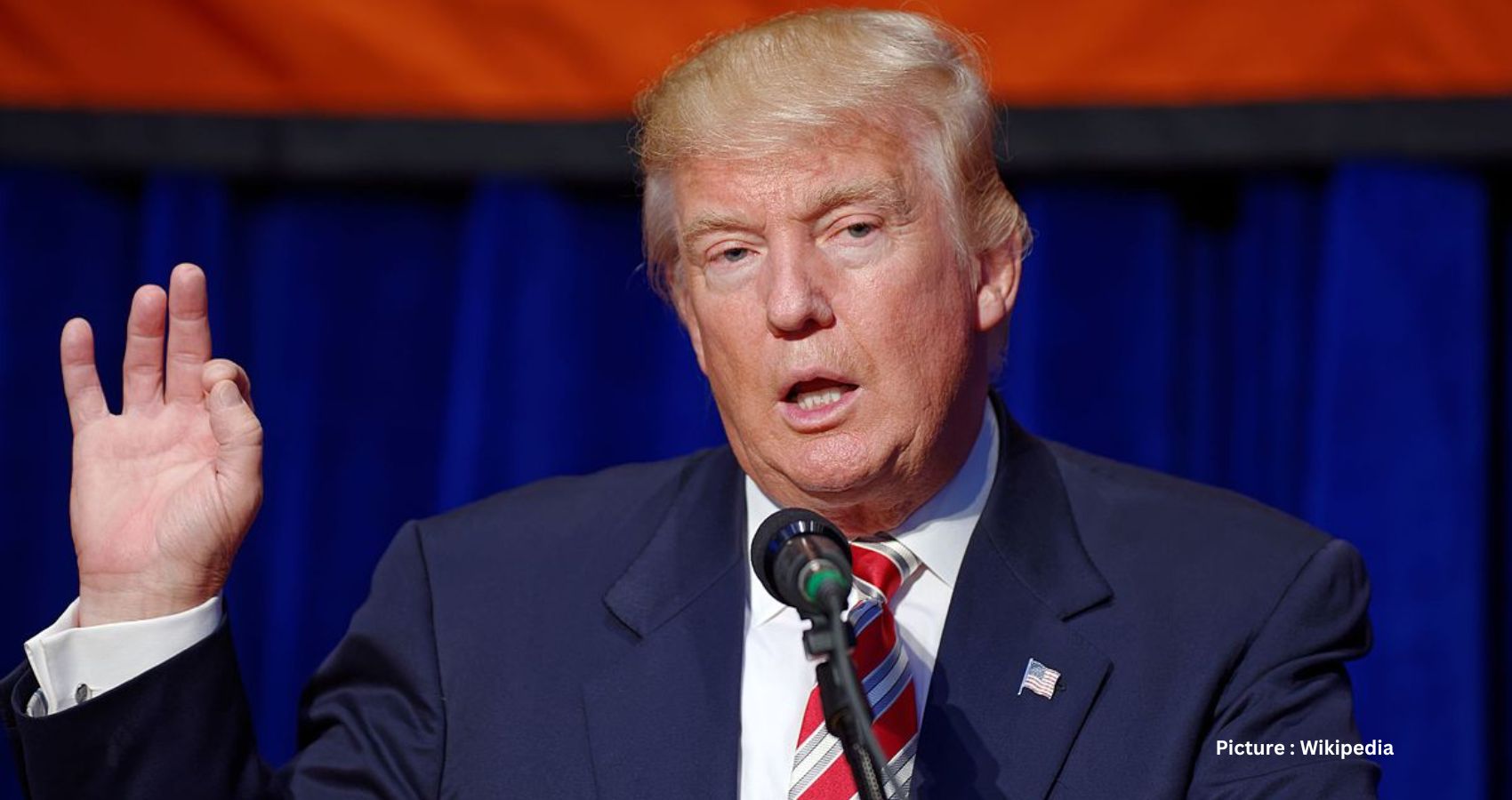


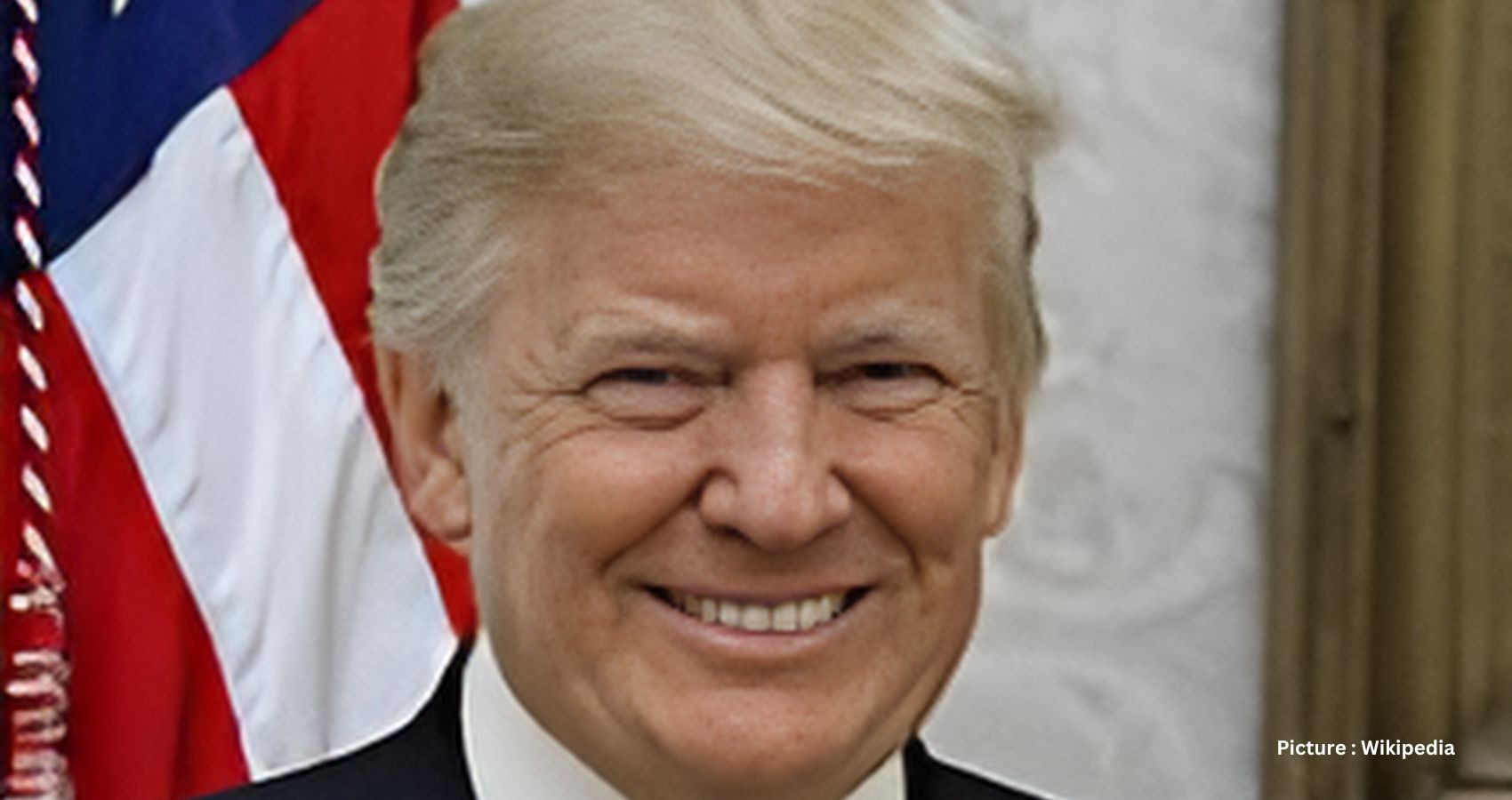
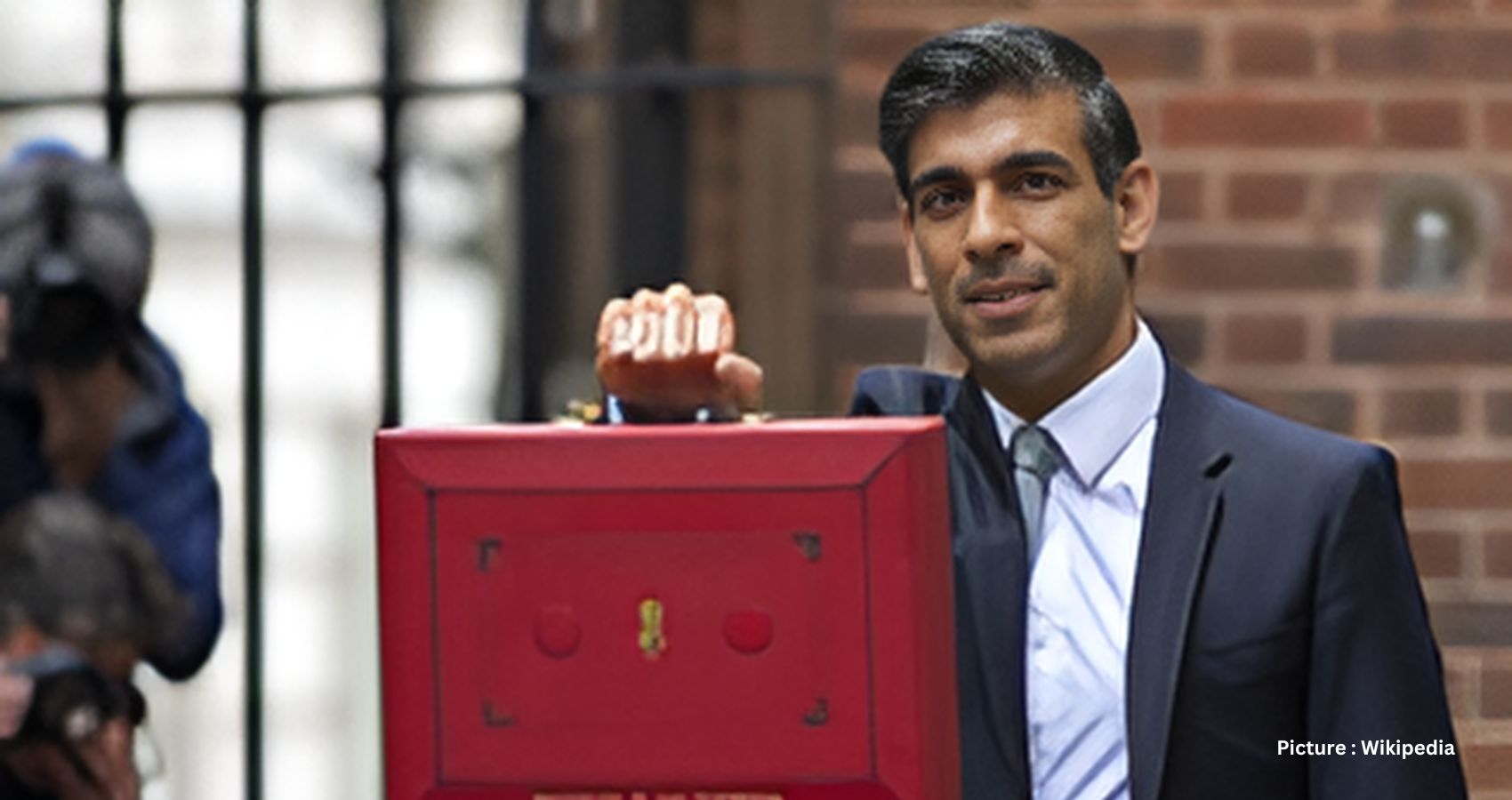
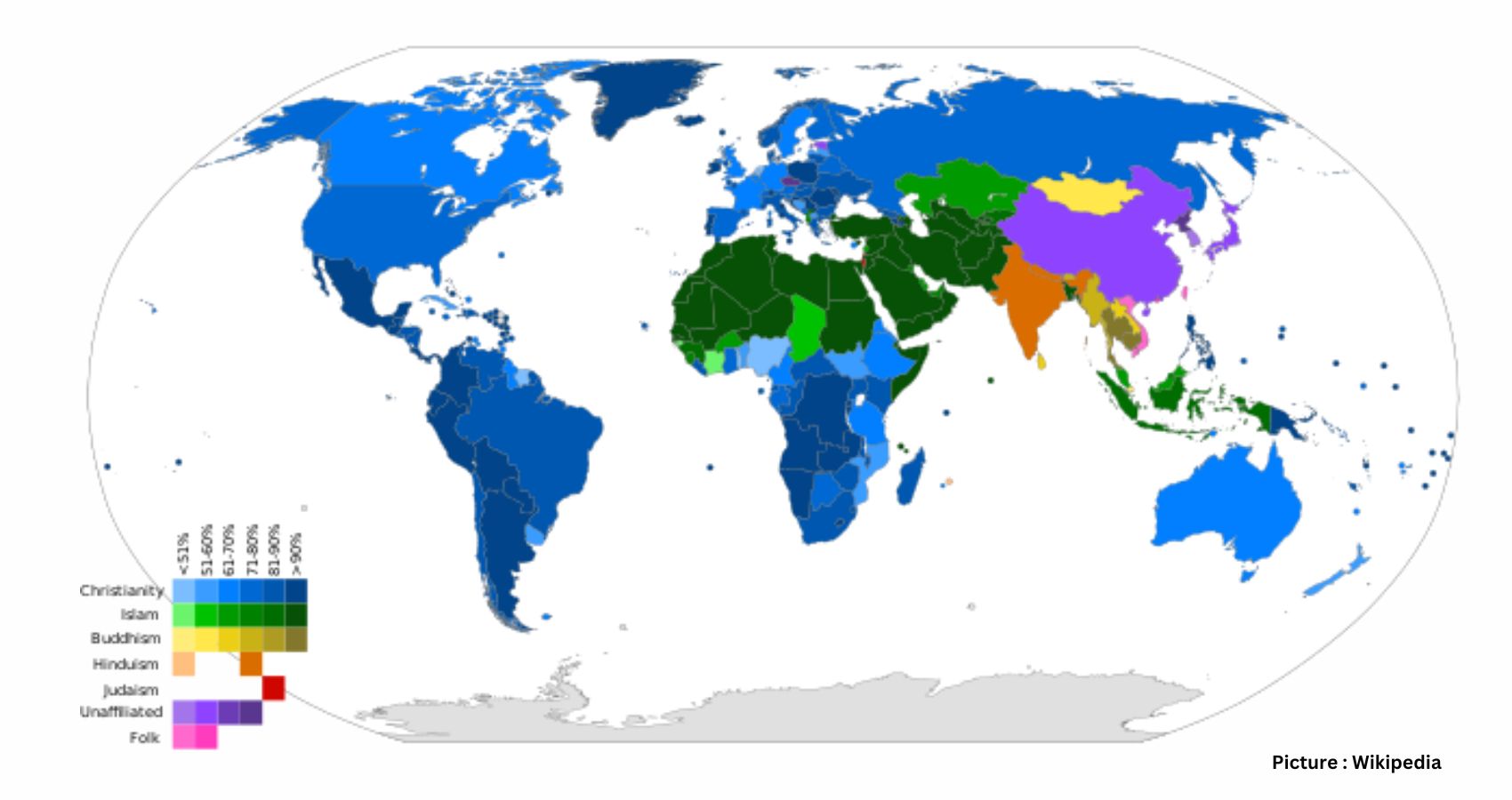
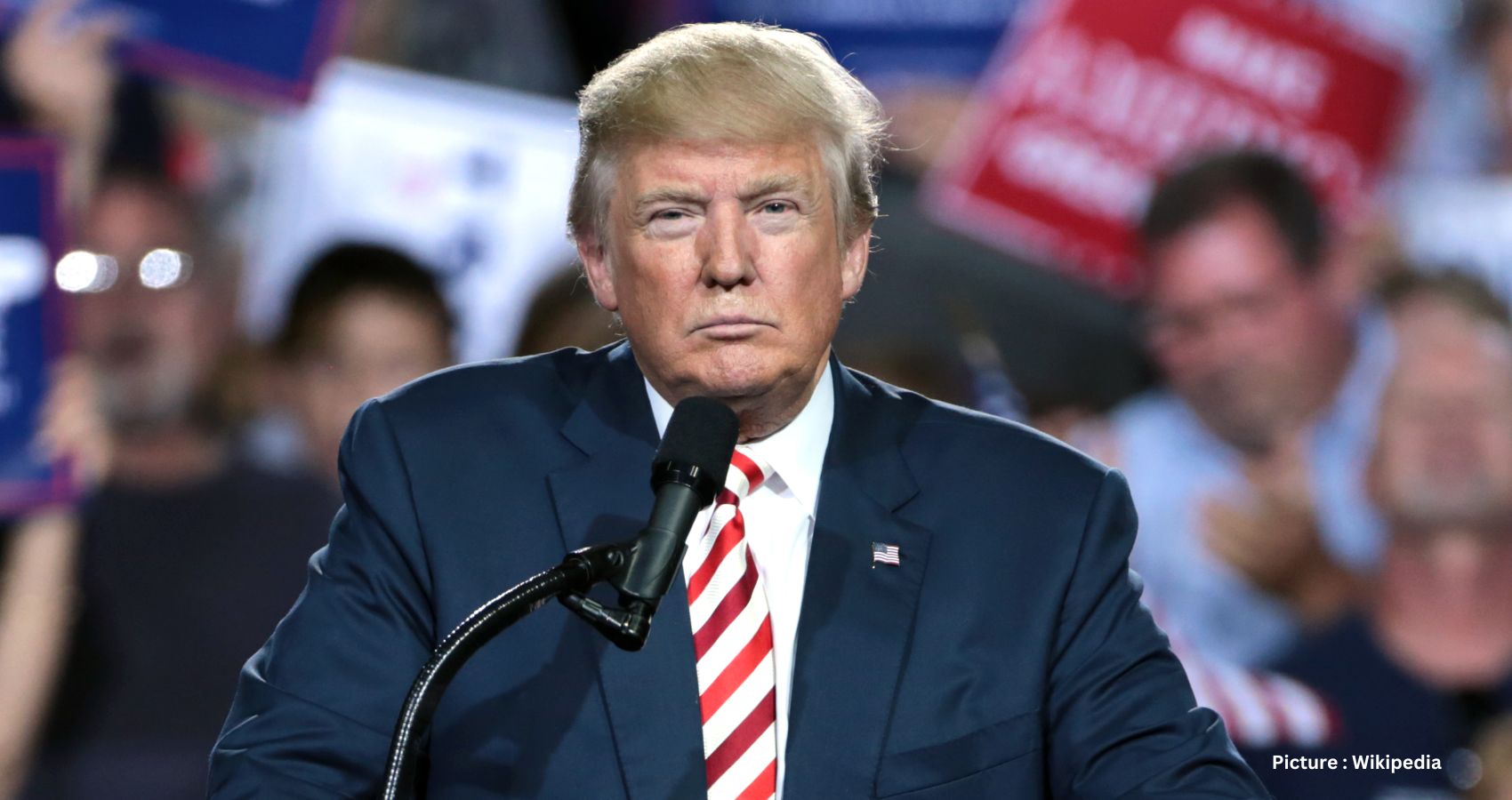
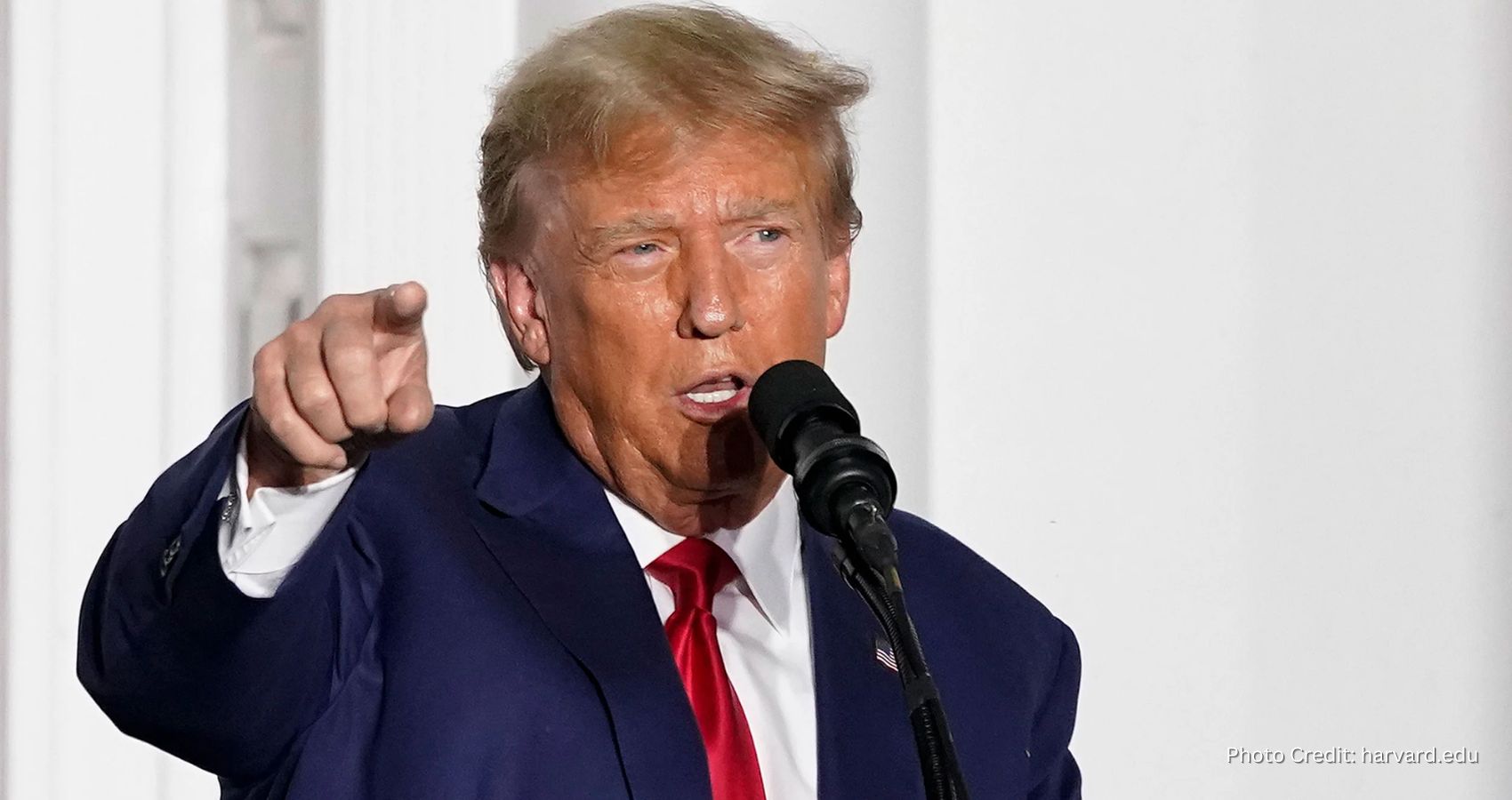
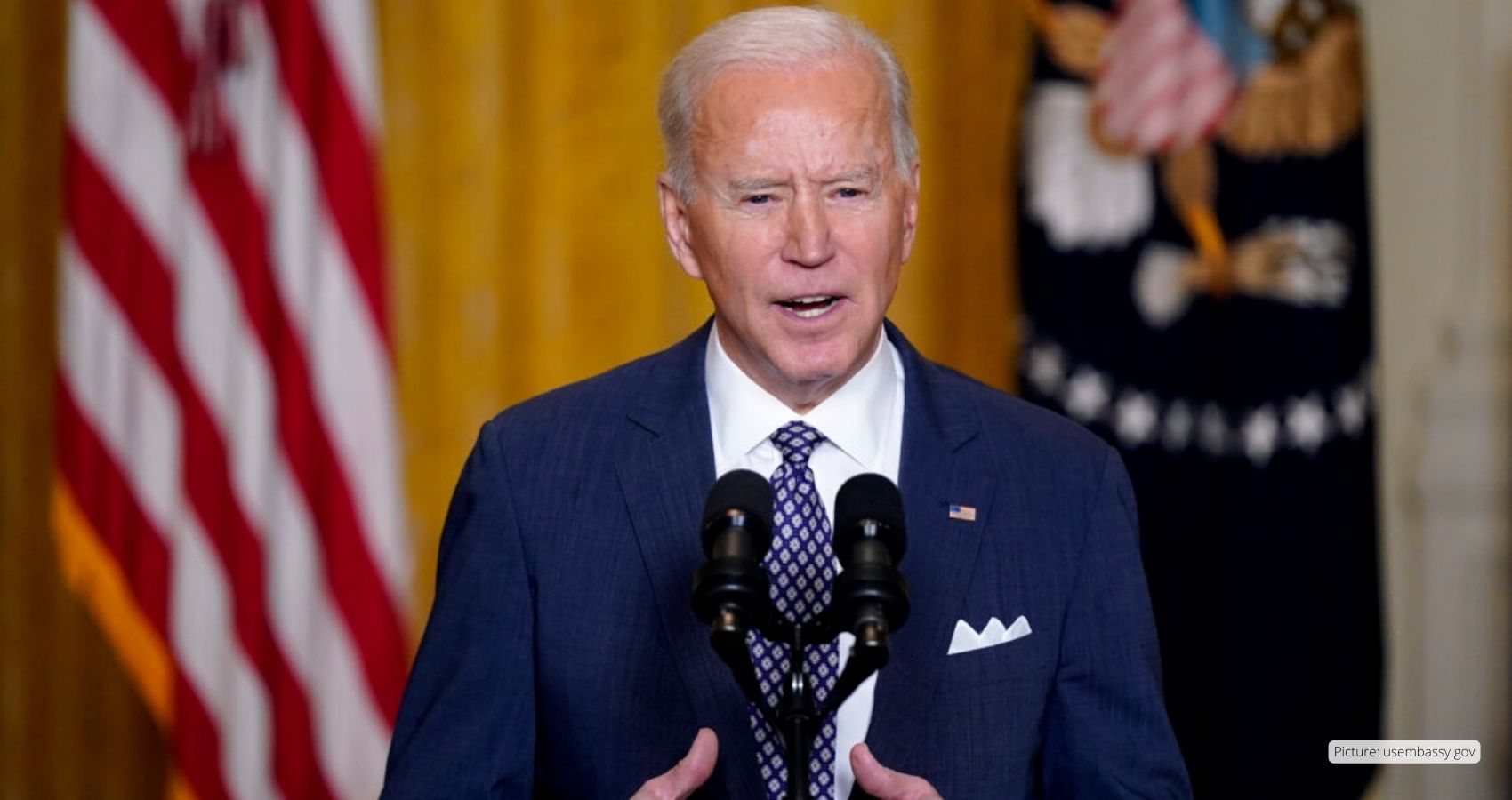
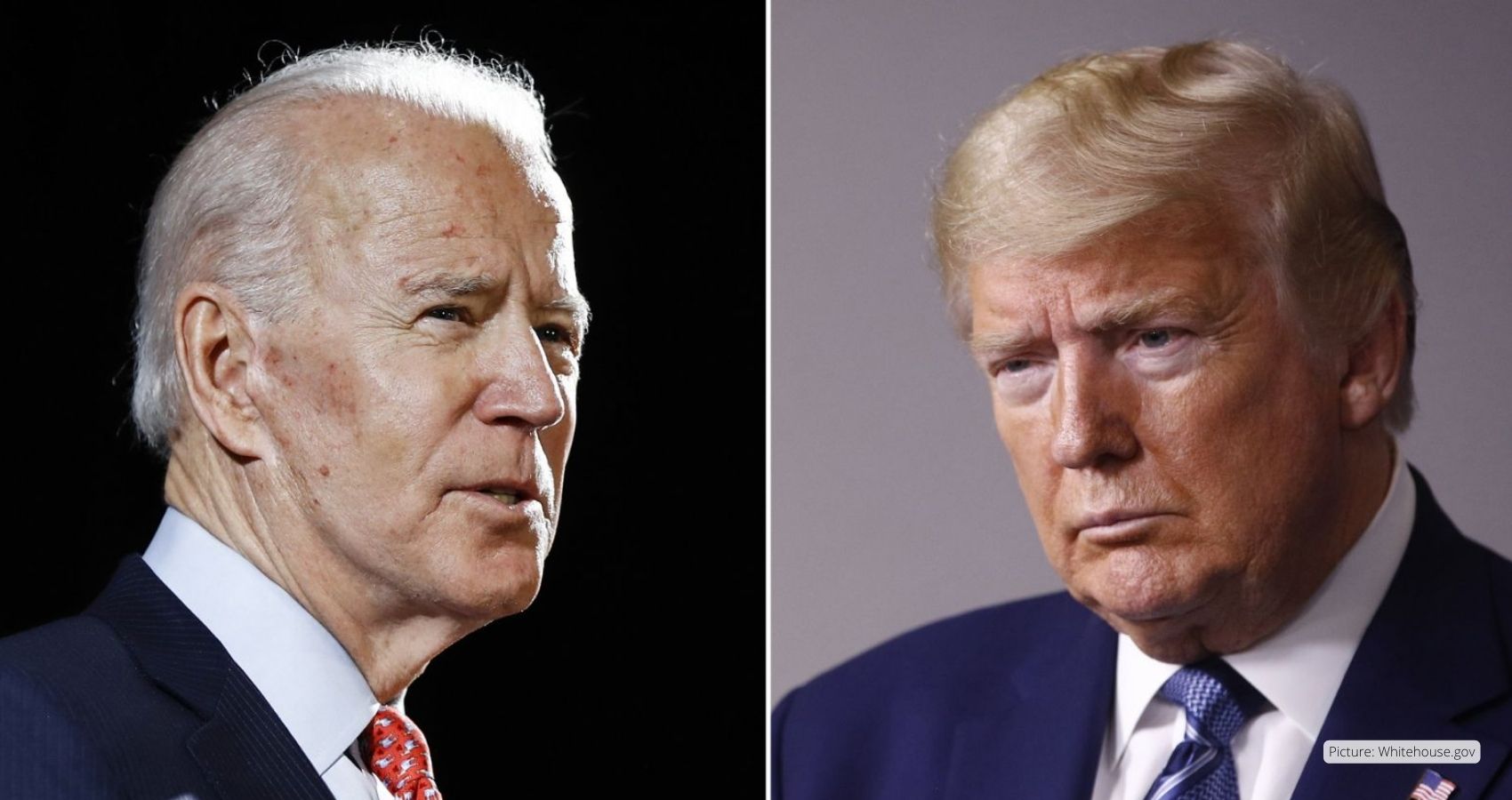
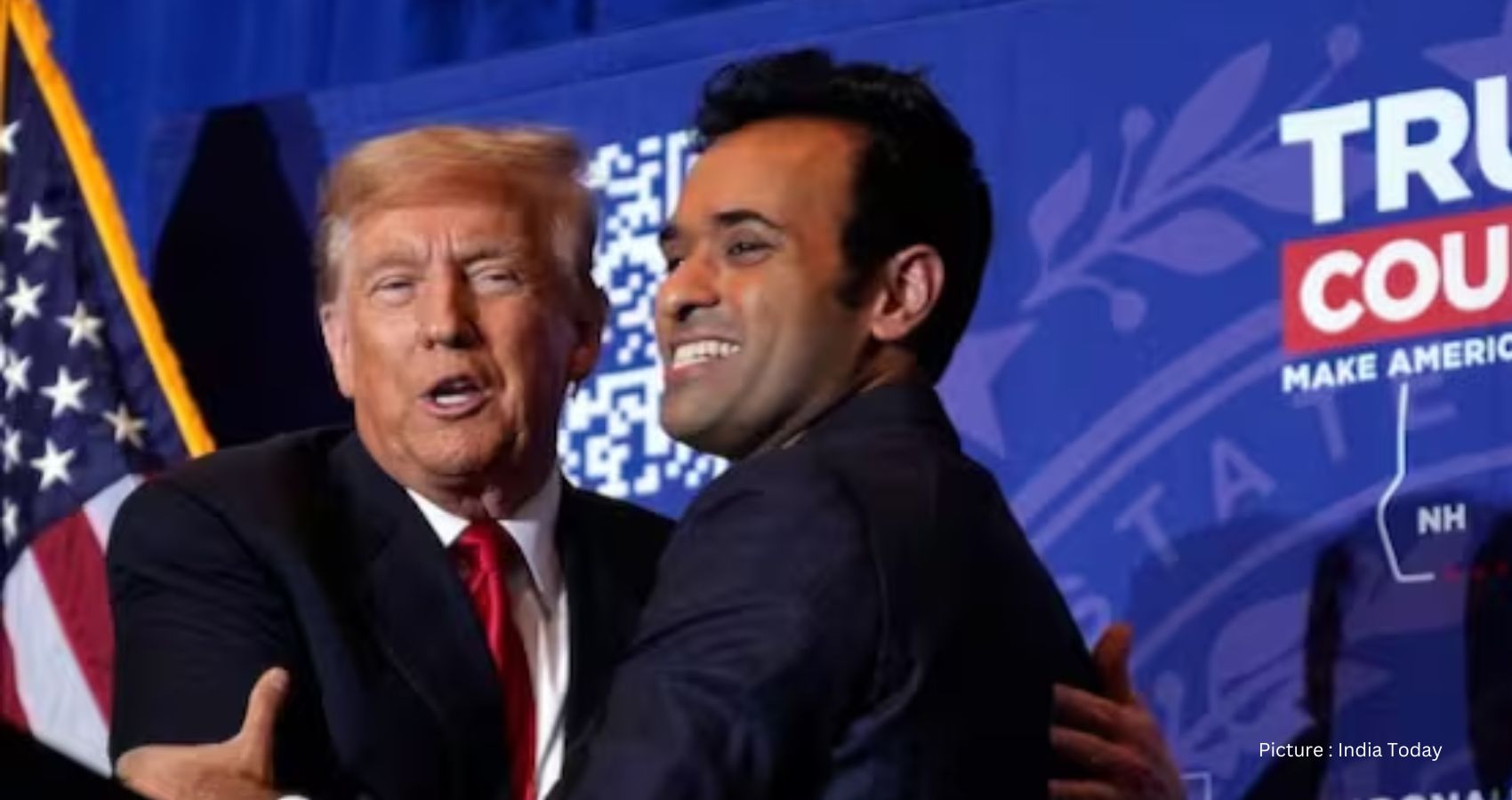
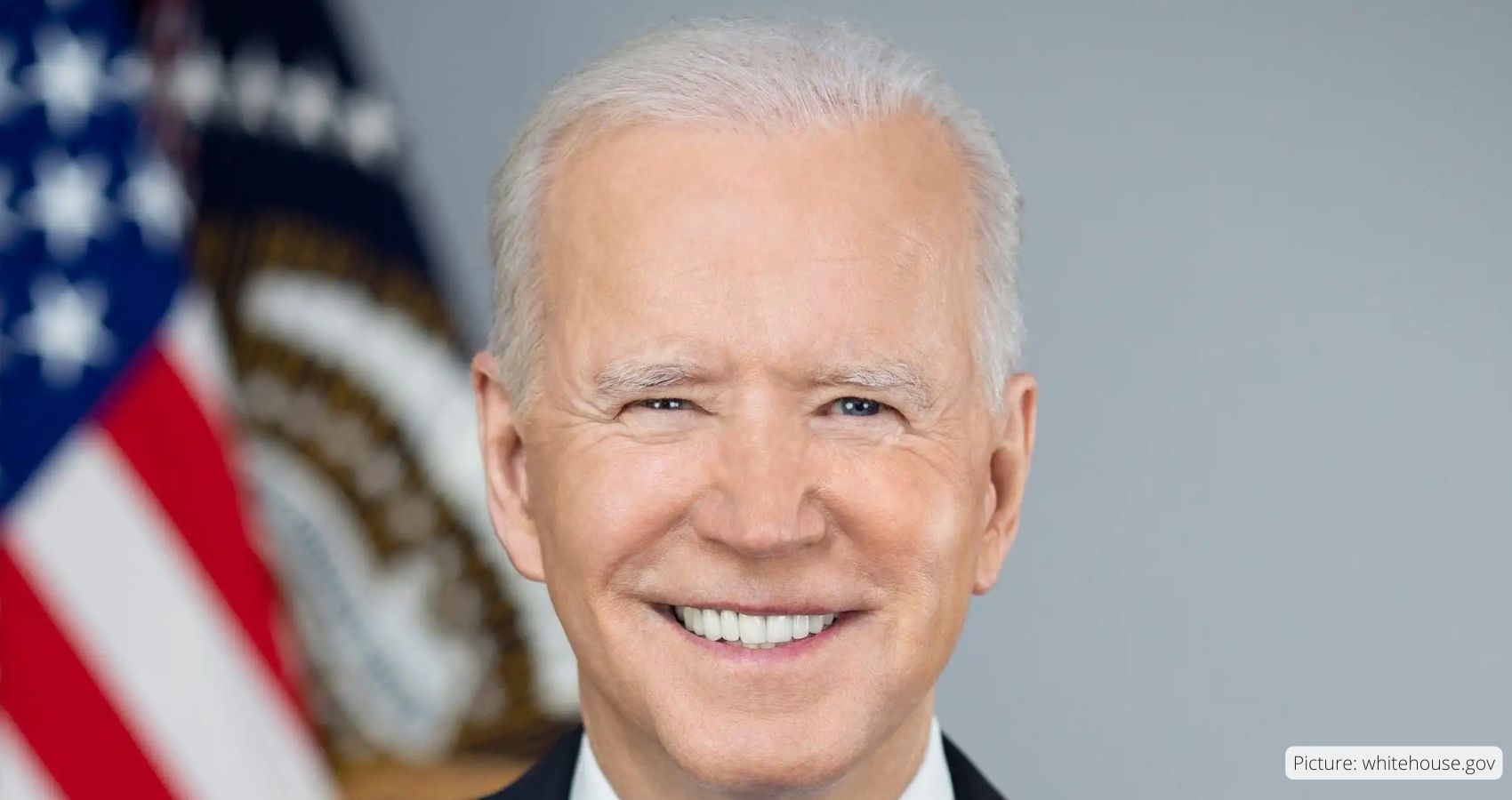
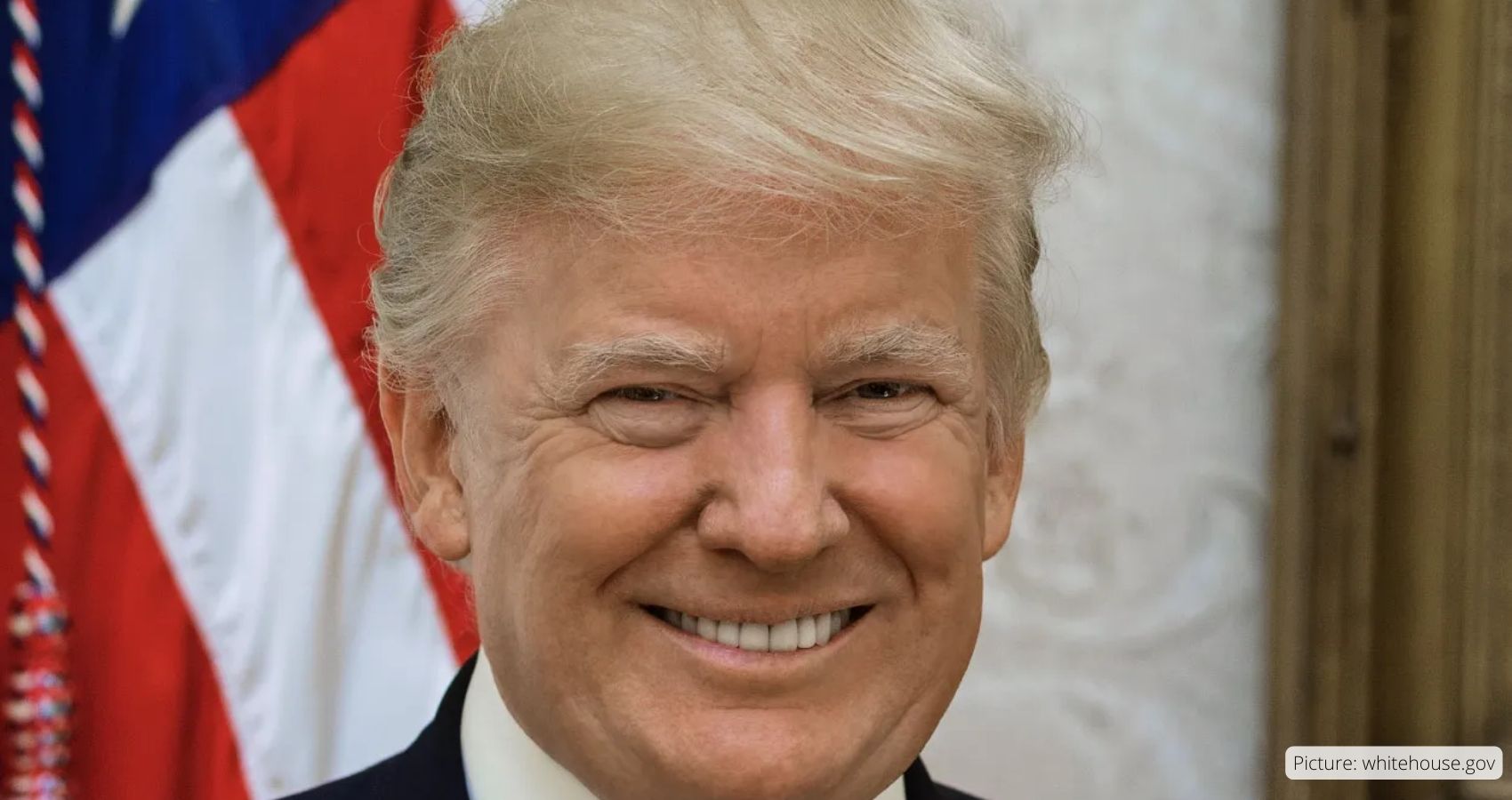
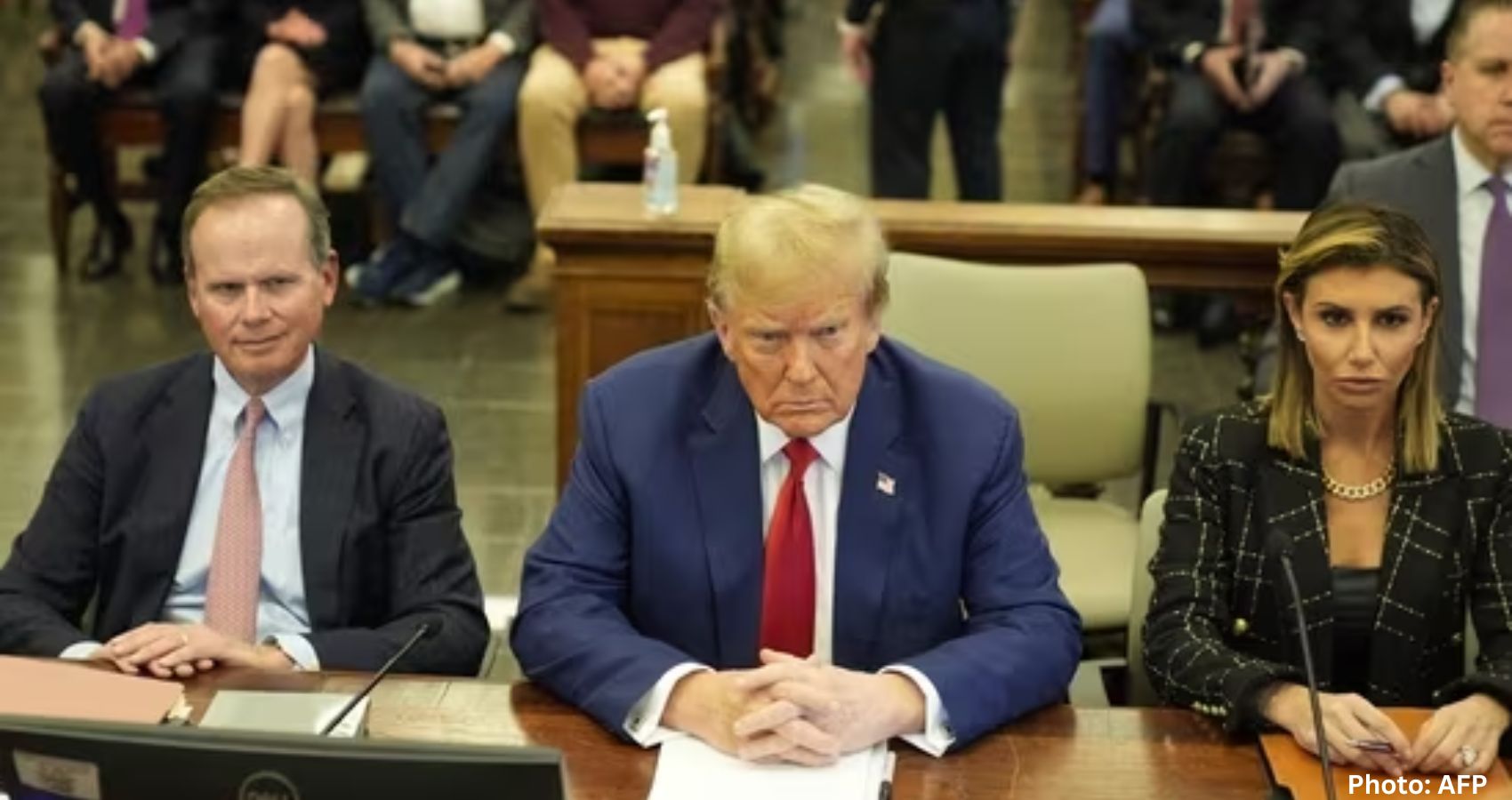
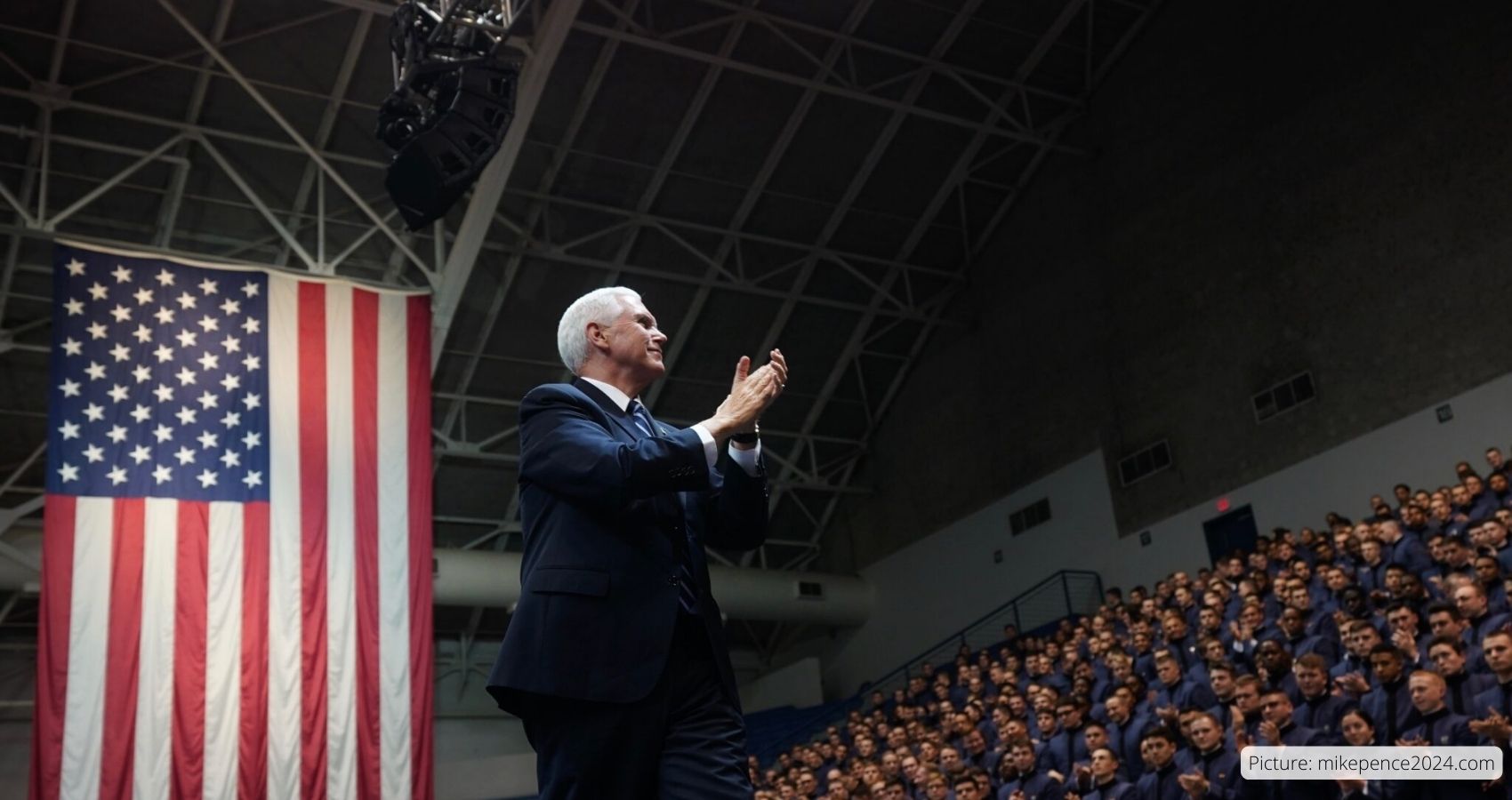
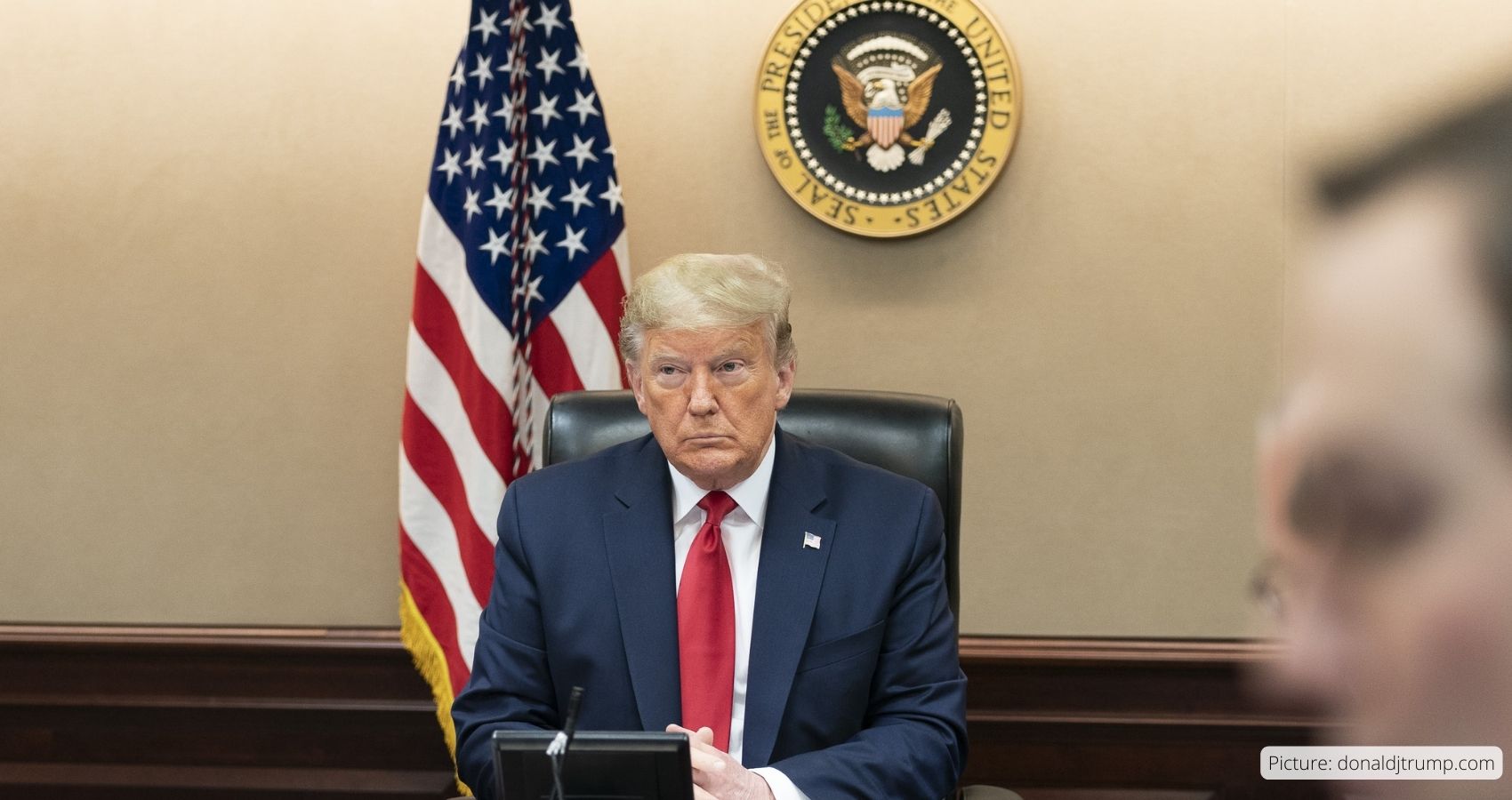
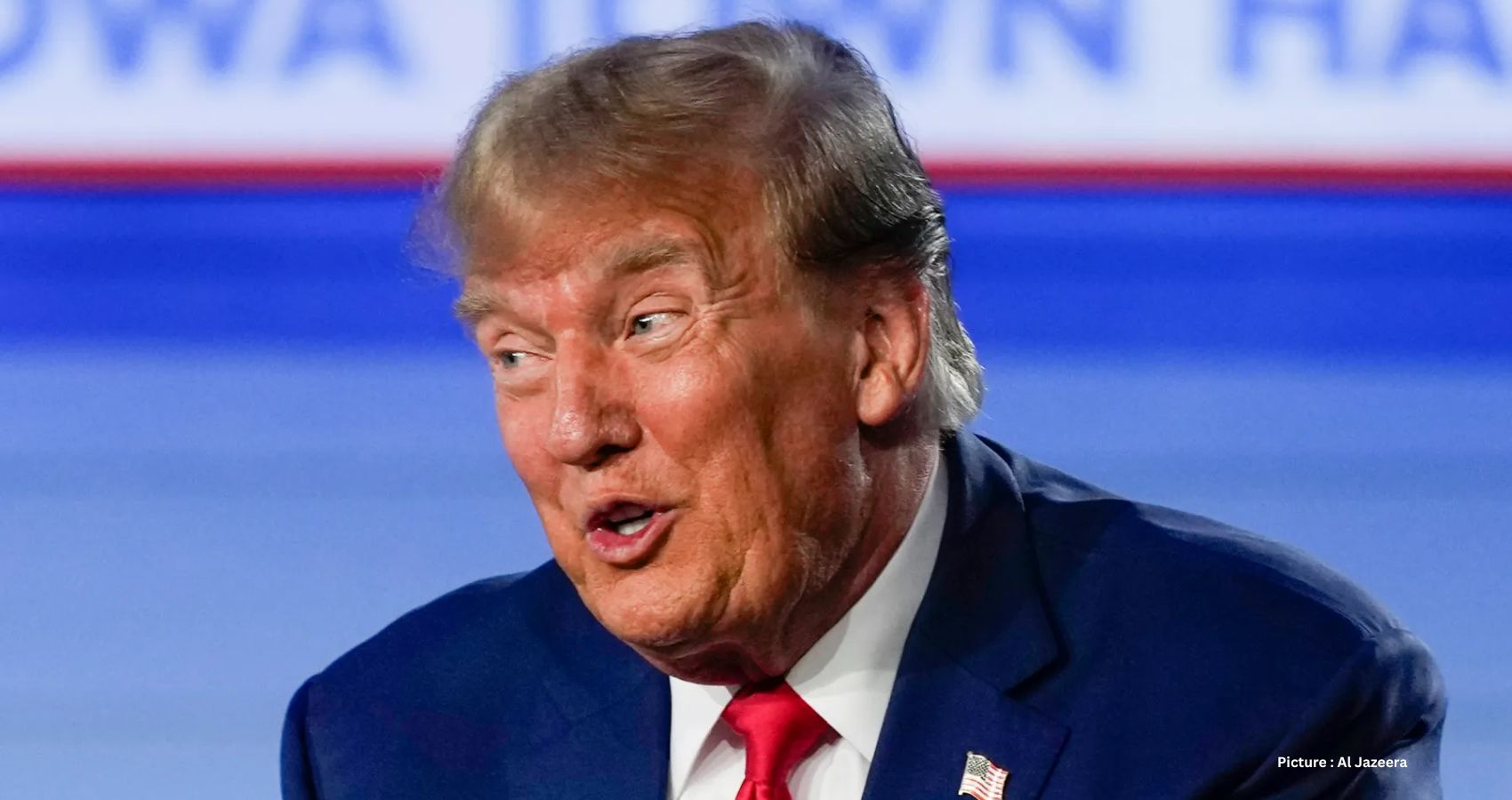
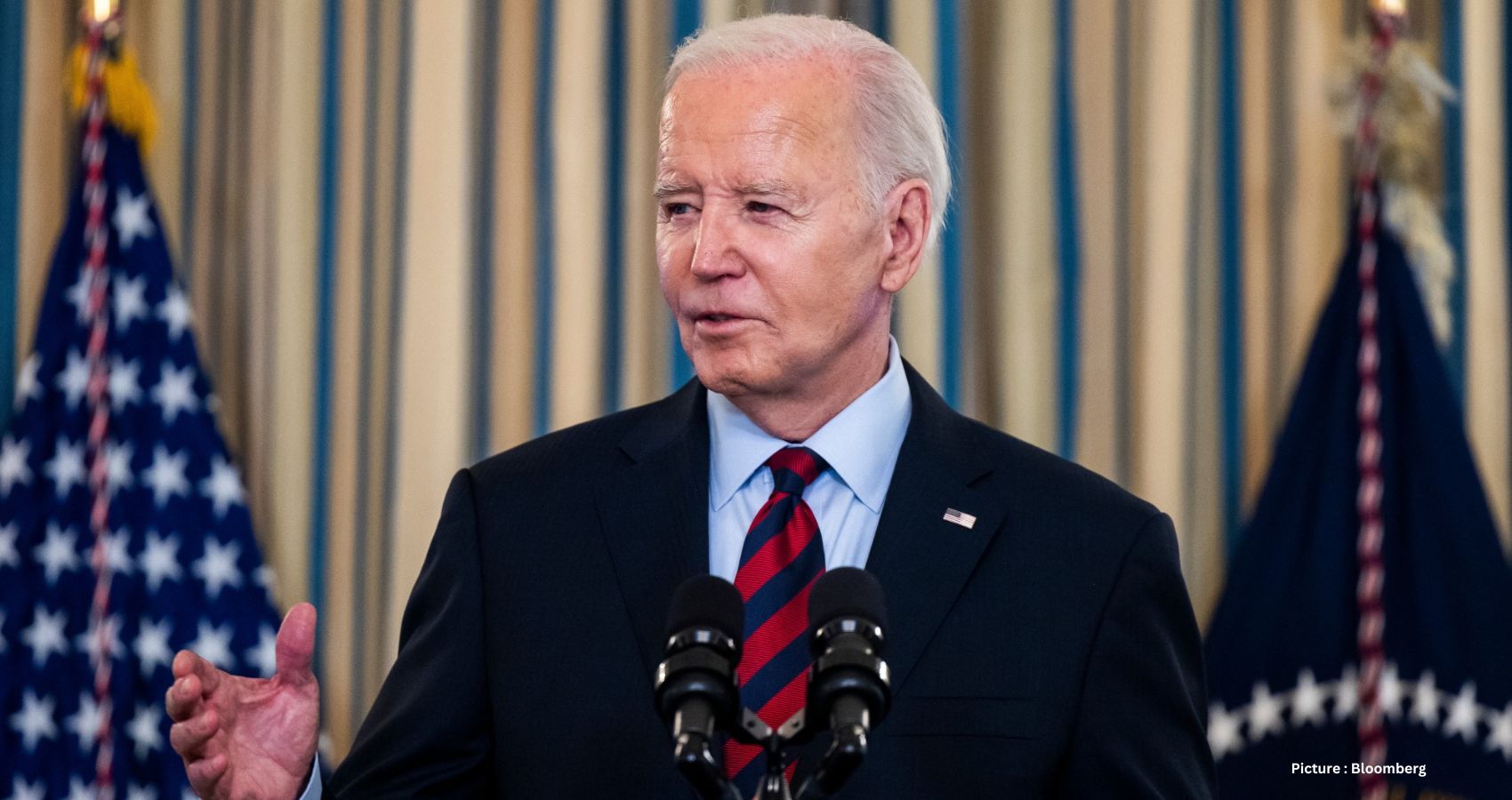
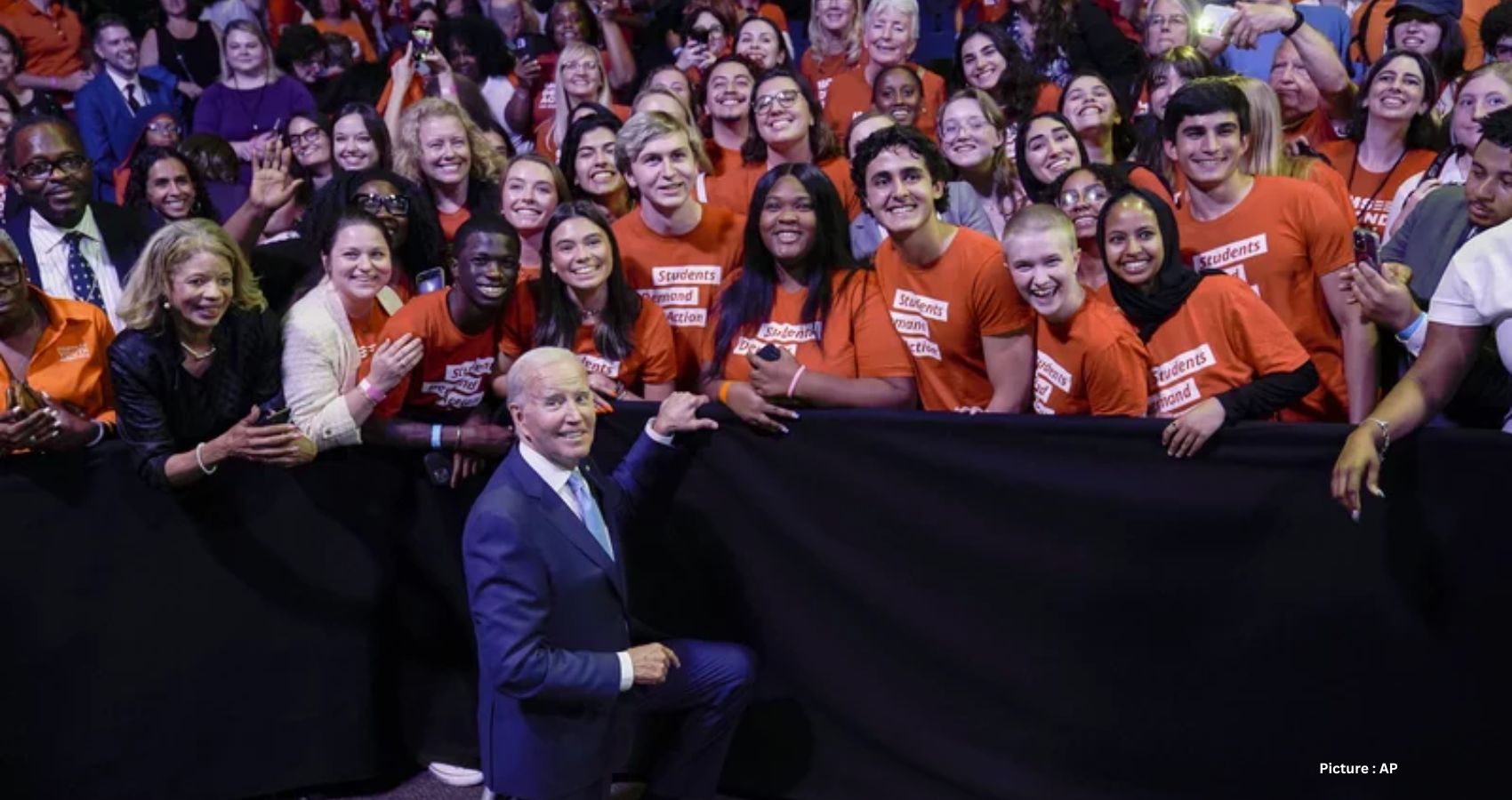
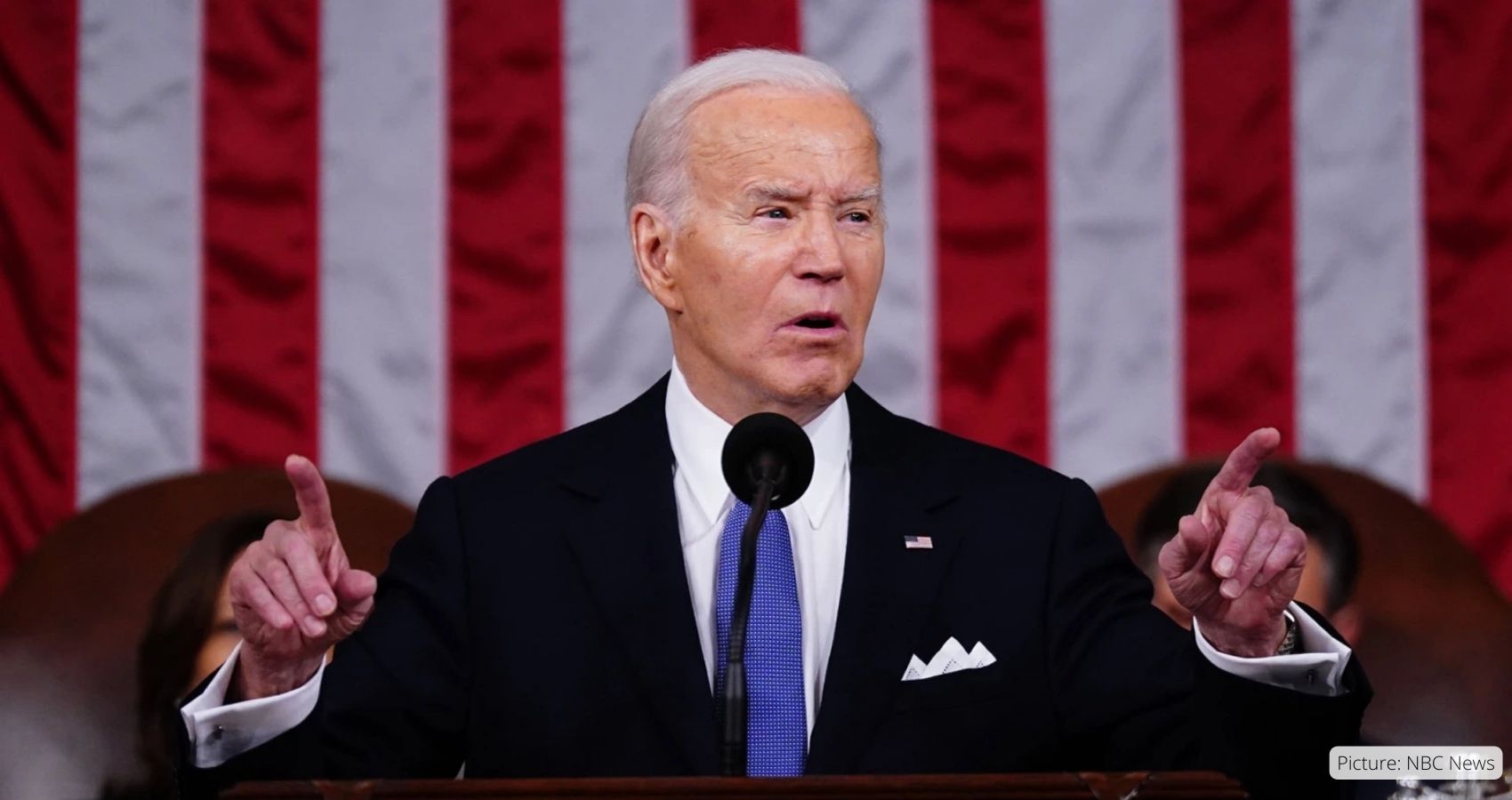
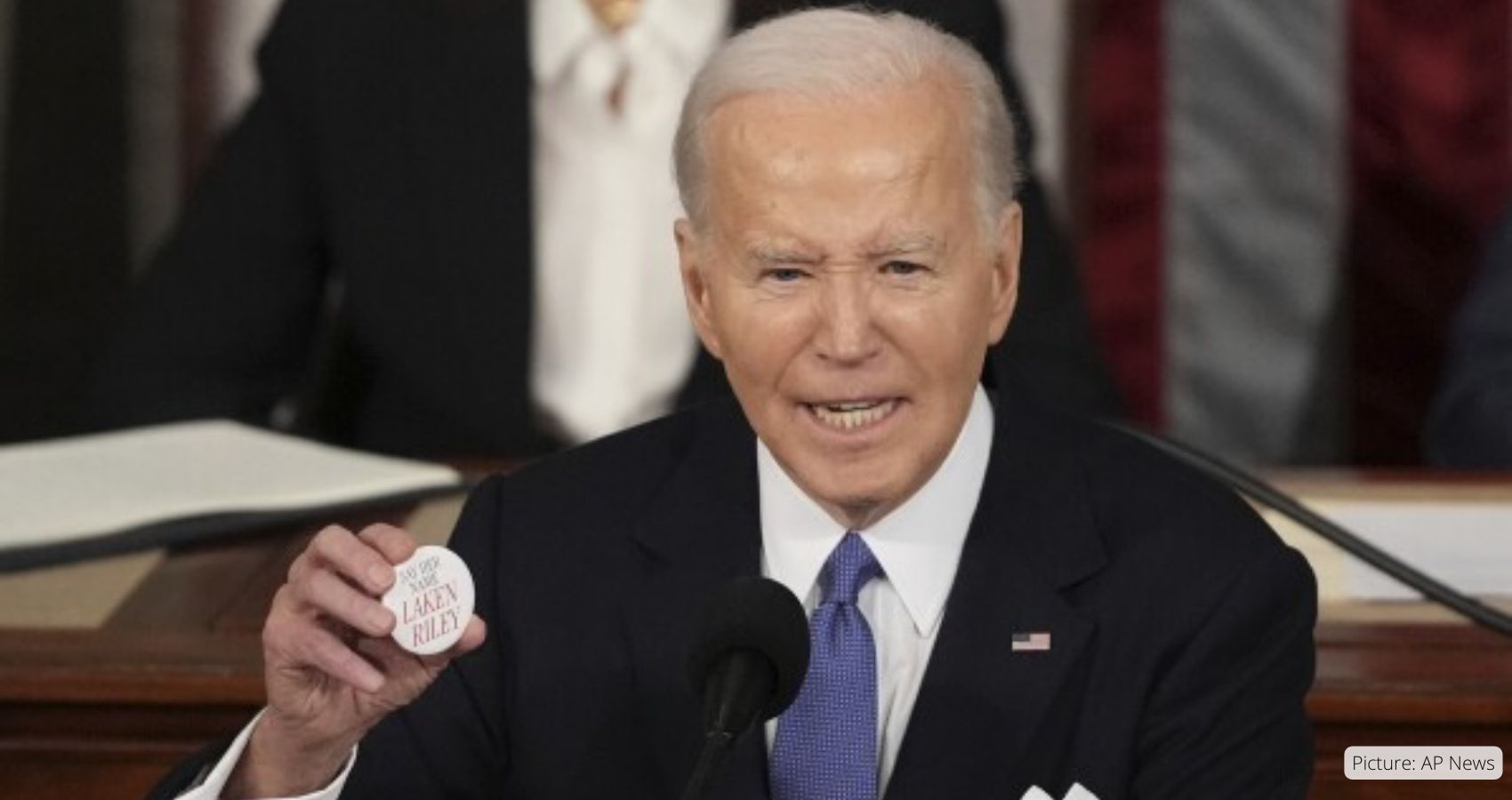
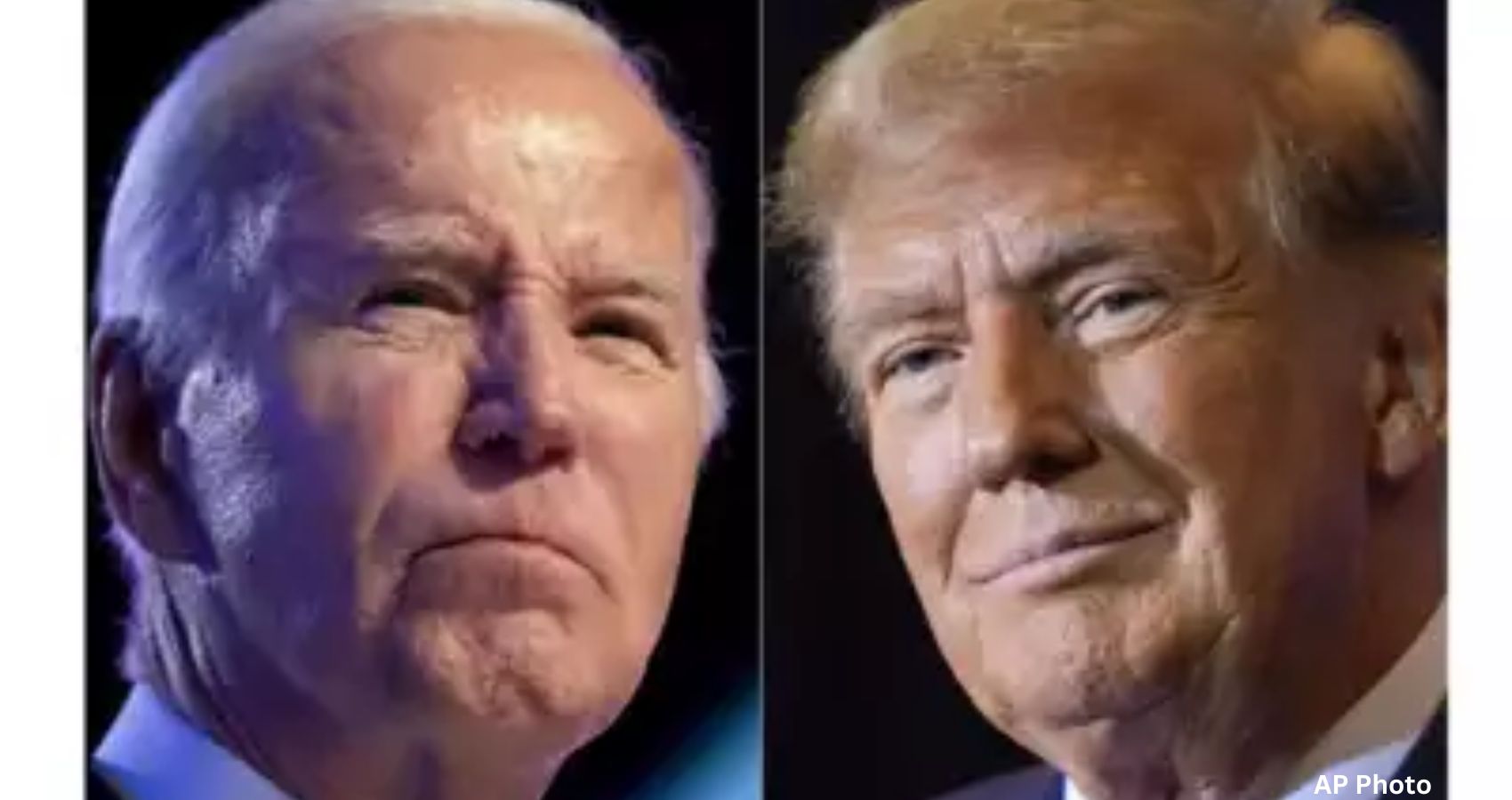
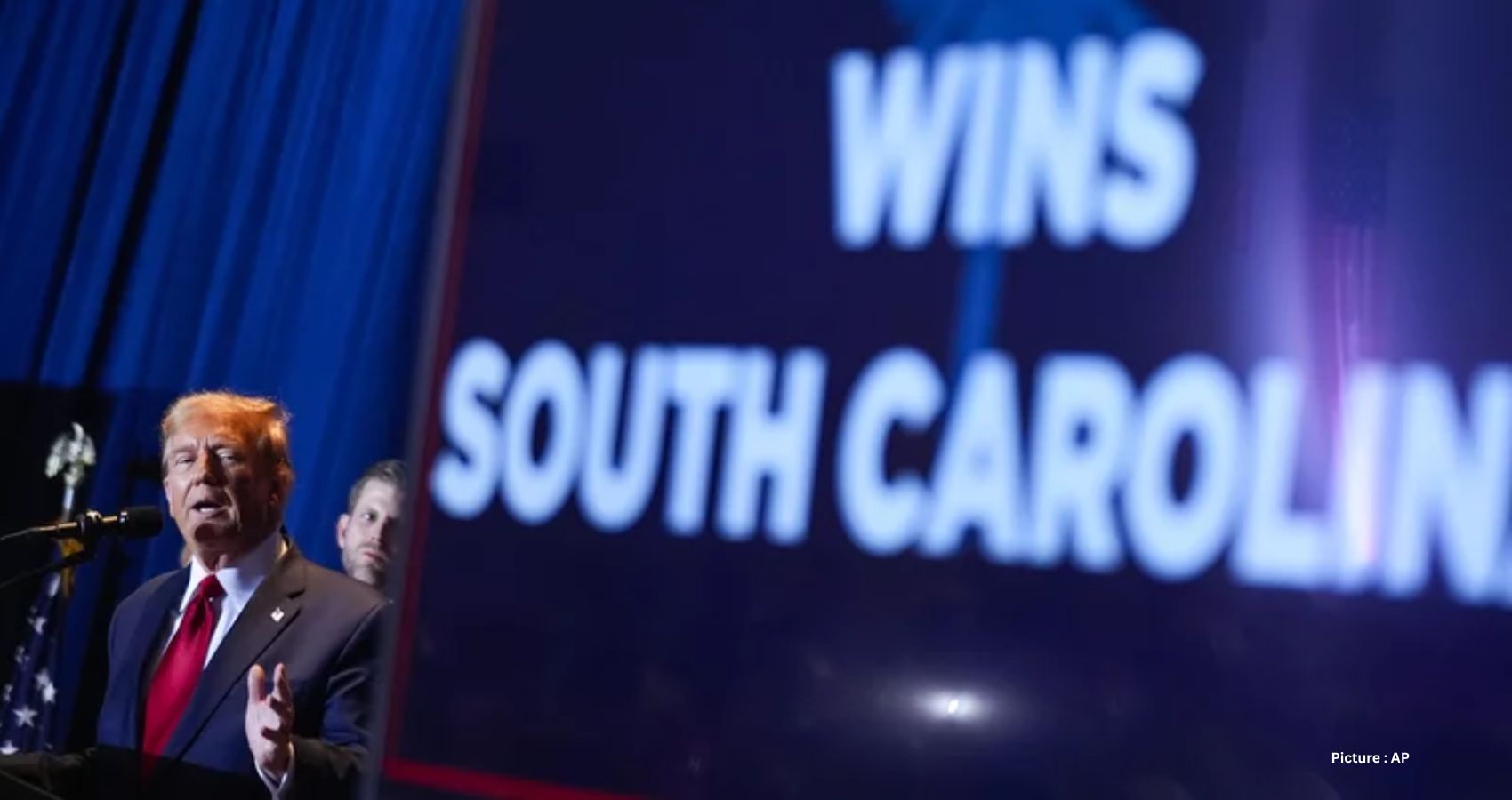
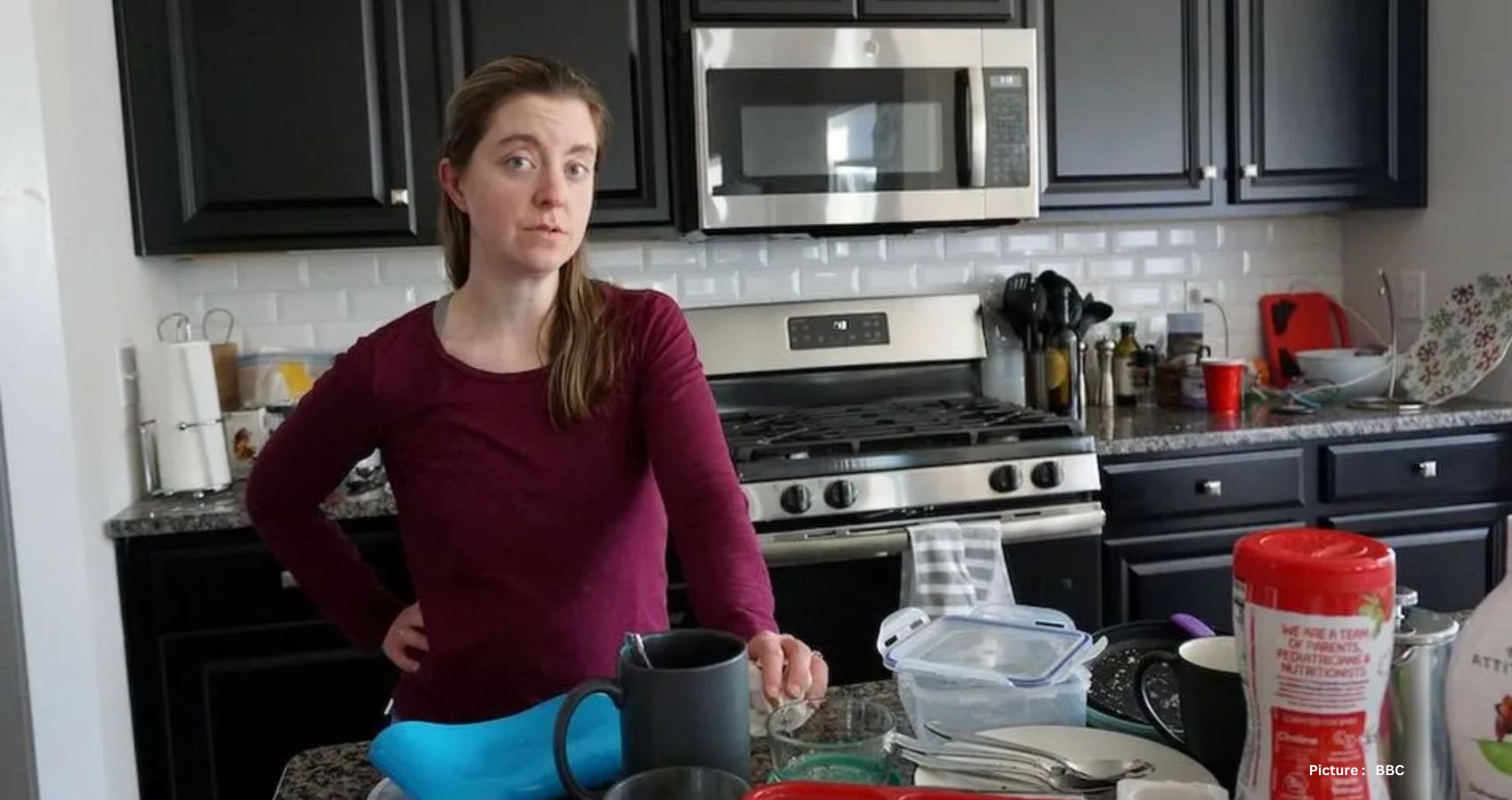
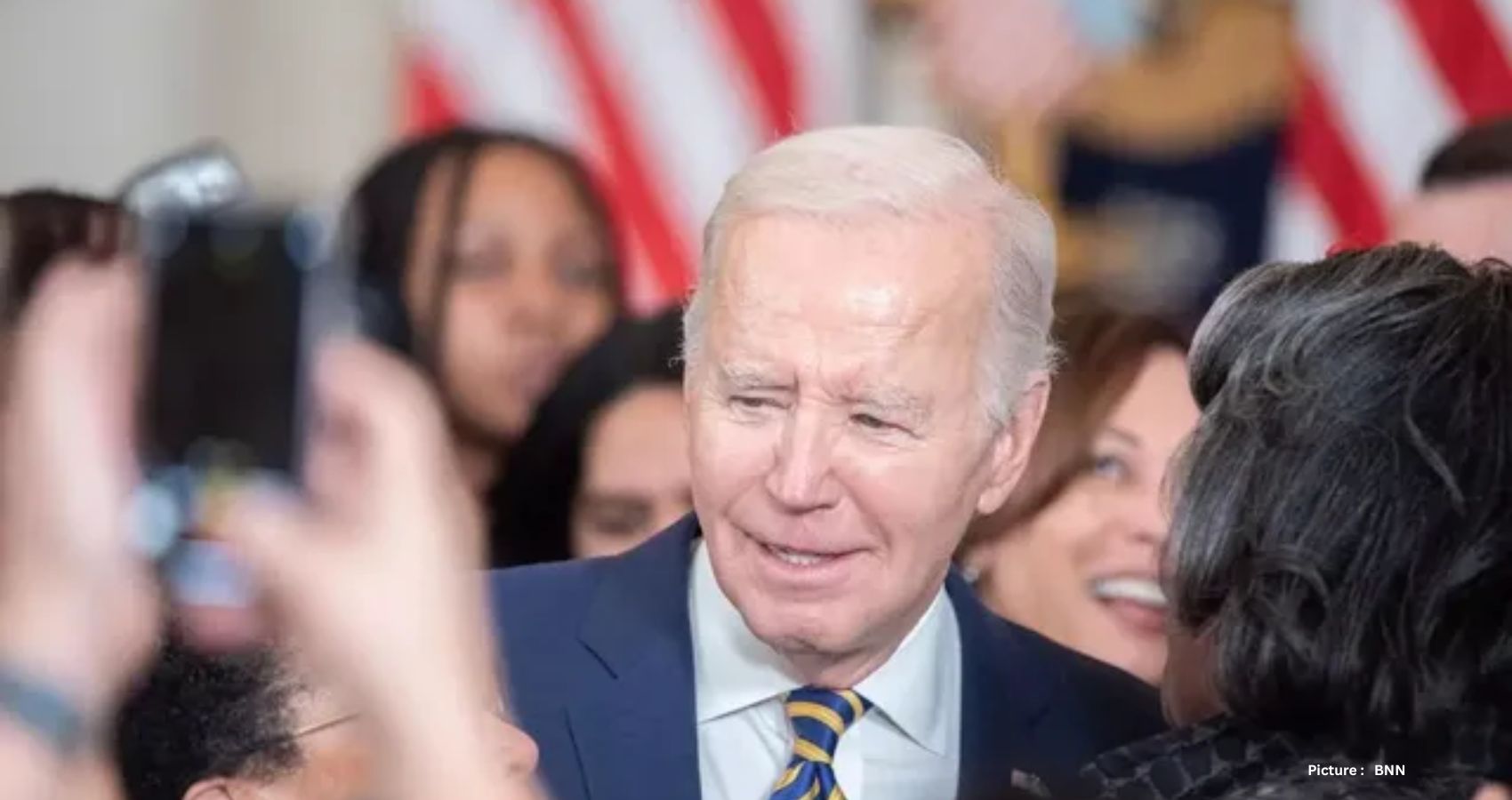
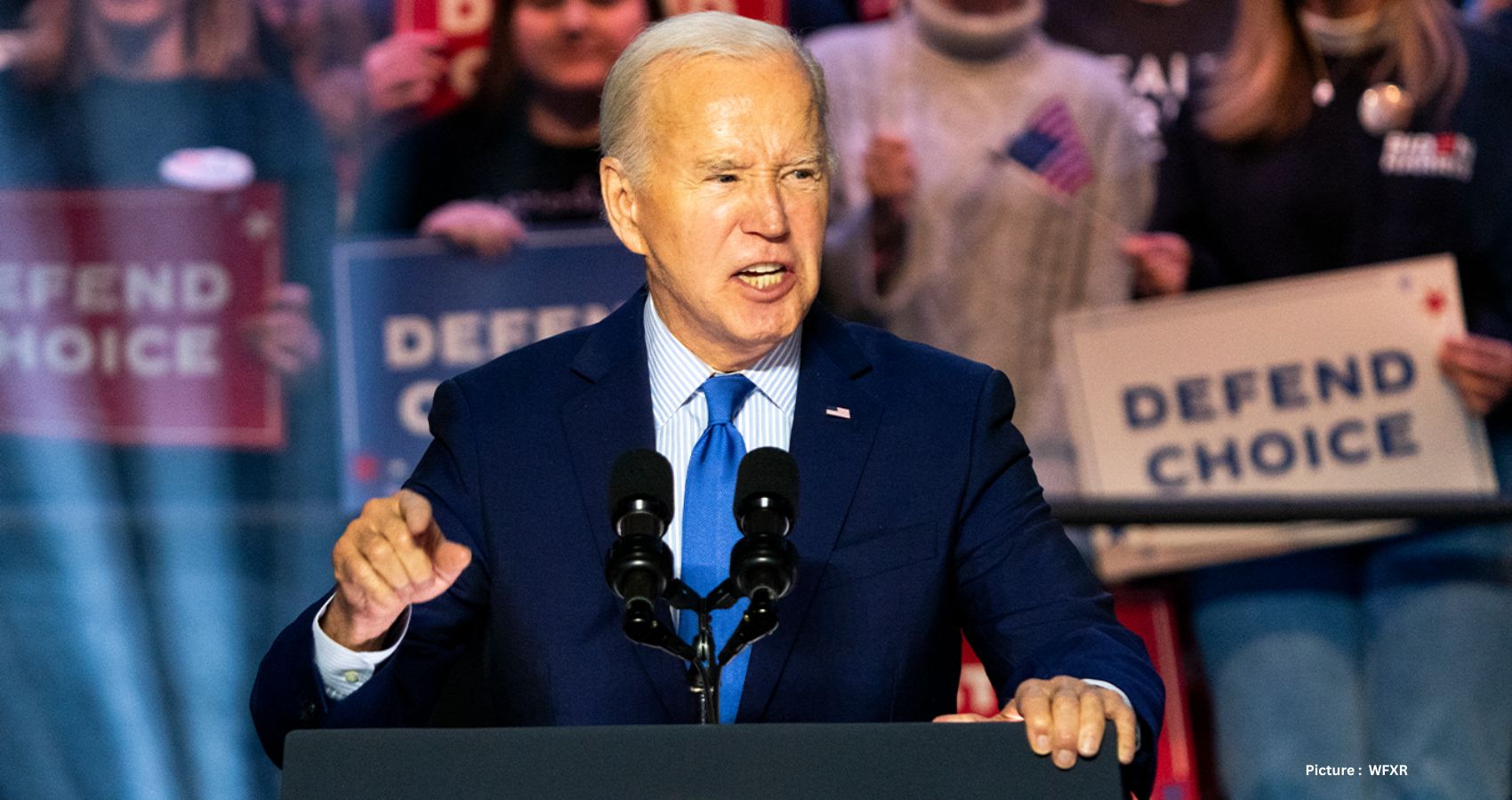
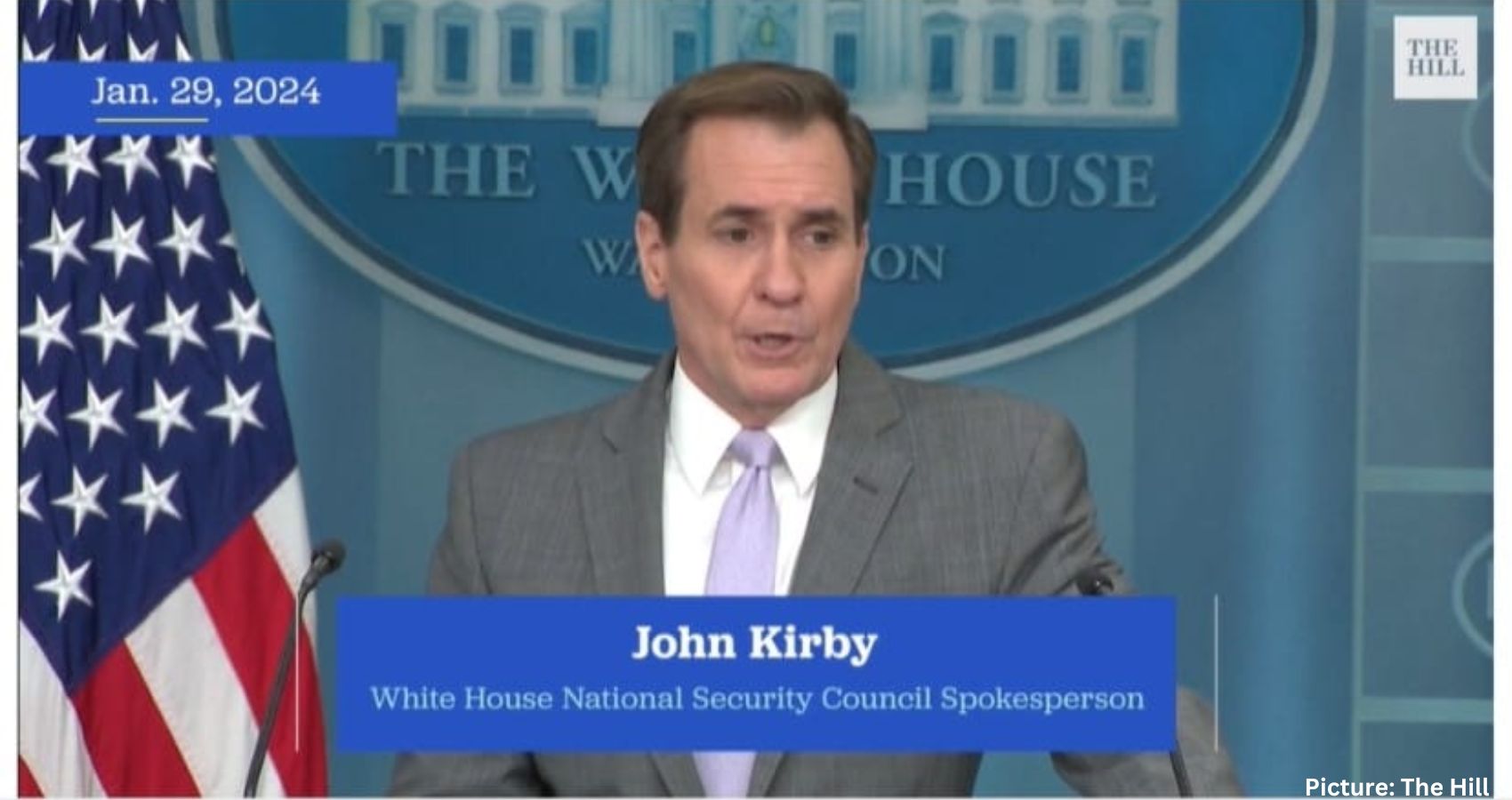
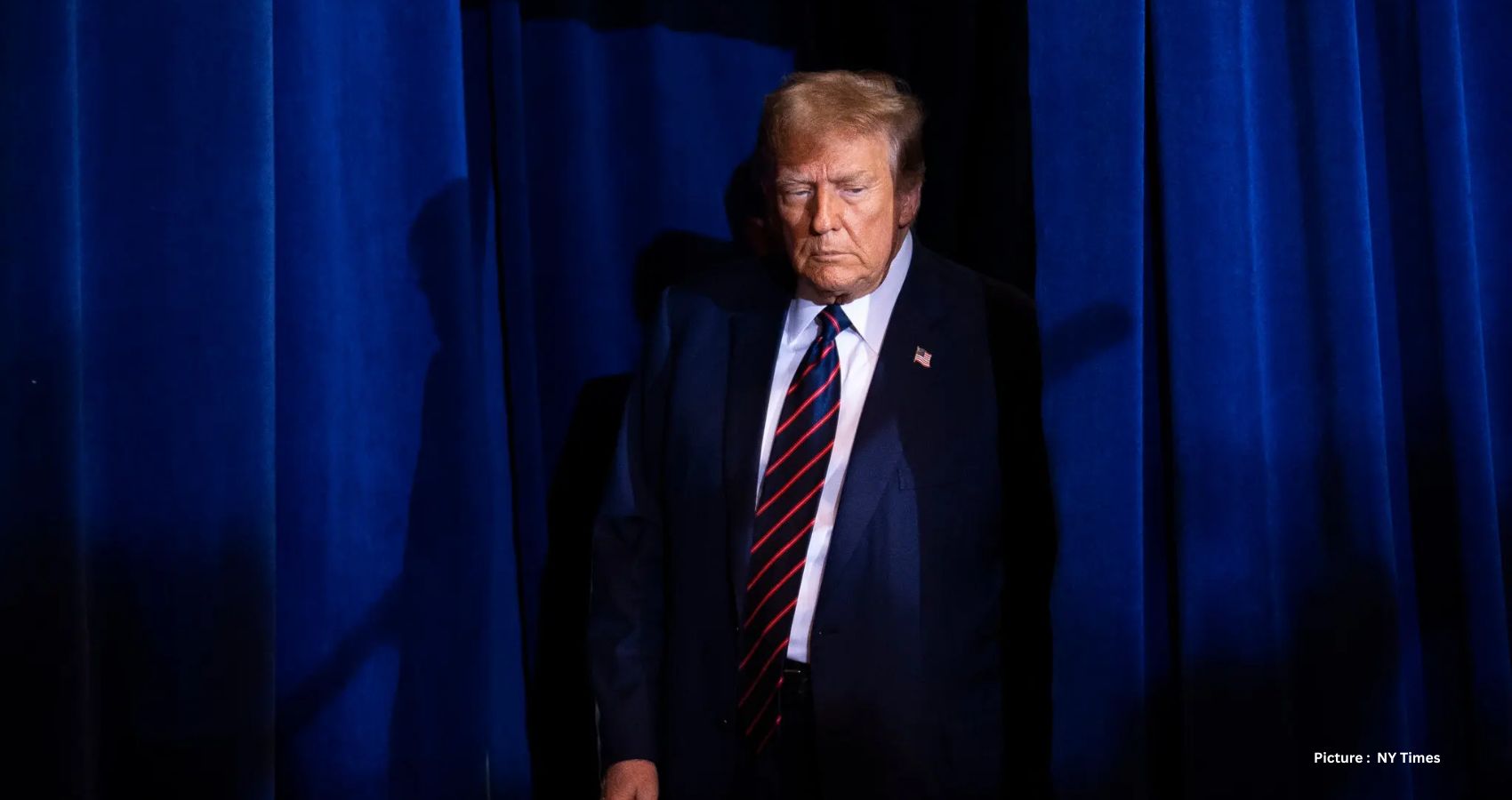
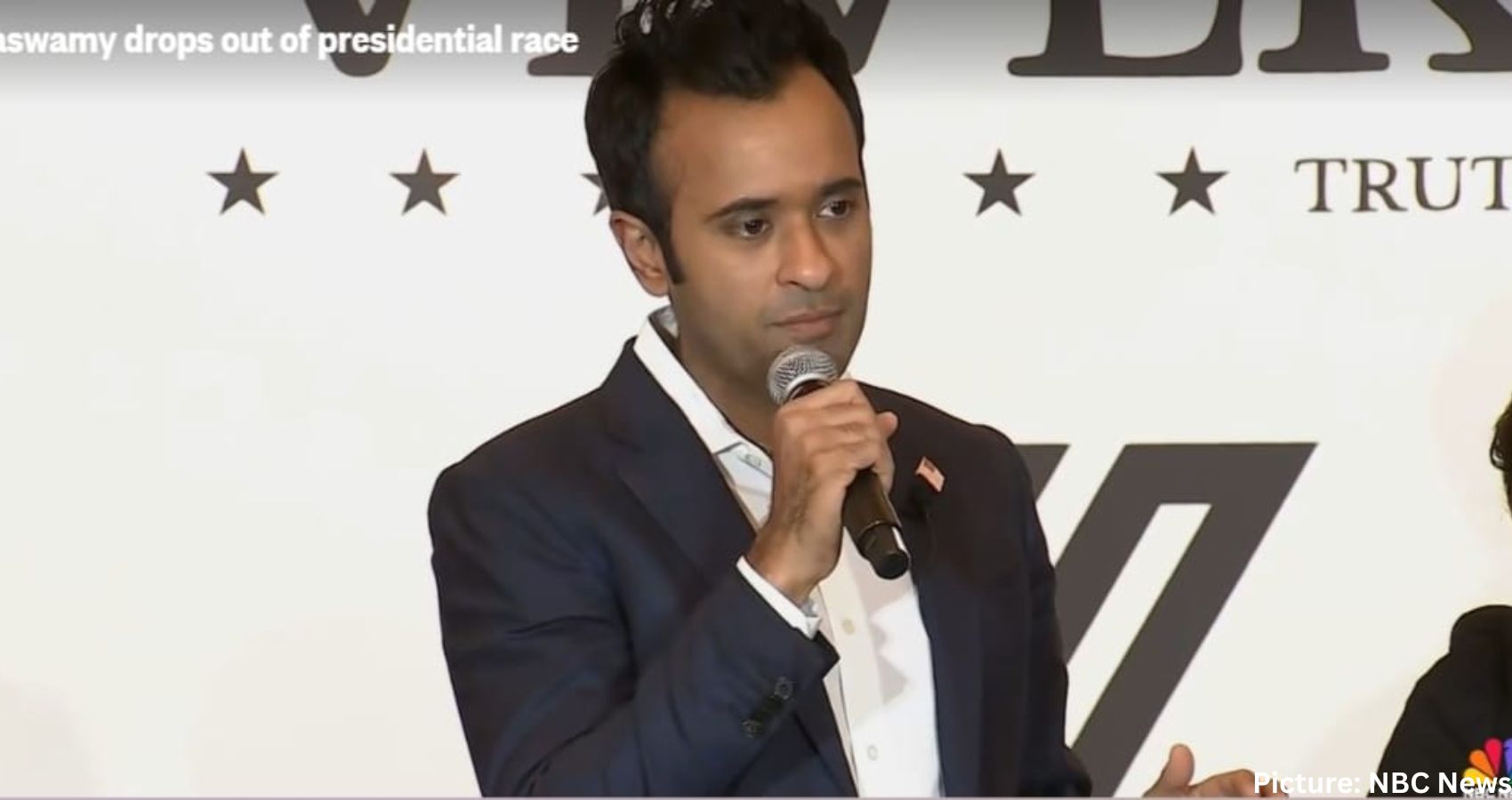
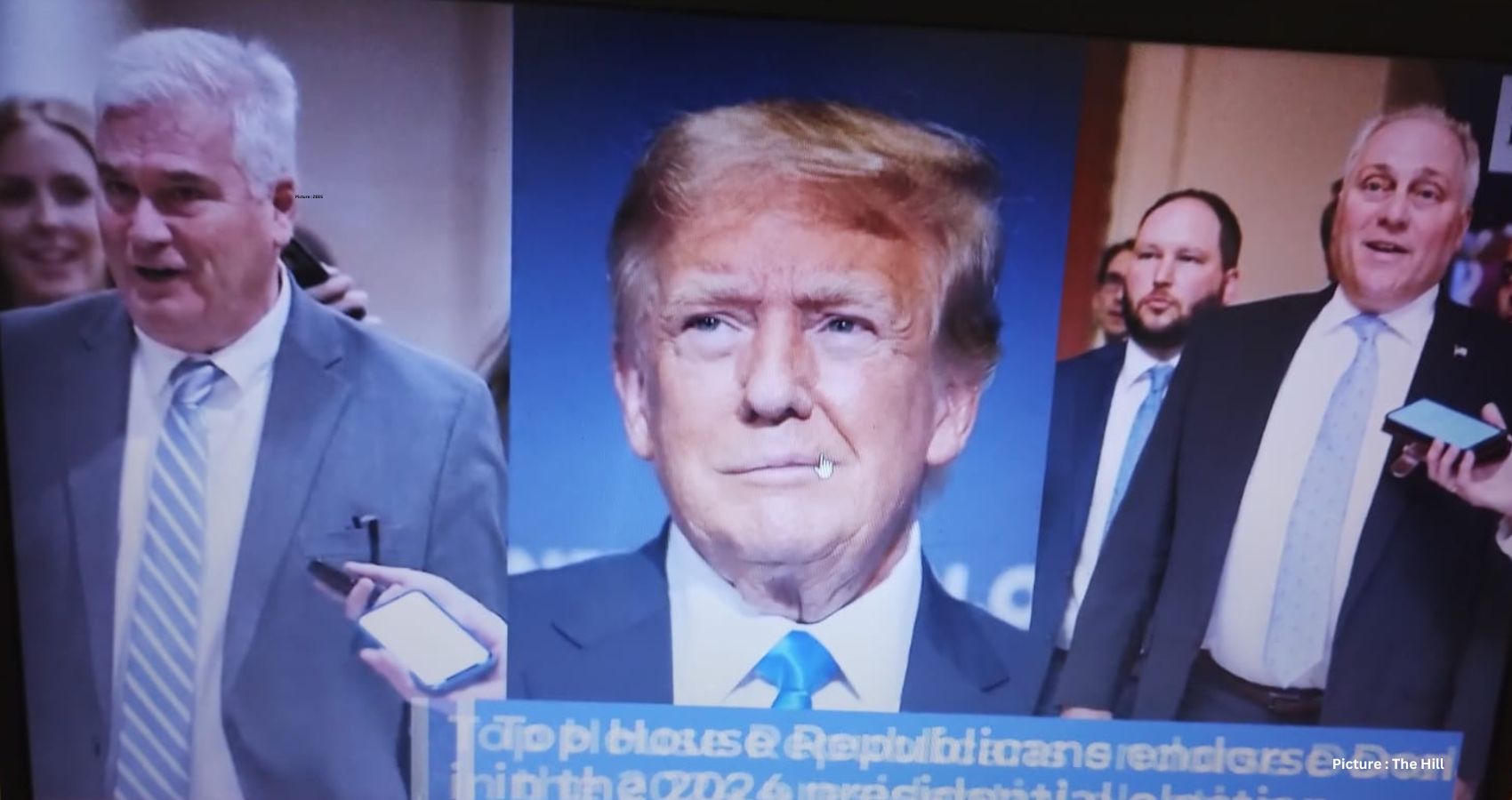
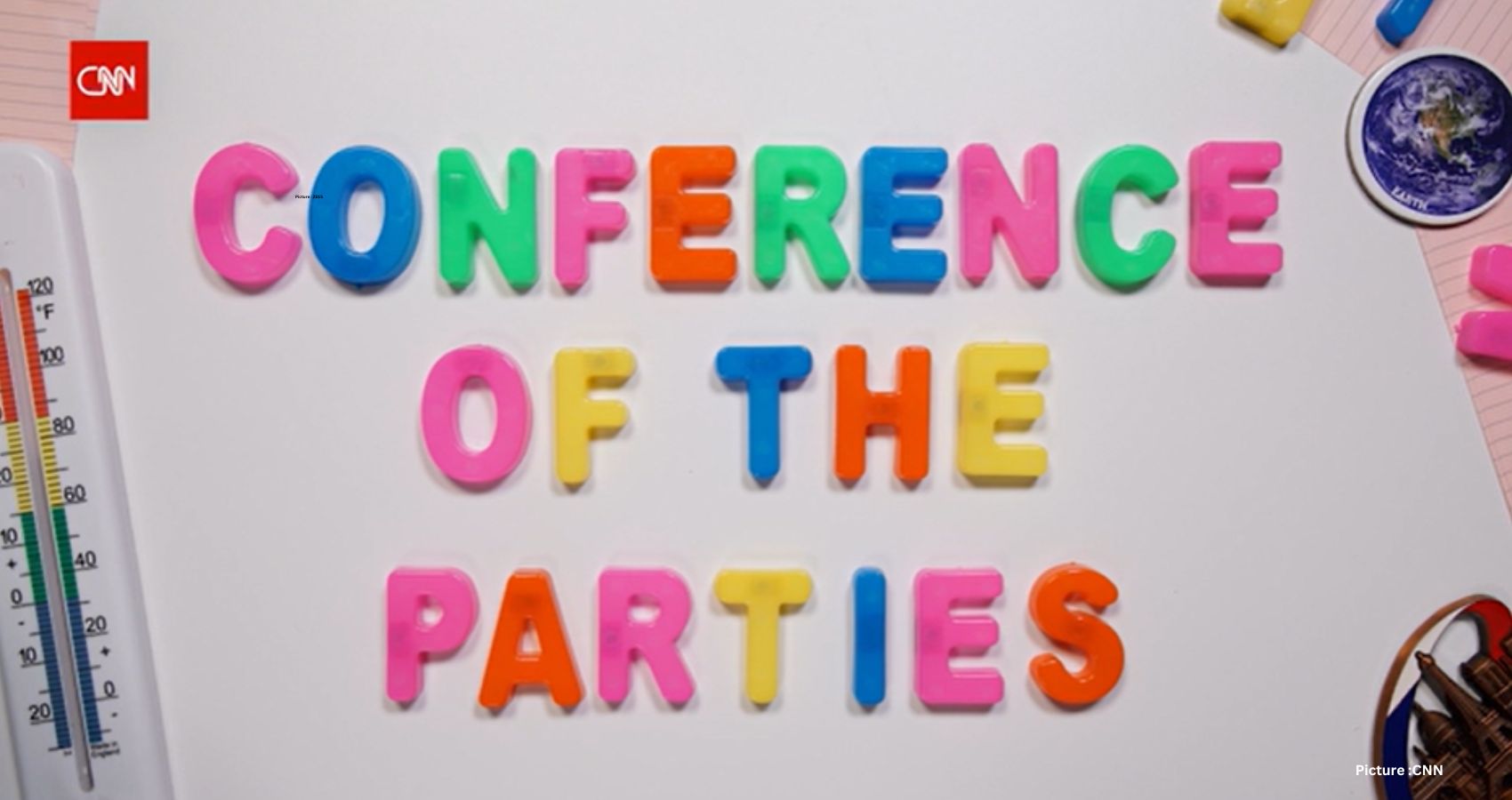
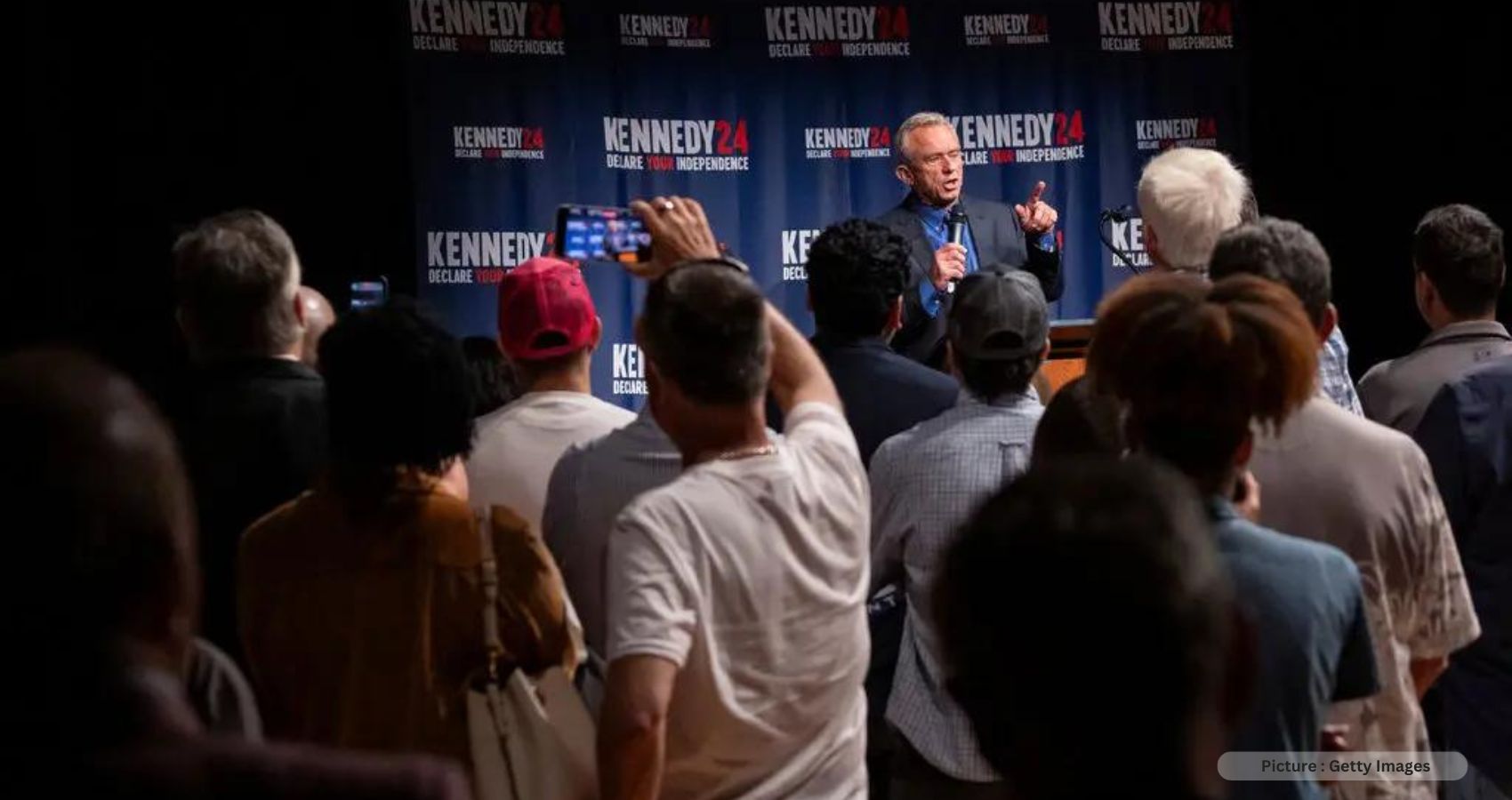
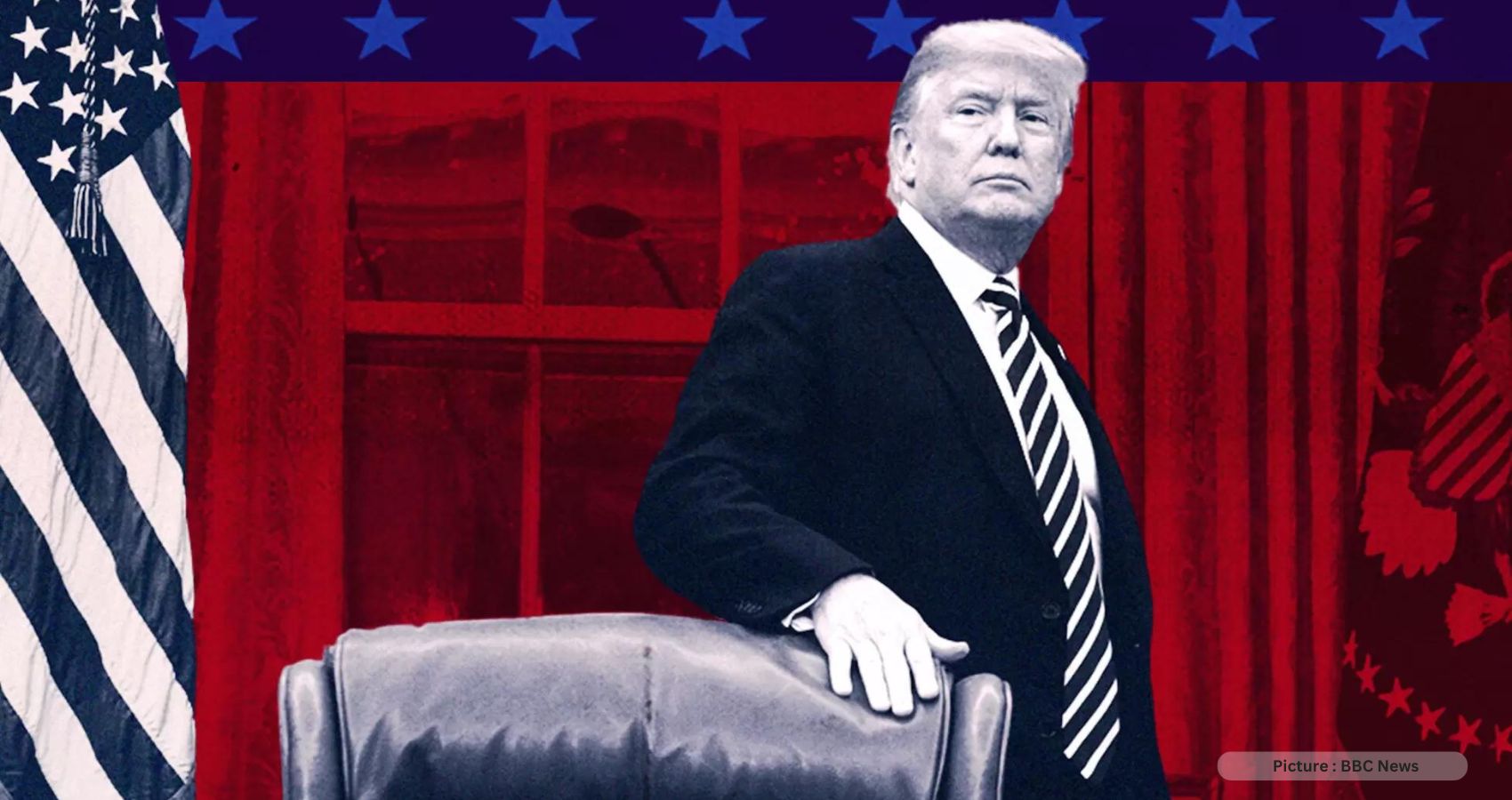
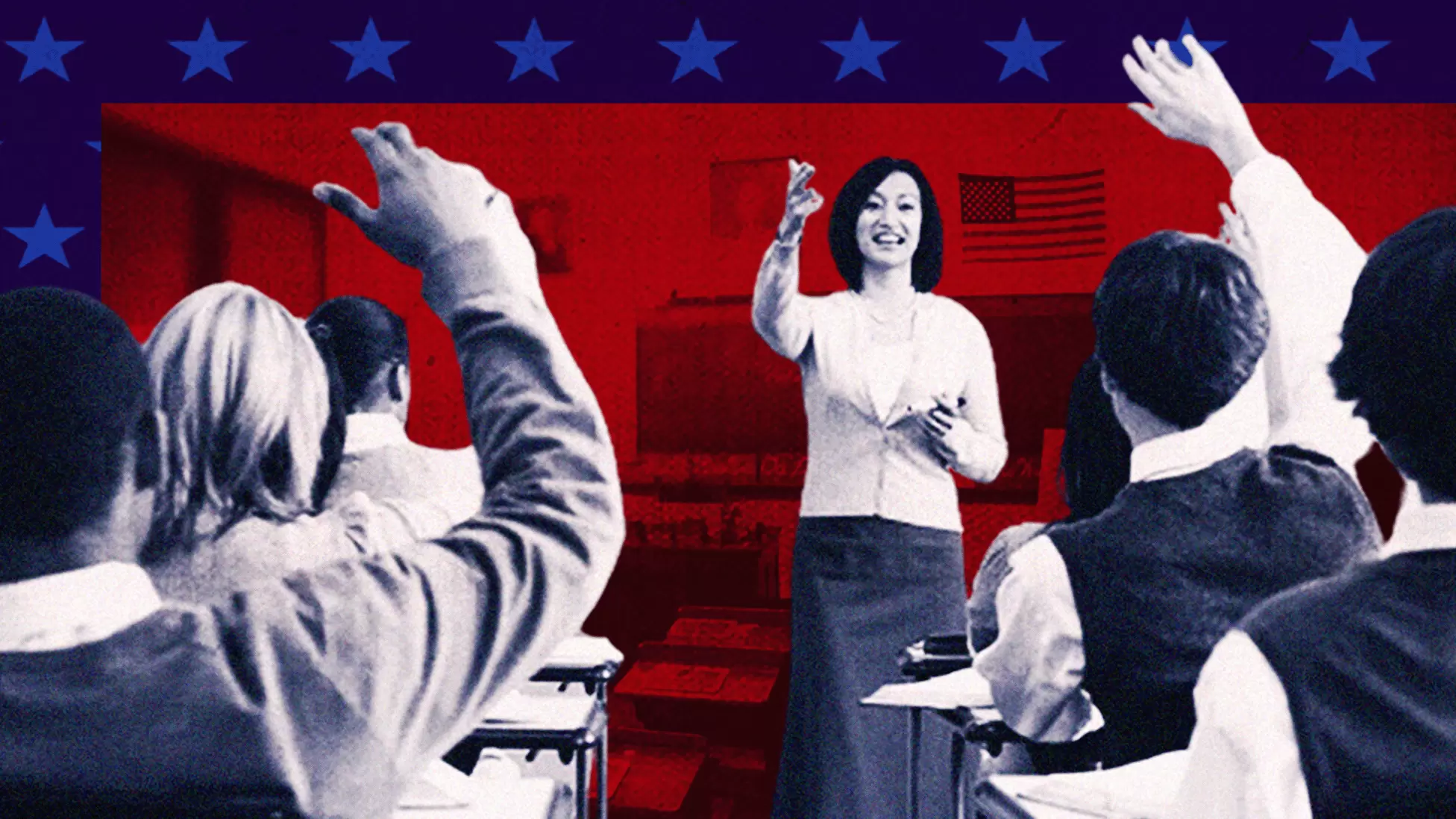
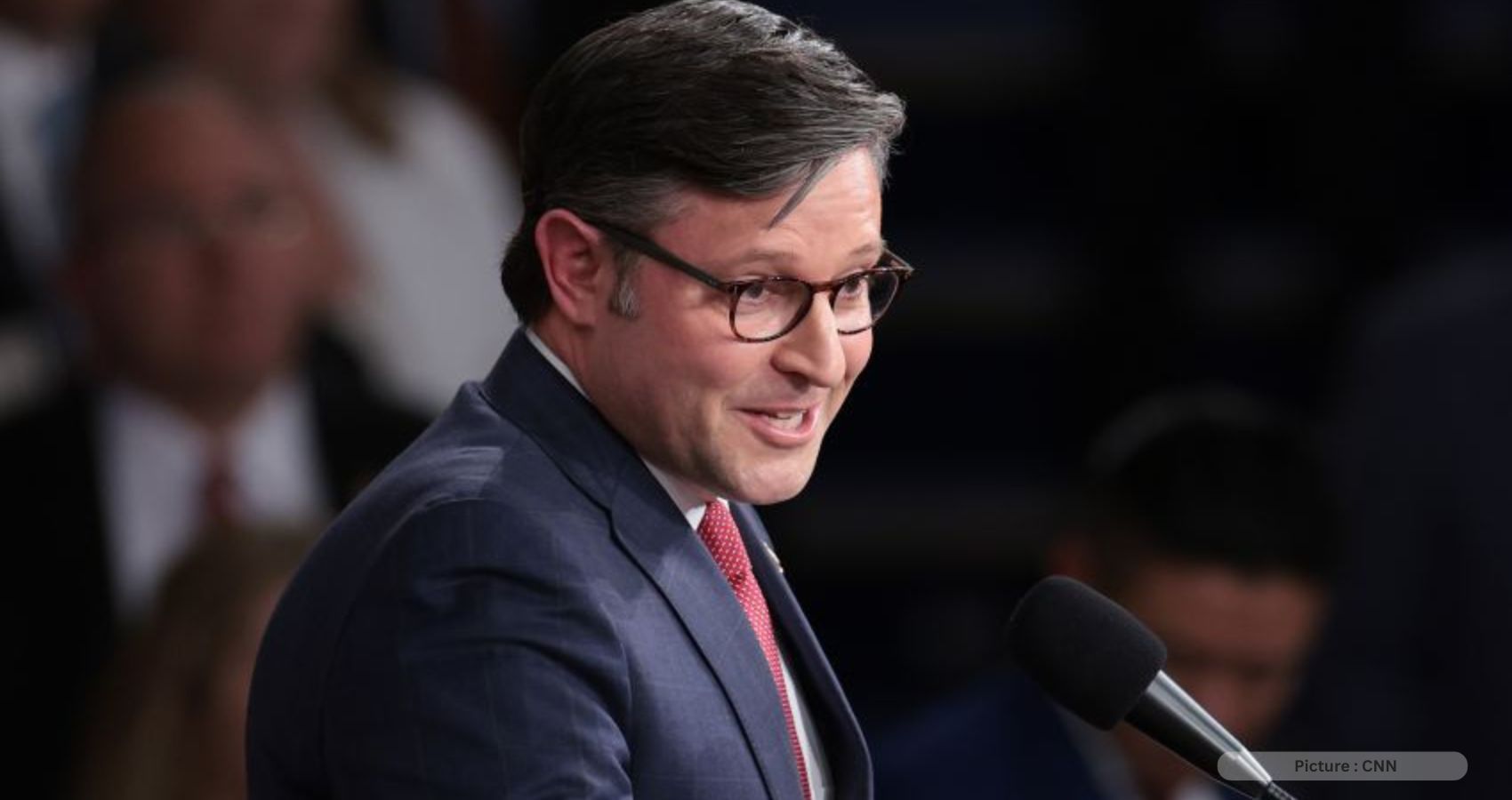

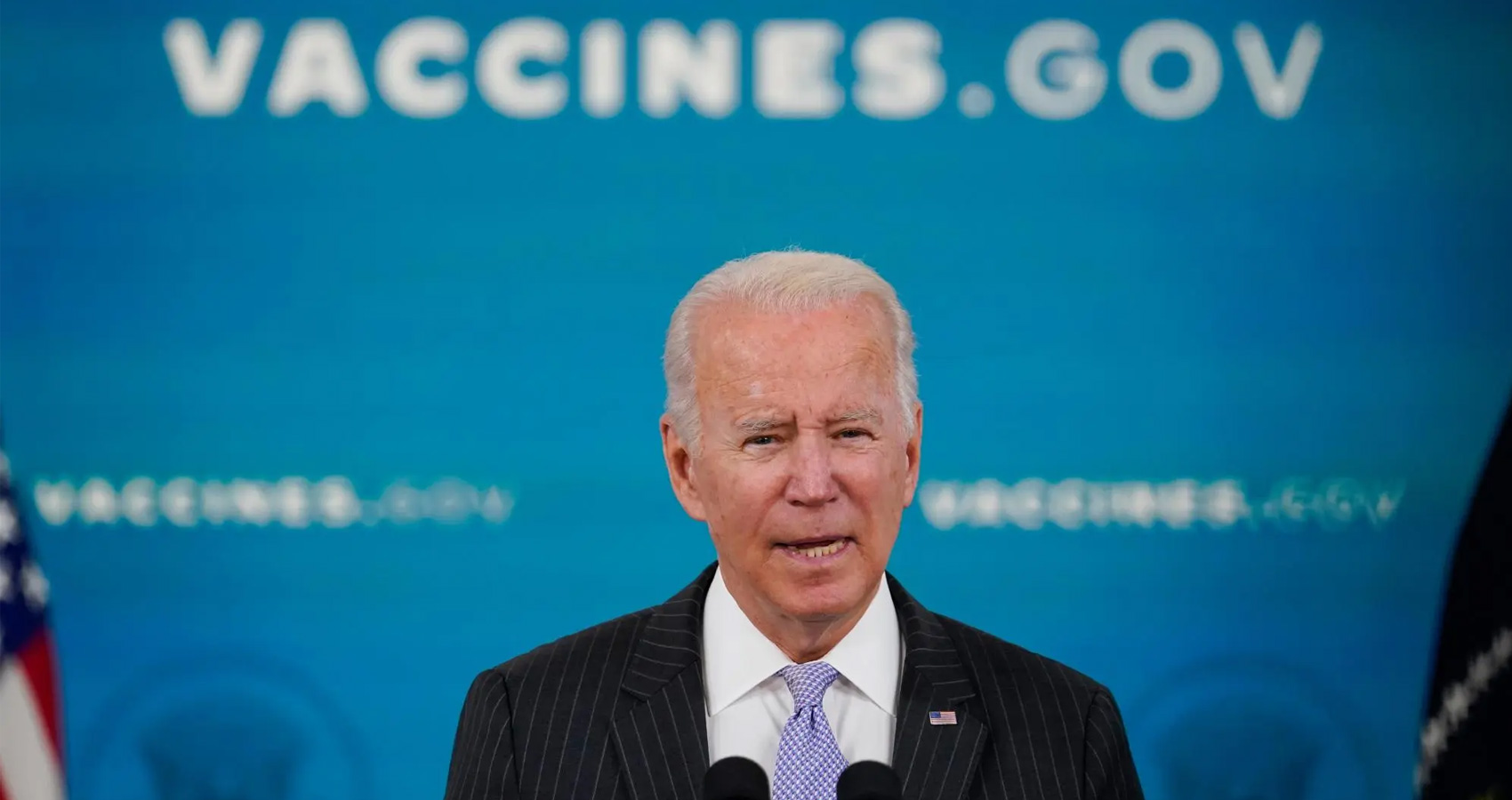
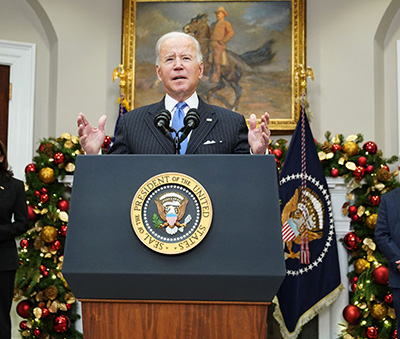 Late last week, the US announced a ban on flights from South Africa, Botswana, Zimbabwe, Namibia, Lesotho, Eswatini, Mozambique and Malawi. Canada, the UK and the EU and other countries have also restricted travel from southern Africa.
Late last week, the US announced a ban on flights from South Africa, Botswana, Zimbabwe, Namibia, Lesotho, Eswatini, Mozambique and Malawi. Canada, the UK and the EU and other countries have also restricted travel from southern Africa.
 Voters also made history in electing as vice president Kamala Devi Harris, 56, a senator from California and daughter of Jamaican and Indian immigrants who will become the country’s first woman, first Black person and first Asian American to hold the No. 2 job.In a prime-time speech to flag-waving supporters outside the Chase Center in Wilmington, Biden made no mention of Trump’s intransigence, instead offering an olive branch to the president’s supporters and imploring all Americans to “put away the harsh rhetoric” and end “this grim era of demonization.”
Voters also made history in electing as vice president Kamala Devi Harris, 56, a senator from California and daughter of Jamaican and Indian immigrants who will become the country’s first woman, first Black person and first Asian American to hold the No. 2 job.In a prime-time speech to flag-waving supporters outside the Chase Center in Wilmington, Biden made no mention of Trump’s intransigence, instead offering an olive branch to the president’s supporters and imploring all Americans to “put away the harsh rhetoric” and end “this grim era of demonization.”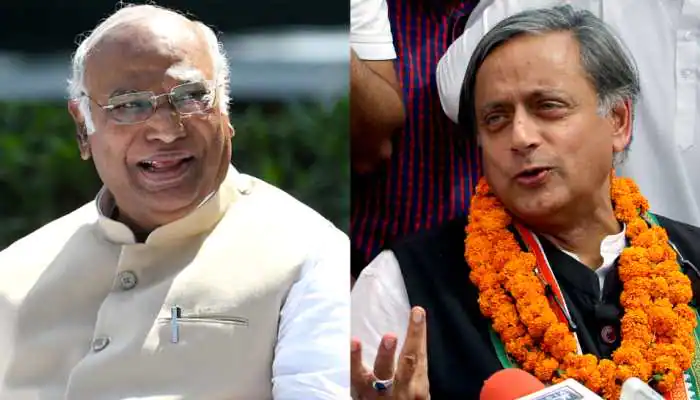

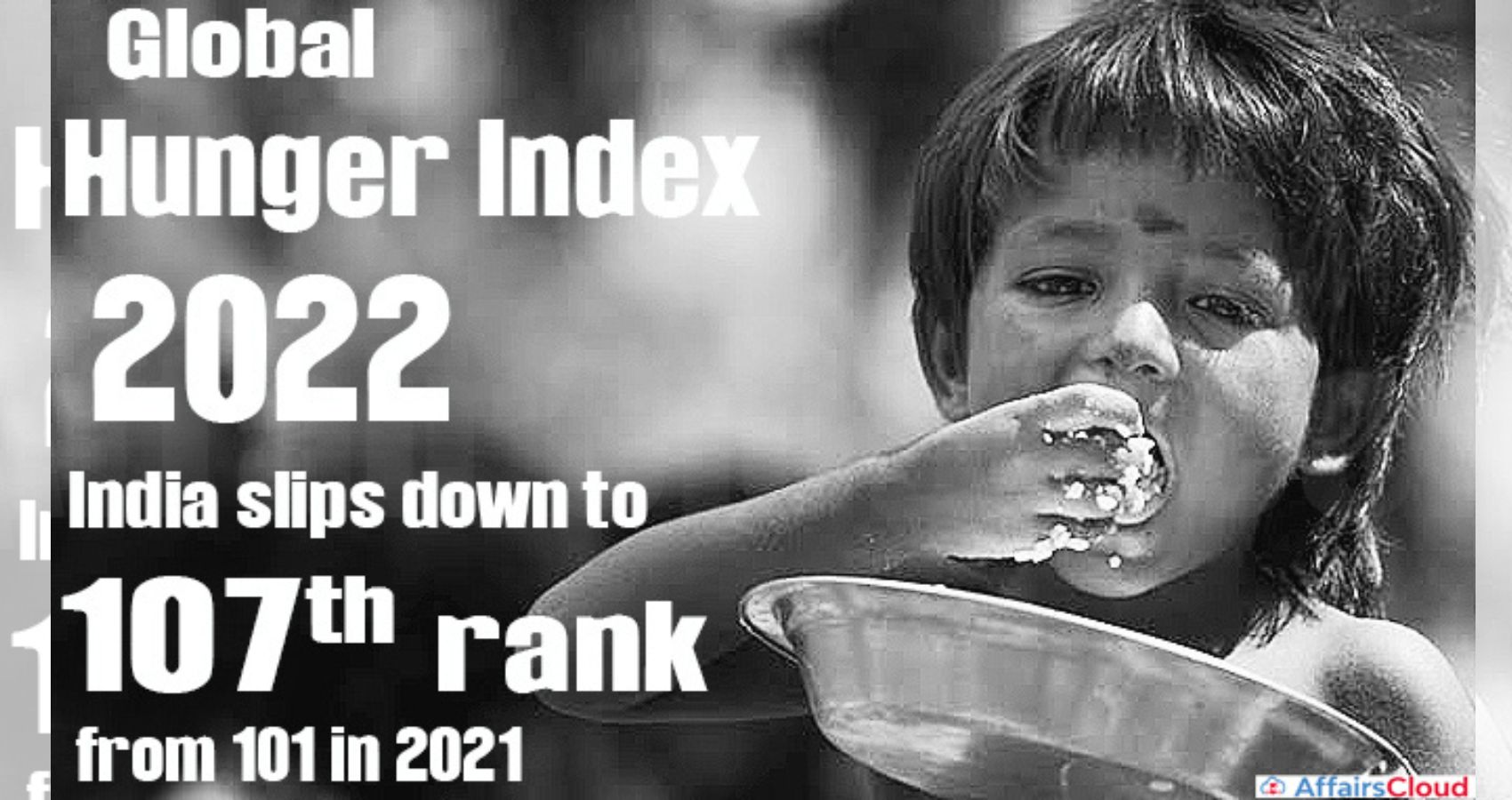
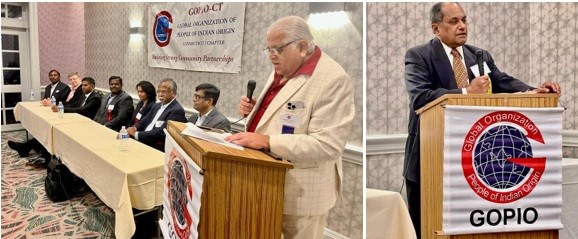

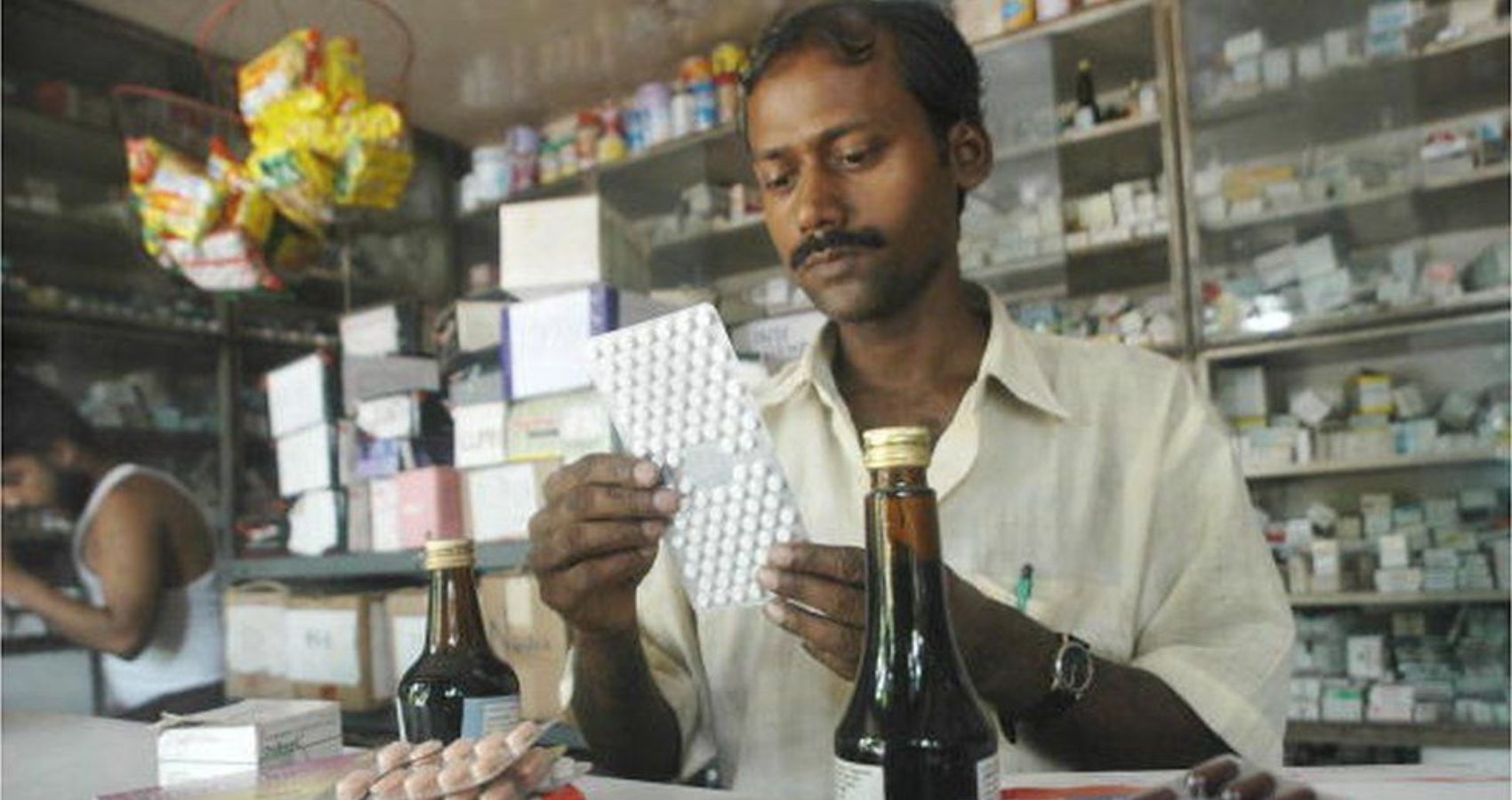

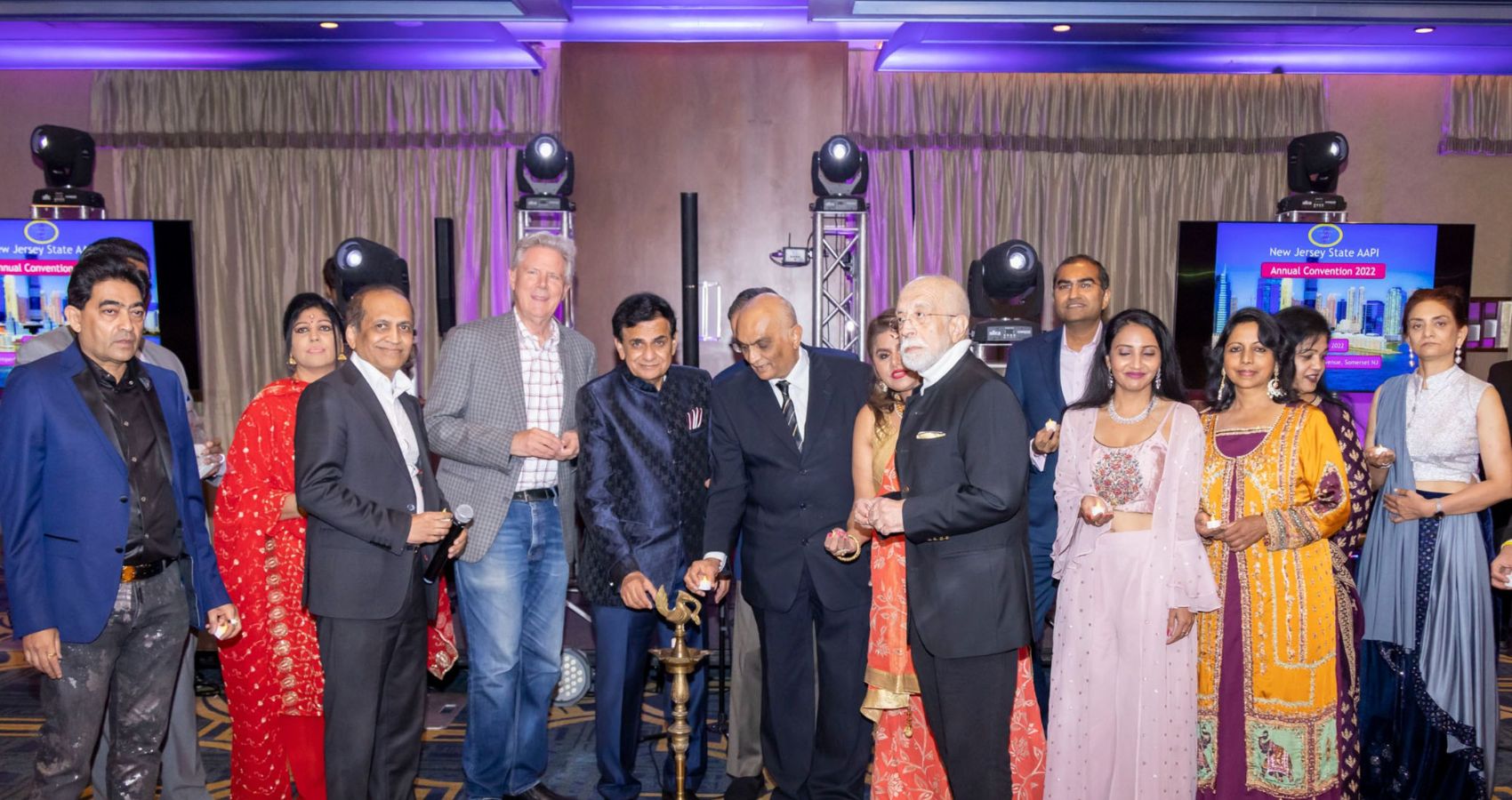

 Featuring user-generated content from campaign staff, supporters and others, the ad will run on Youtube and Facebook in nine battleground states including Arizona, Florida, Michigan, Minnesota, Nevada, North Carolina, Pennsylvania, Virginia, and Wisconsin.“English is not the primary language for many eligible AAPI voters, so we wanted to speak with them respectfully in their mother tongue,” said Yena Oh, Biden for President Senior Video Editor and Korean-American. “We know how important it is to resonate and engage with our own community where they are — across different platforms using multiple languages.”
Featuring user-generated content from campaign staff, supporters and others, the ad will run on Youtube and Facebook in nine battleground states including Arizona, Florida, Michigan, Minnesota, Nevada, North Carolina, Pennsylvania, Virginia, and Wisconsin.“English is not the primary language for many eligible AAPI voters, so we wanted to speak with them respectfully in their mother tongue,” said Yena Oh, Biden for President Senior Video Editor and Korean-American. “We know how important it is to resonate and engage with our own community where they are — across different platforms using multiple languages.”
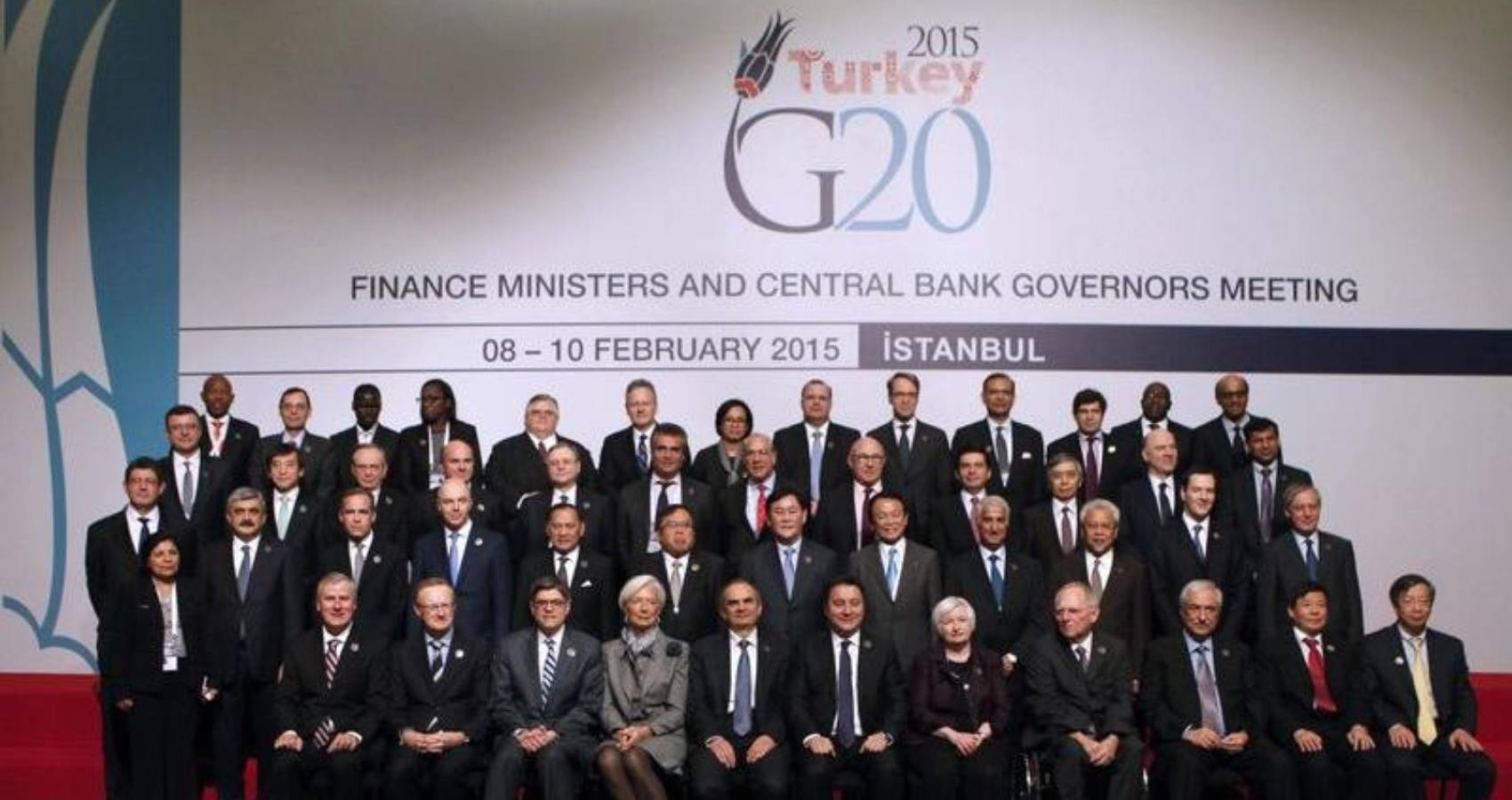
 In his opening remarks, Dr. Gautam Mukunda at The Center for Public Leadership, Harvard Kennedy School, Cambridge, MA, eloquently educated the audience on the history of universal adult franchise in the US, starting with the “fight by the Black Americans for voting rights in the US.” Stating that he had to learn the rising of the Indian Americans through academics, took the audience down the memory lane, when the 1st Indian American, Dalip Singh Saund to be elected to the US Congress in the 1950s. Referring to the pioneers of Color who had fought for equal rights and freedom, he said, “We could not be where we are today, if they did not fight for equal rights for all. There is no better way than running for office,” he said. Pointing to the many Speakers (Indian American Candidates Running for State Elective Offices in the Northeast of the United States), he said, “Everyone of you gives me hope. People in US believe that Indian Americans are capable of becoming leaders in the nation.”
In his opening remarks, Dr. Gautam Mukunda at The Center for Public Leadership, Harvard Kennedy School, Cambridge, MA, eloquently educated the audience on the history of universal adult franchise in the US, starting with the “fight by the Black Americans for voting rights in the US.” Stating that he had to learn the rising of the Indian Americans through academics, took the audience down the memory lane, when the 1st Indian American, Dalip Singh Saund to be elected to the US Congress in the 1950s. Referring to the pioneers of Color who had fought for equal rights and freedom, he said, “We could not be where we are today, if they did not fight for equal rights for all. There is no better way than running for office,” he said. Pointing to the many Speakers (Indian American Candidates Running for State Elective Offices in the Northeast of the United States), he said, “Everyone of you gives me hope. People in US believe that Indian Americans are capable of becoming leaders in the nation.” Rupande Mehta from New Jersey, a candidate for NJ State Senate District 25, said, “I have been working in my community for long, which needs a new leader, who can represents our values of my state and my constituents.” Describing his life as “My story is a story of dreams. Coming from Mumbai, seeking freedom, I am running for office, because representation matters.” If elected she will be the first person of South Asian to be elected from his District. “I am ready to take on the most conservative, who has no regard for public safety,” Mehta added.
Rupande Mehta from New Jersey, a candidate for NJ State Senate District 25, said, “I have been working in my community for long, which needs a new leader, who can represents our values of my state and my constituents.” Describing his life as “My story is a story of dreams. Coming from Mumbai, seeking freedom, I am running for office, because representation matters.” If elected she will be the first person of South Asian to be elected from his District. “I am ready to take on the most conservative, who has no regard for public safety,” Mehta added. 